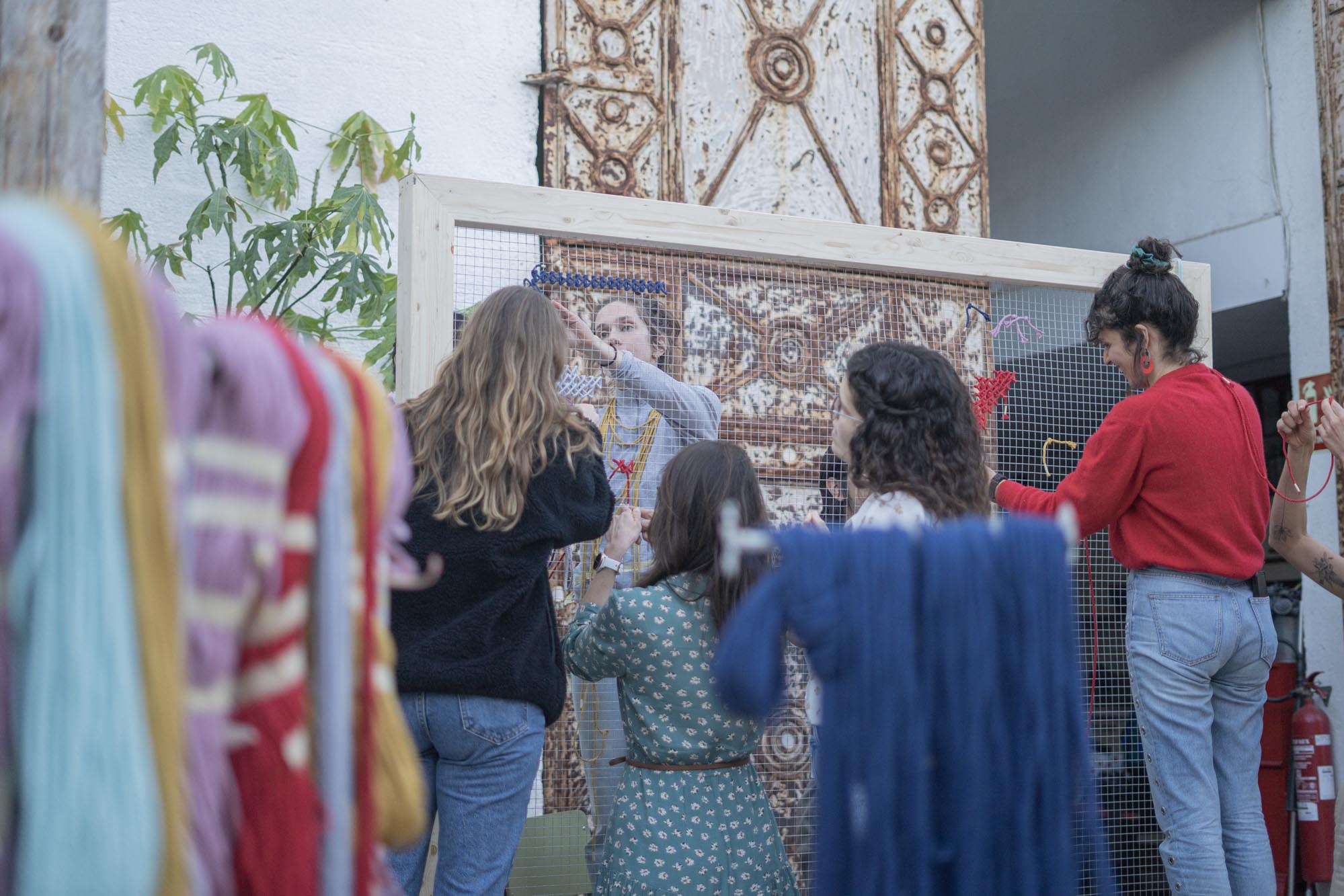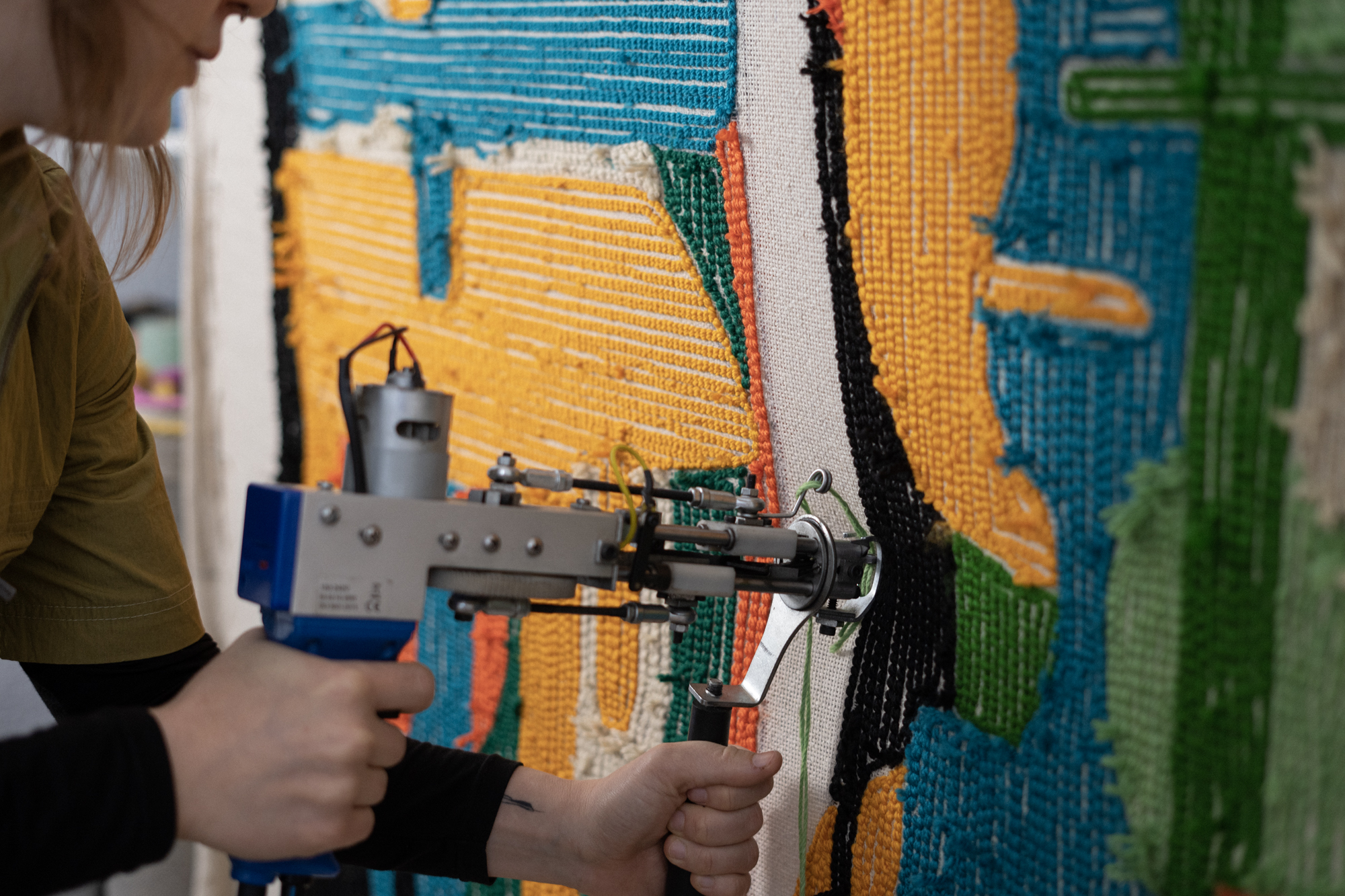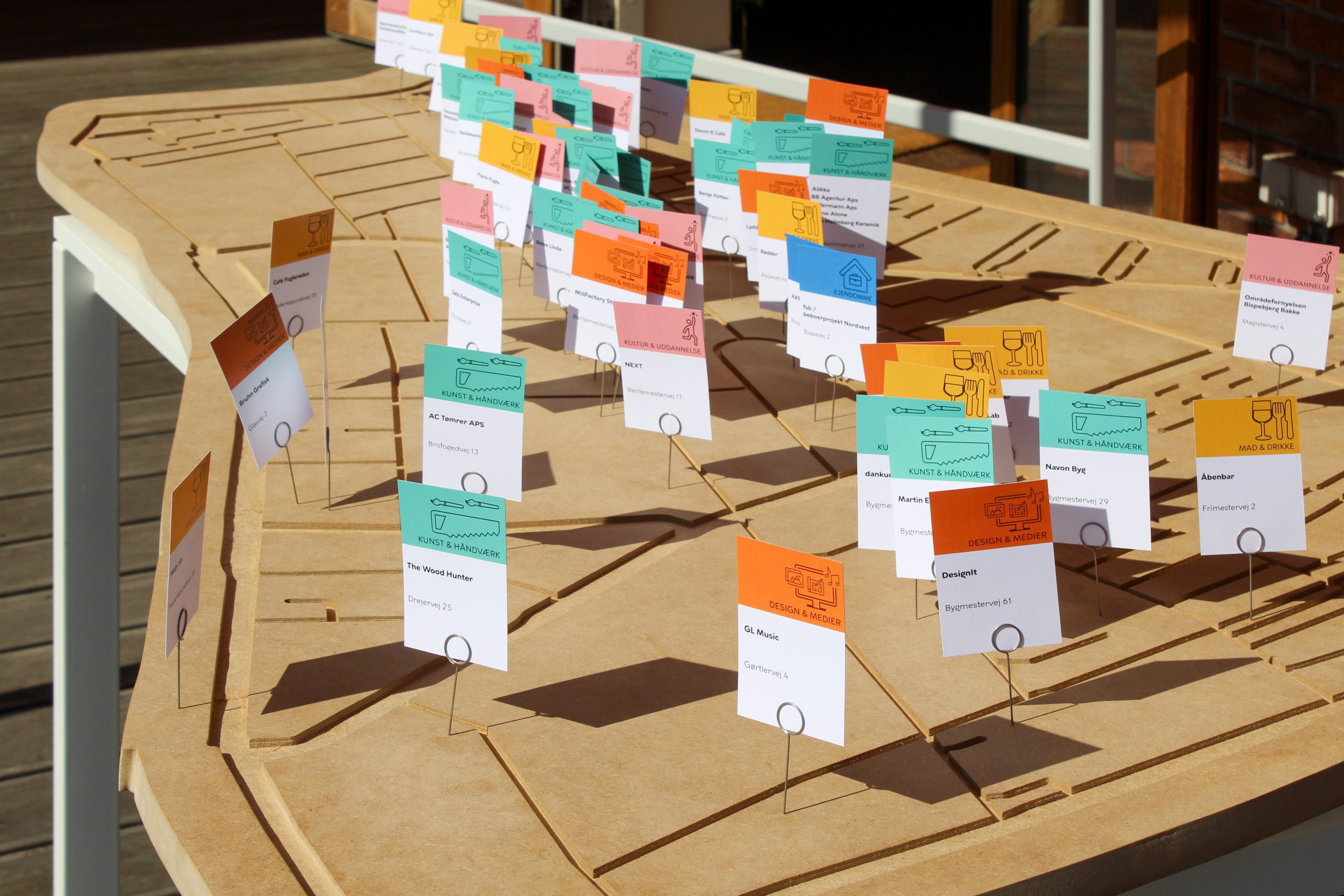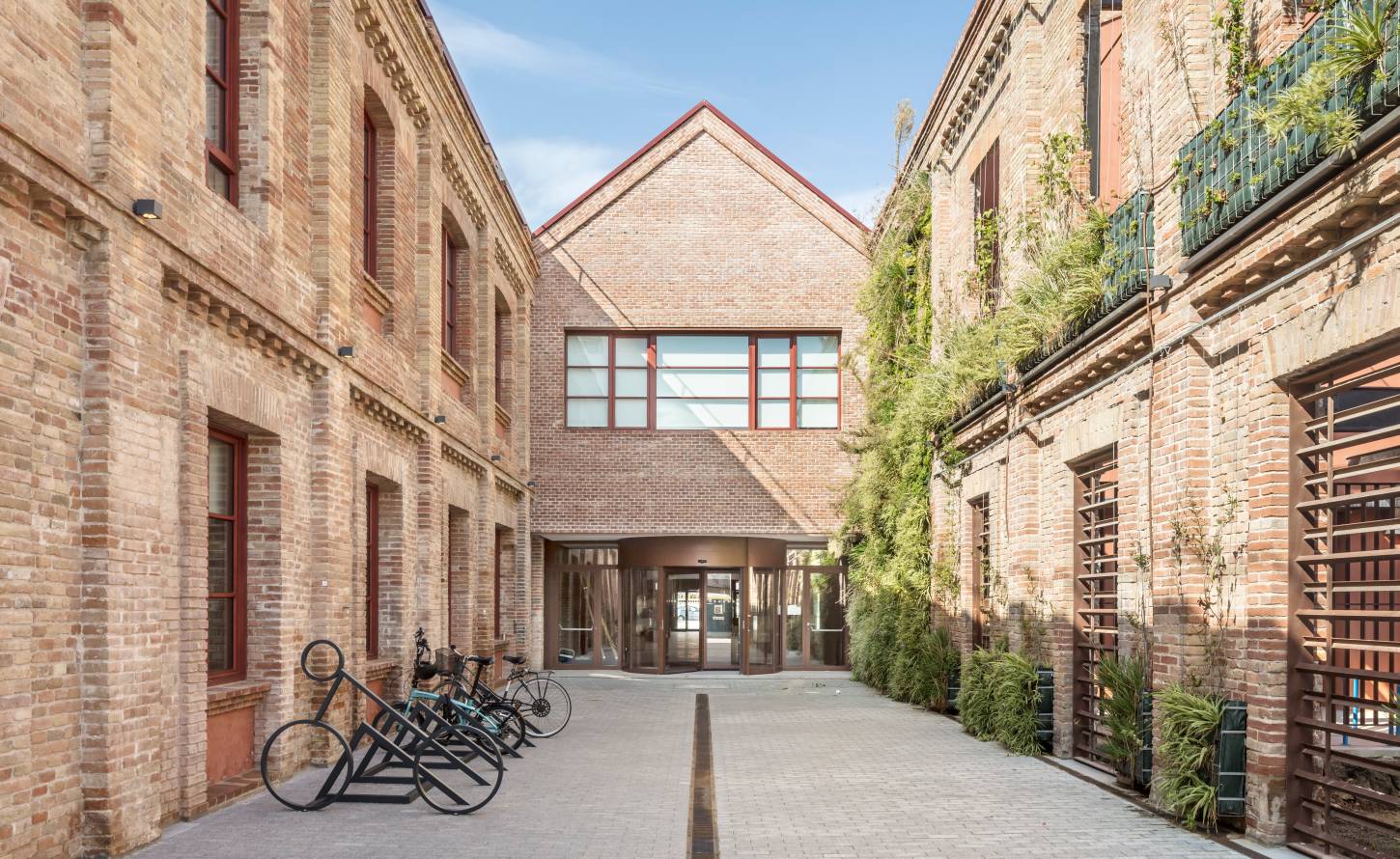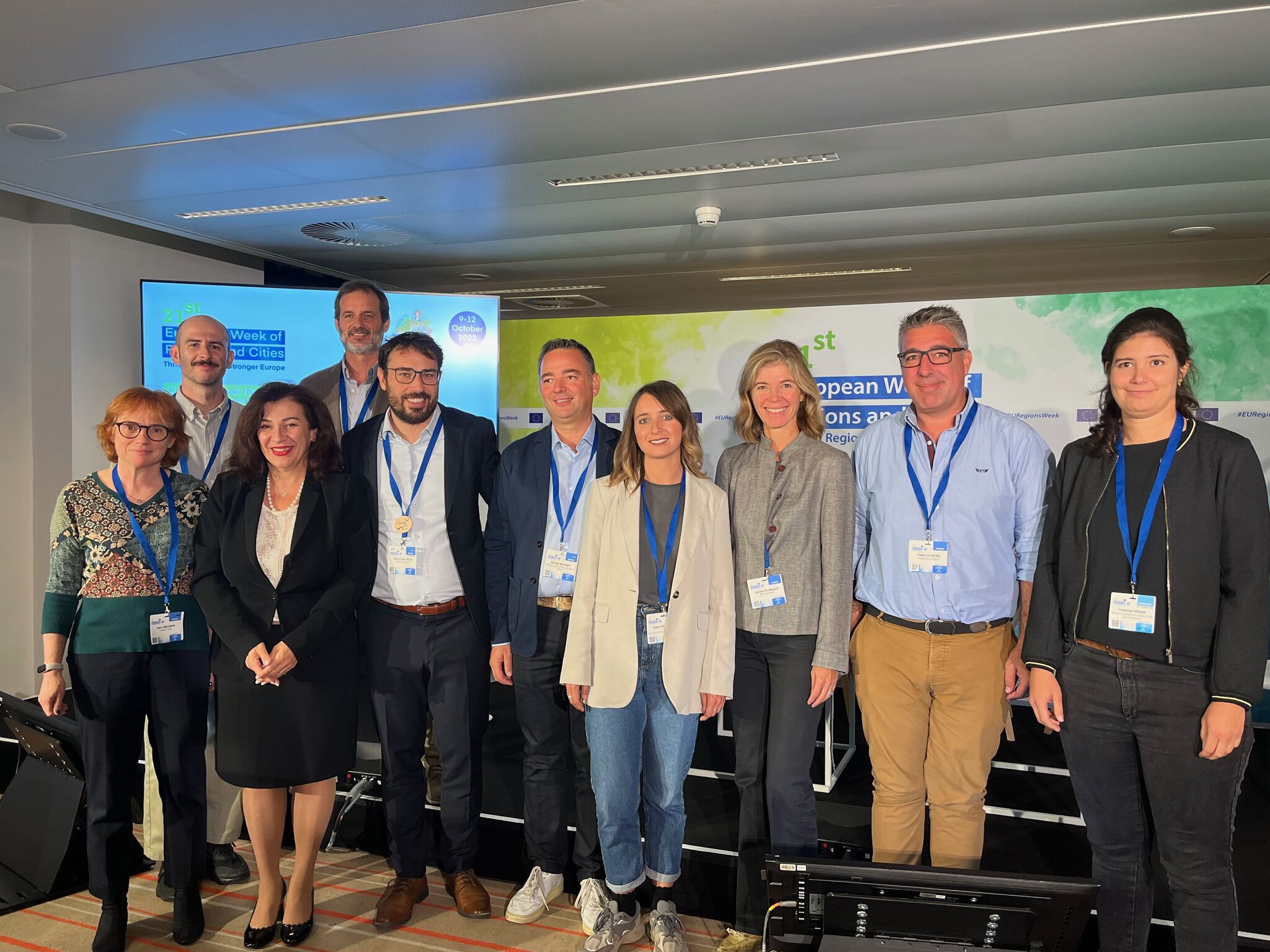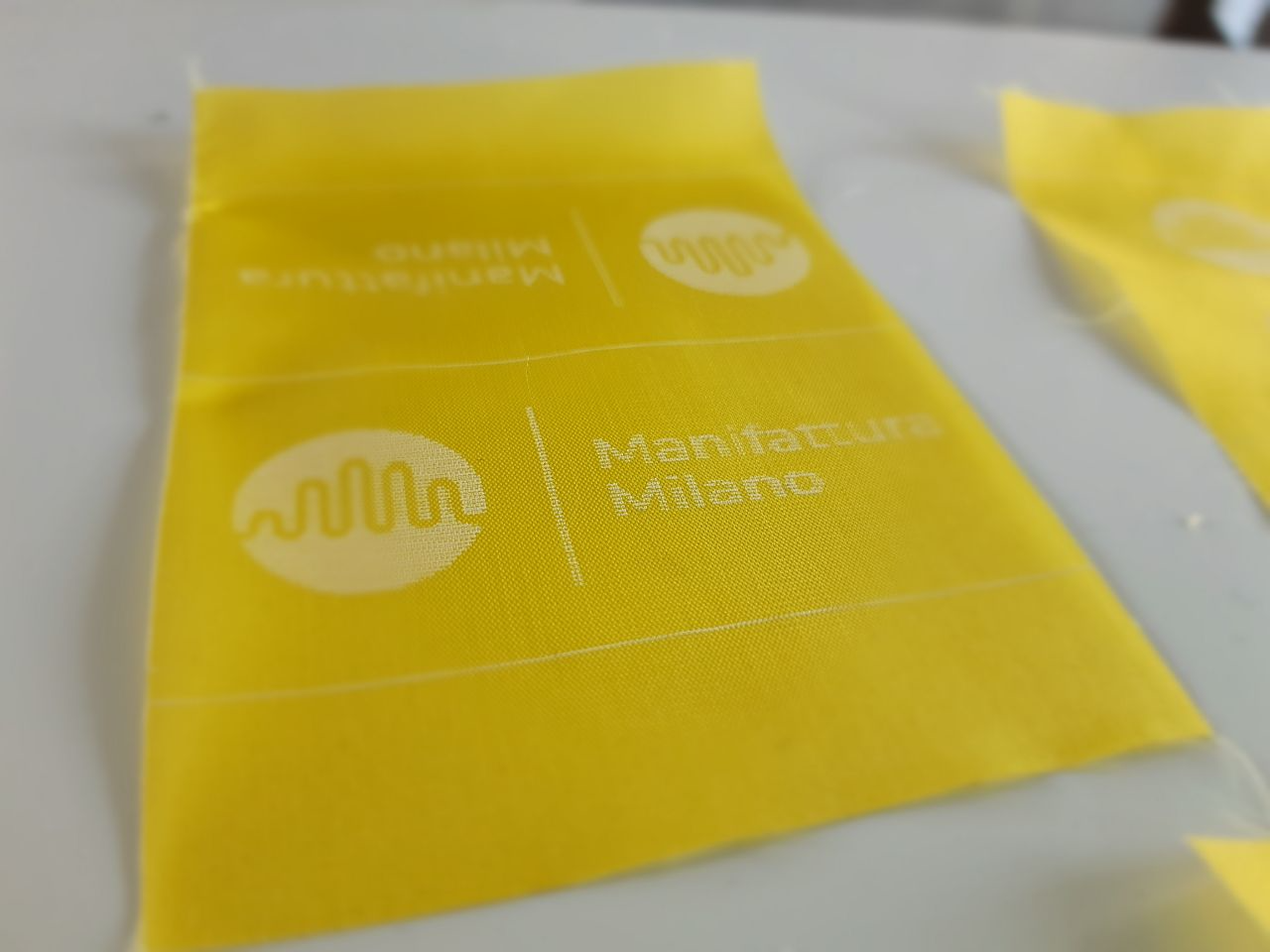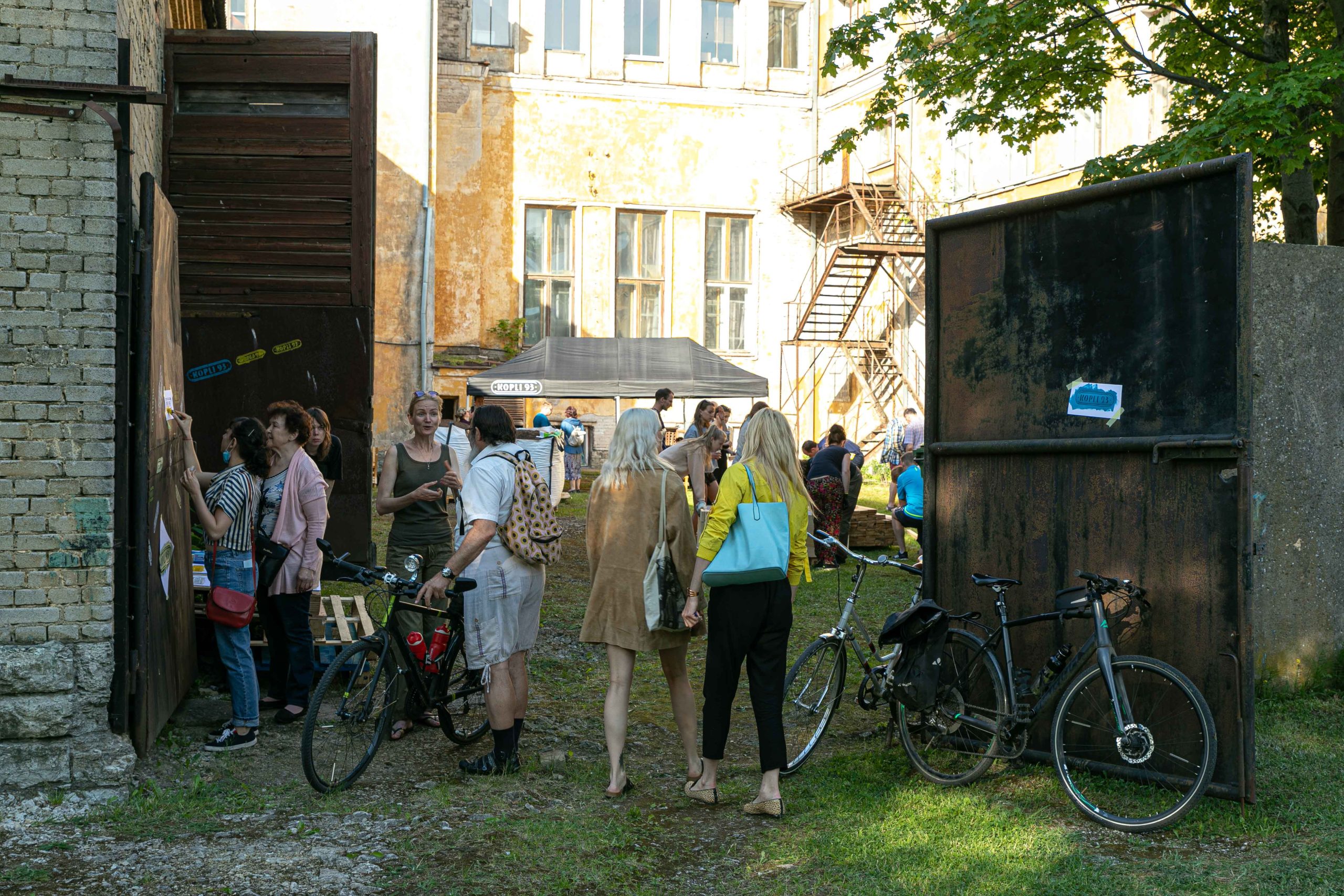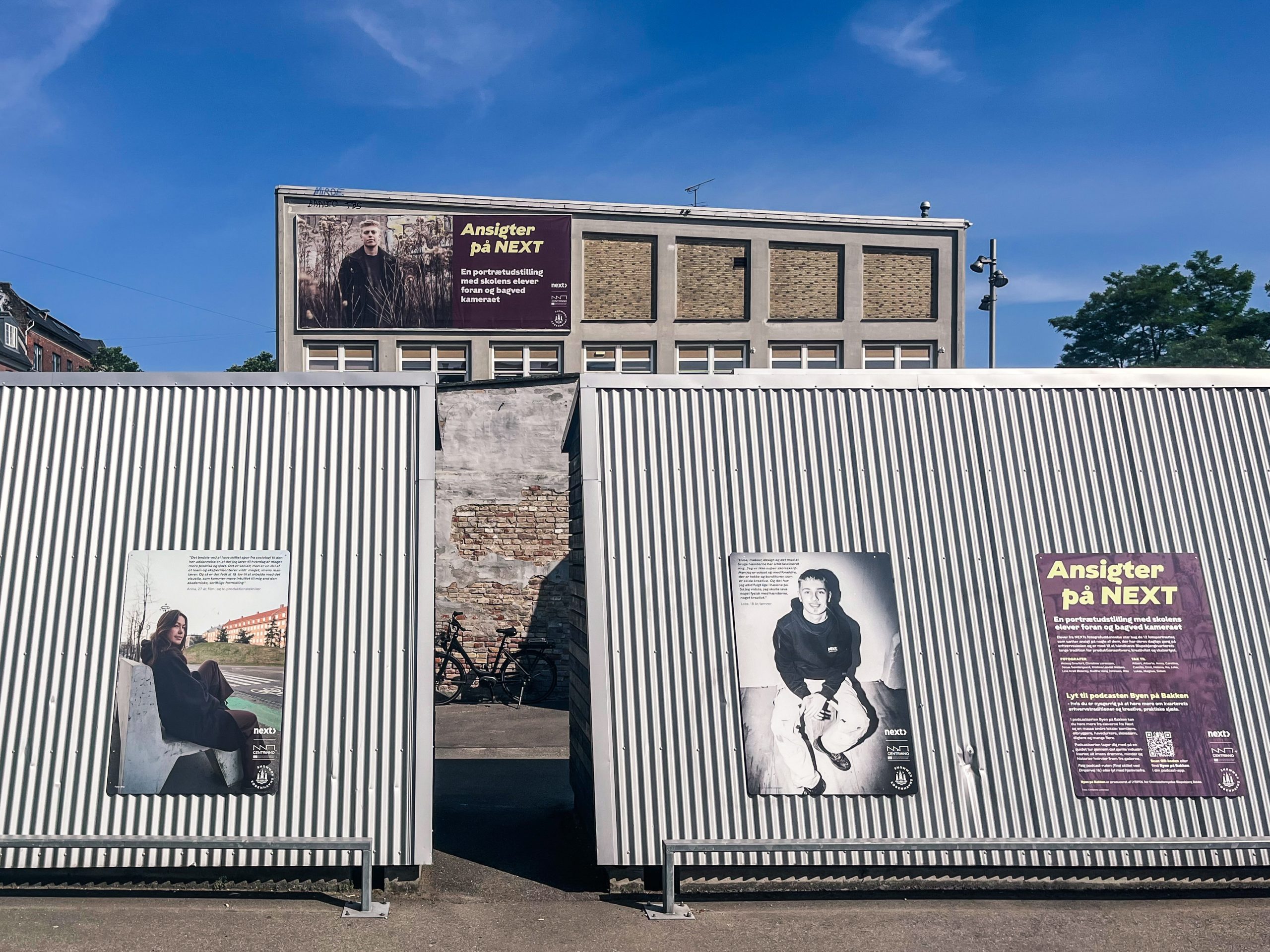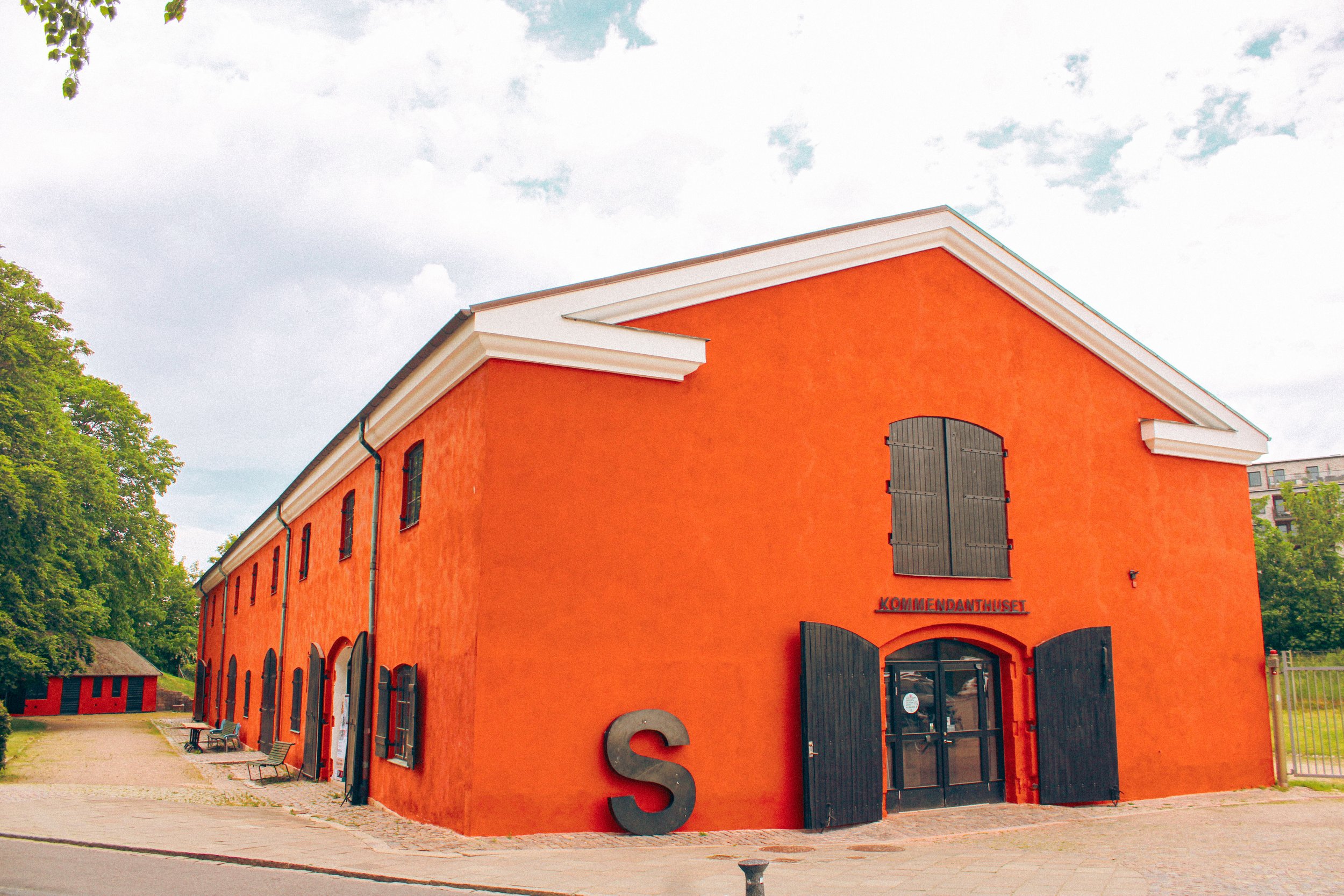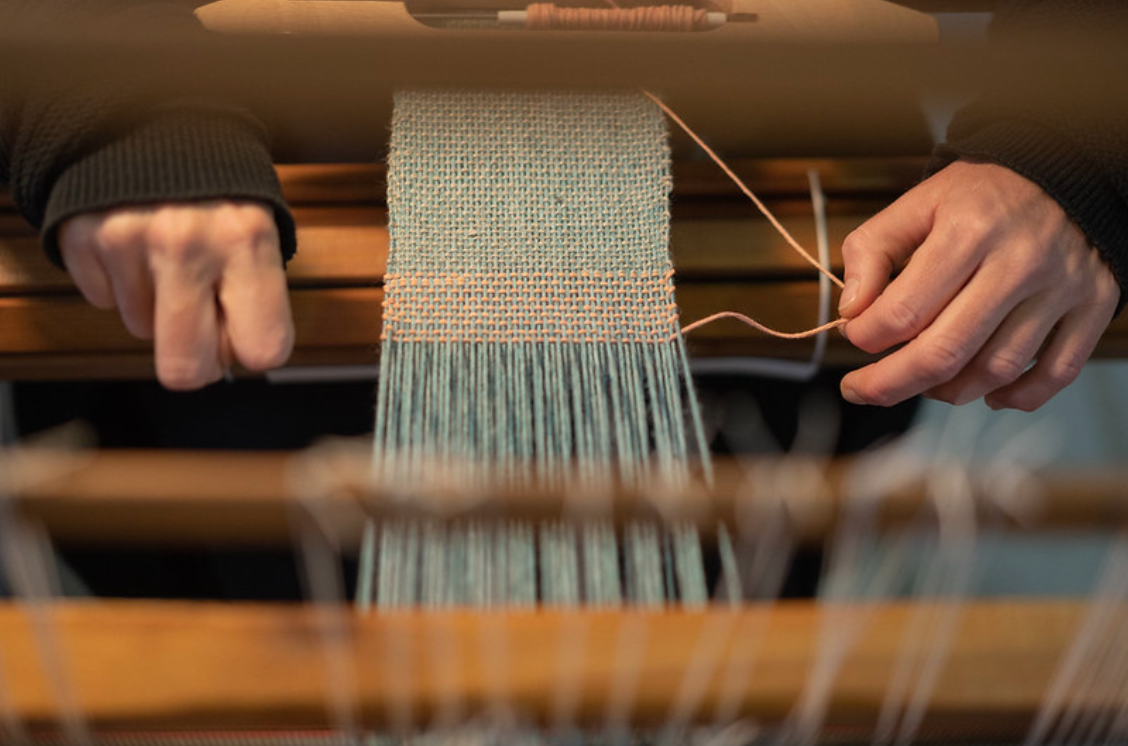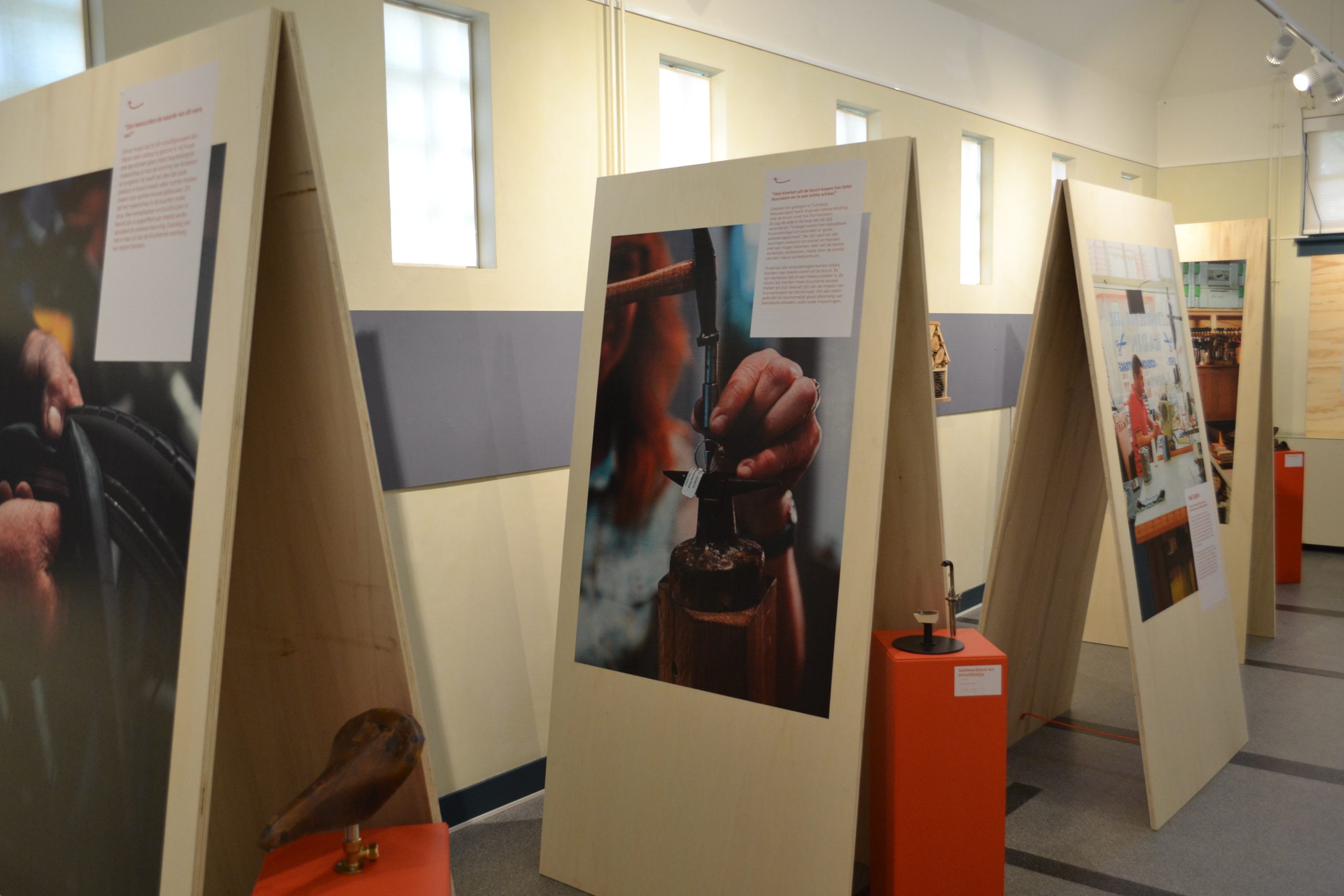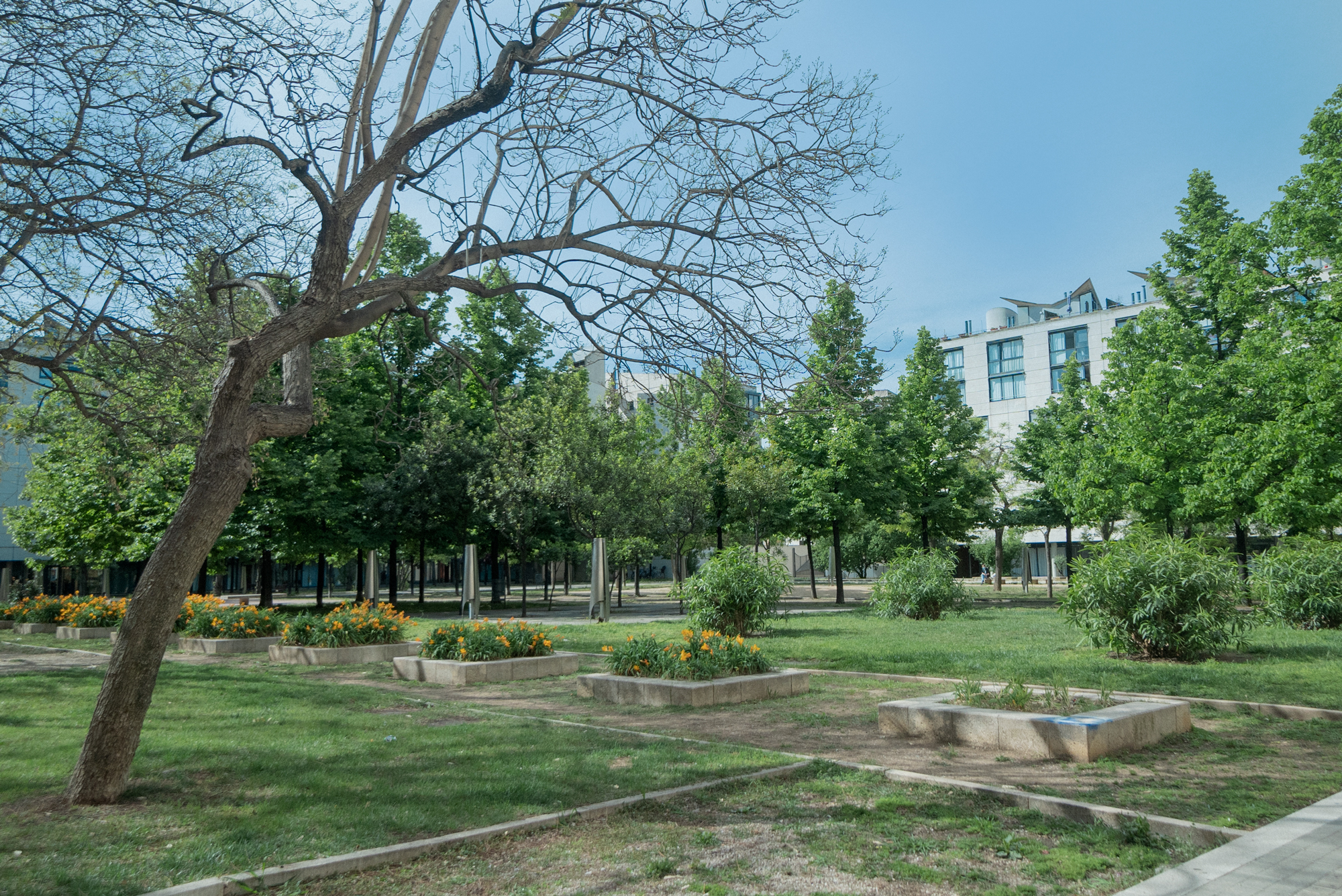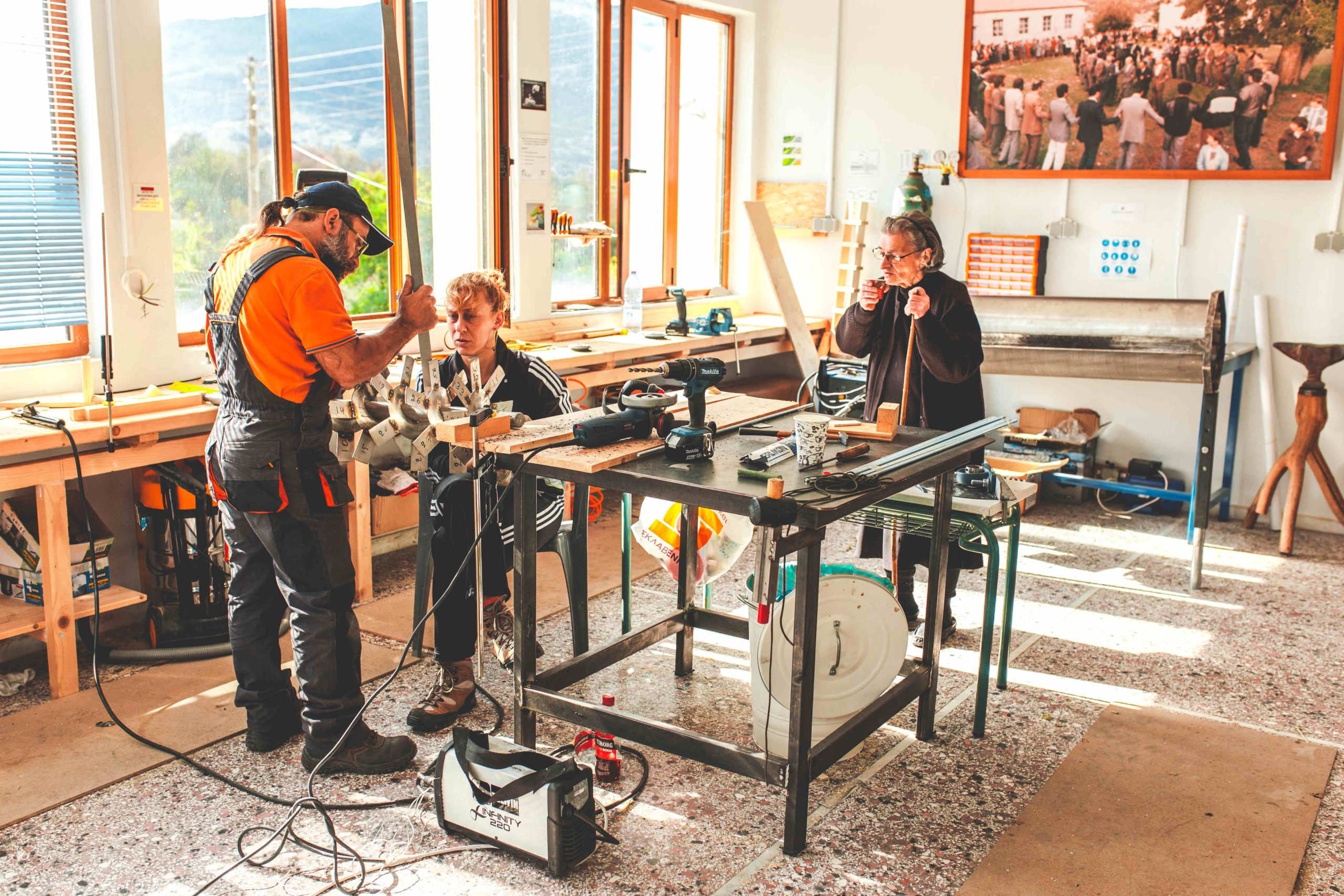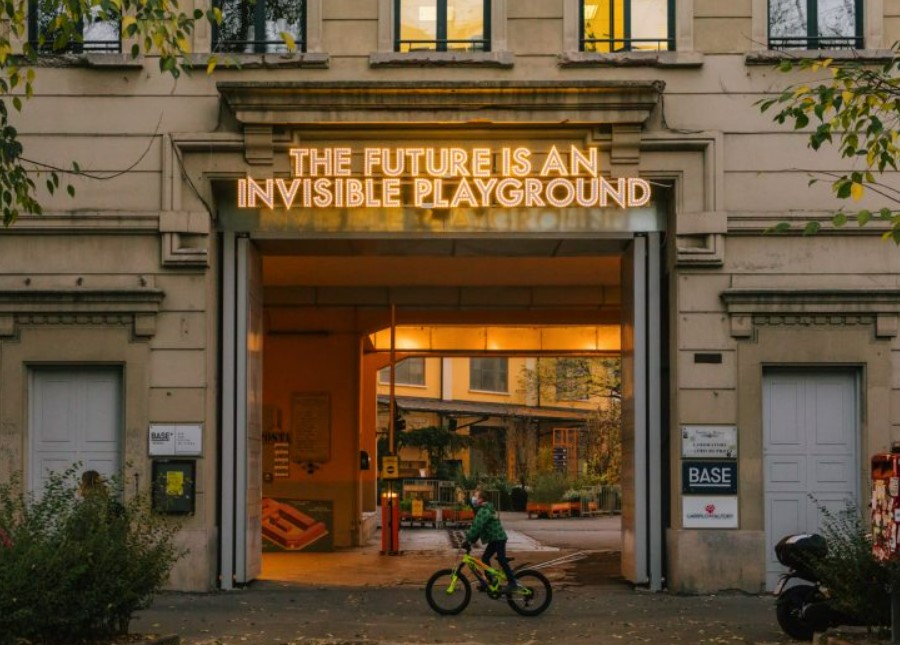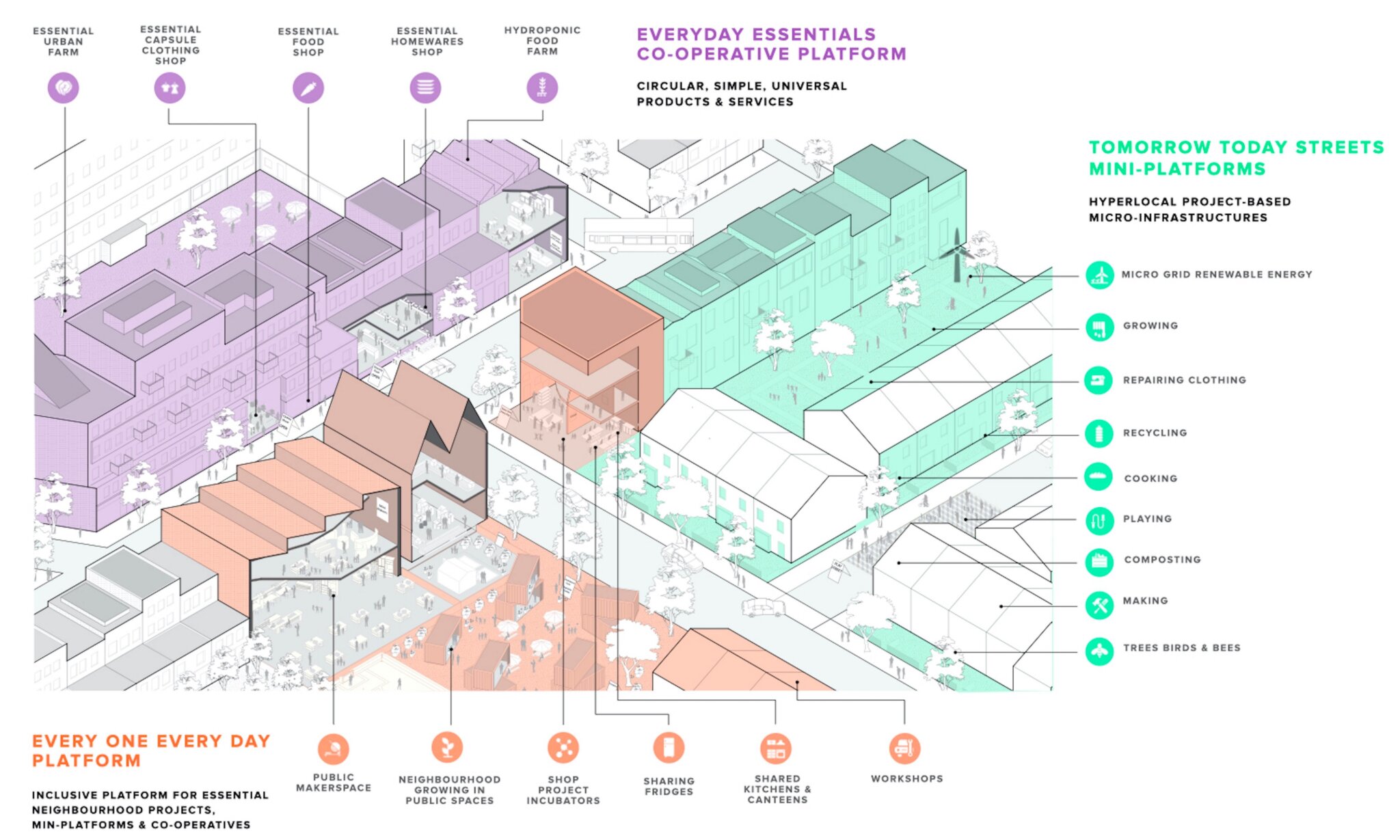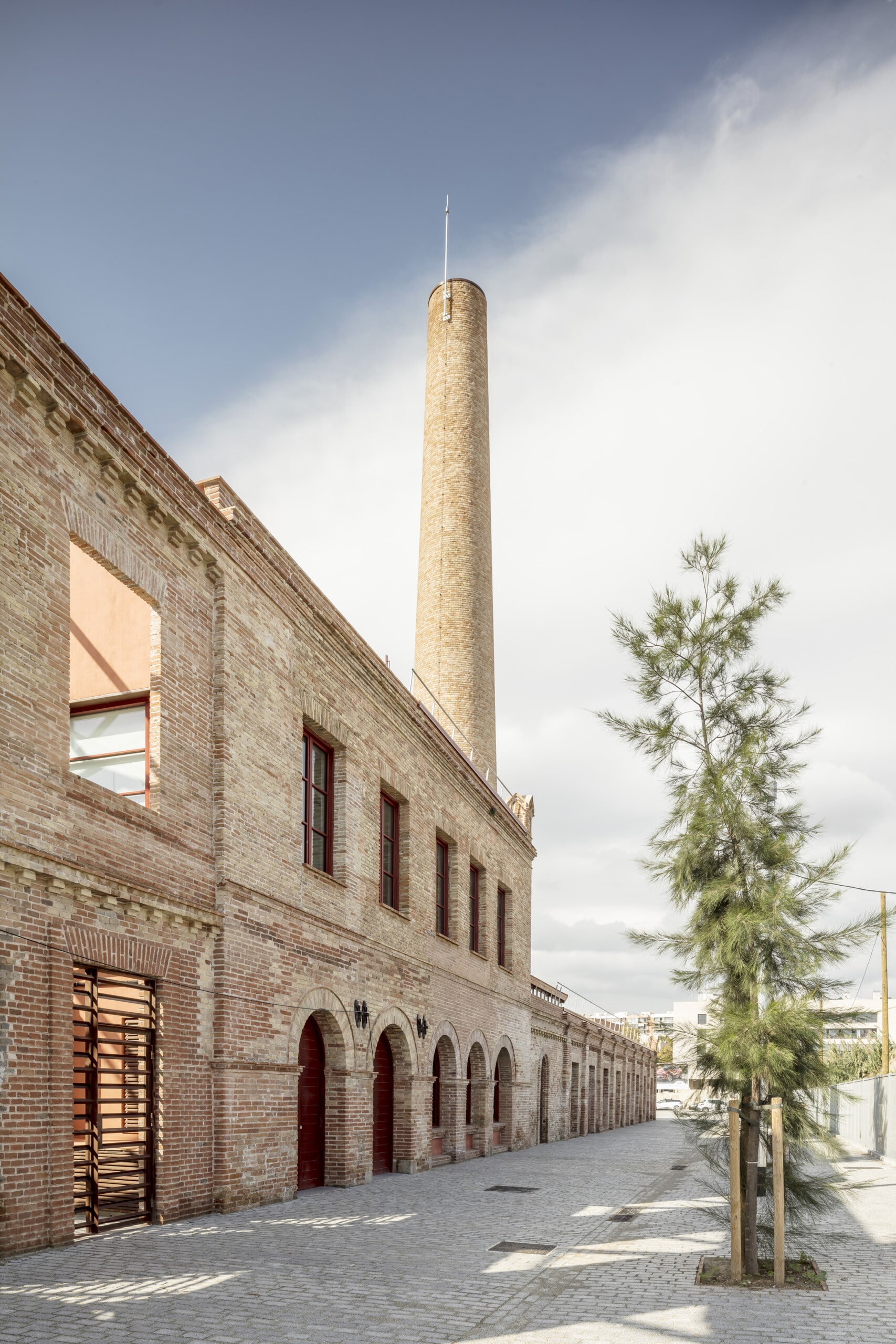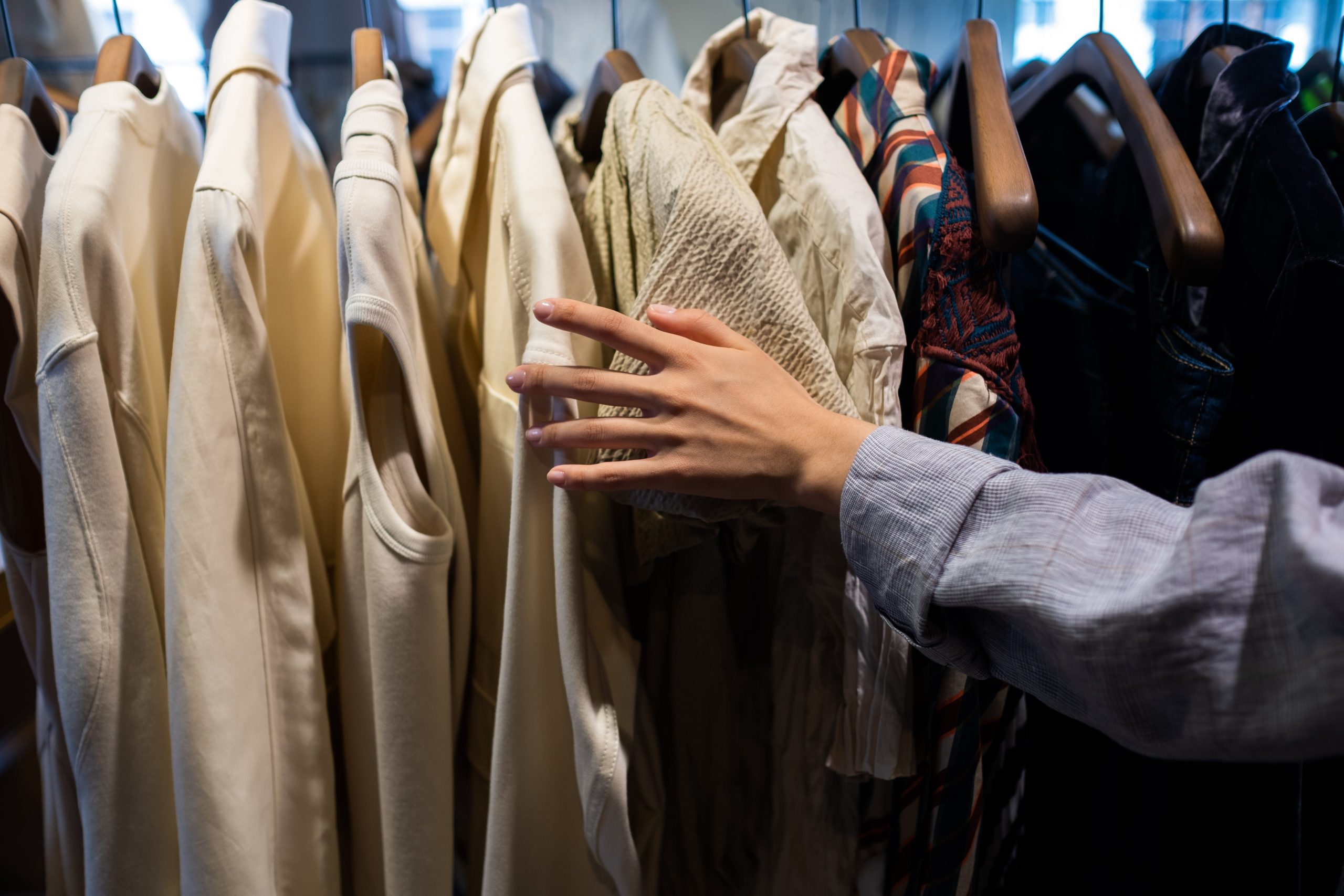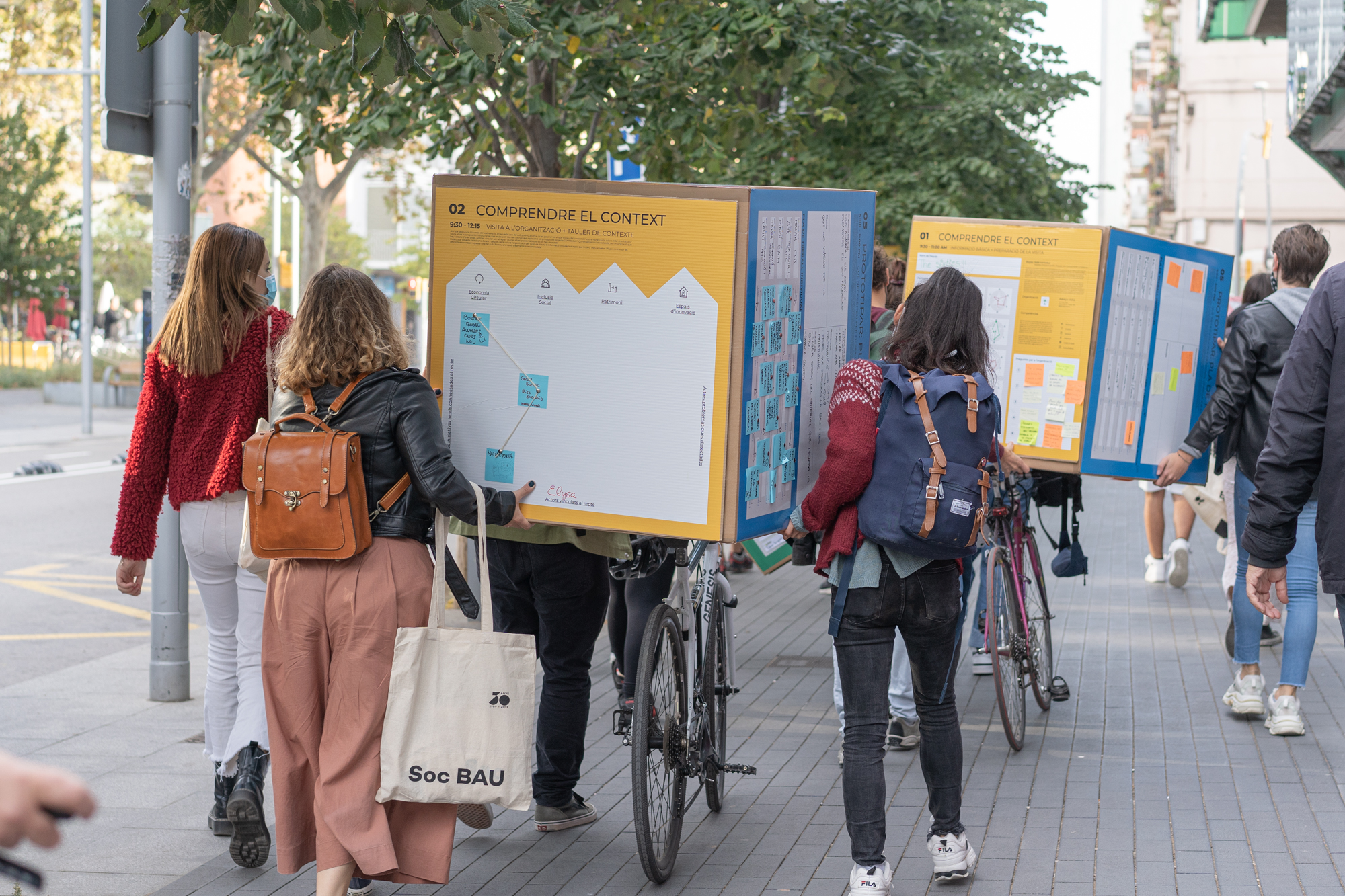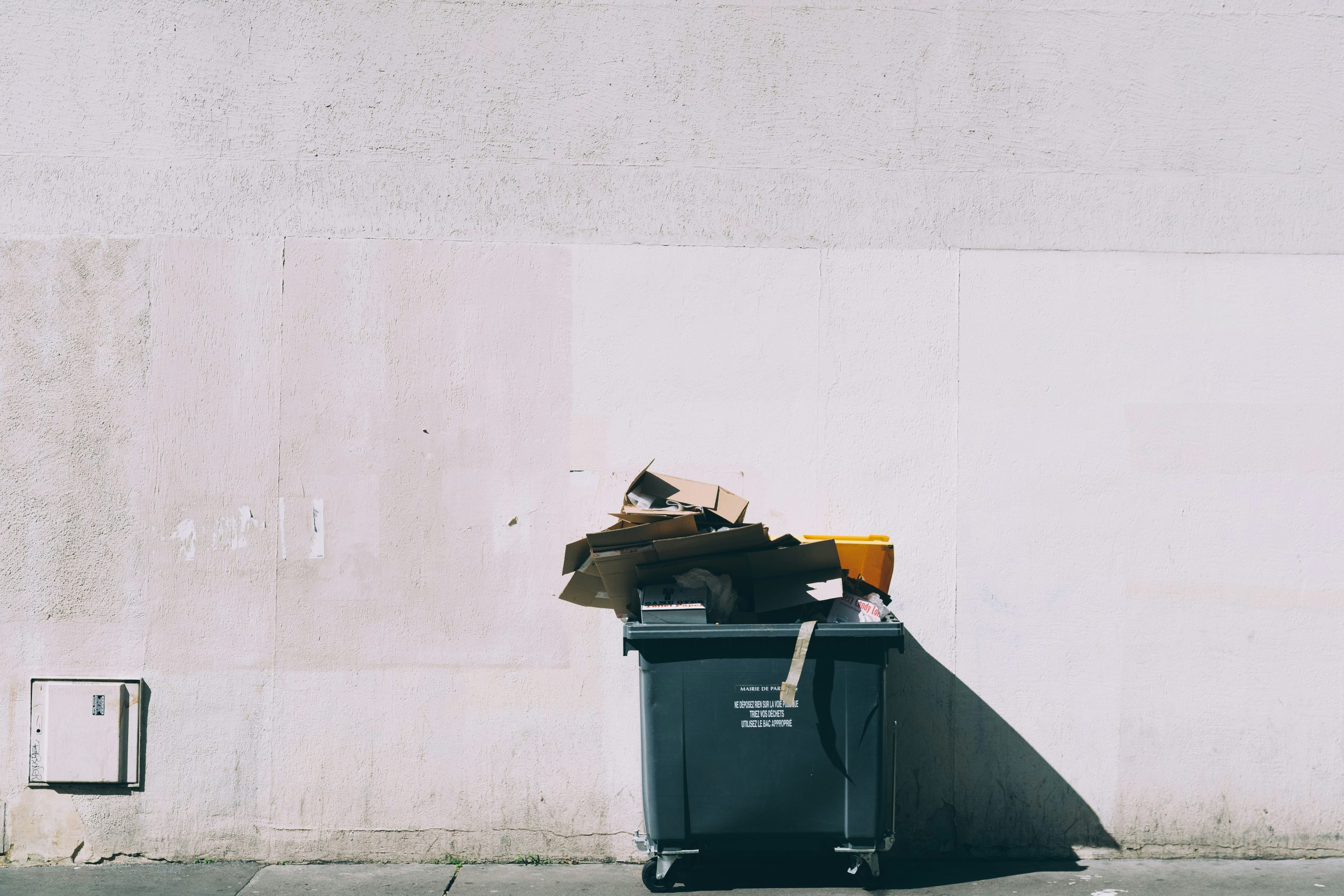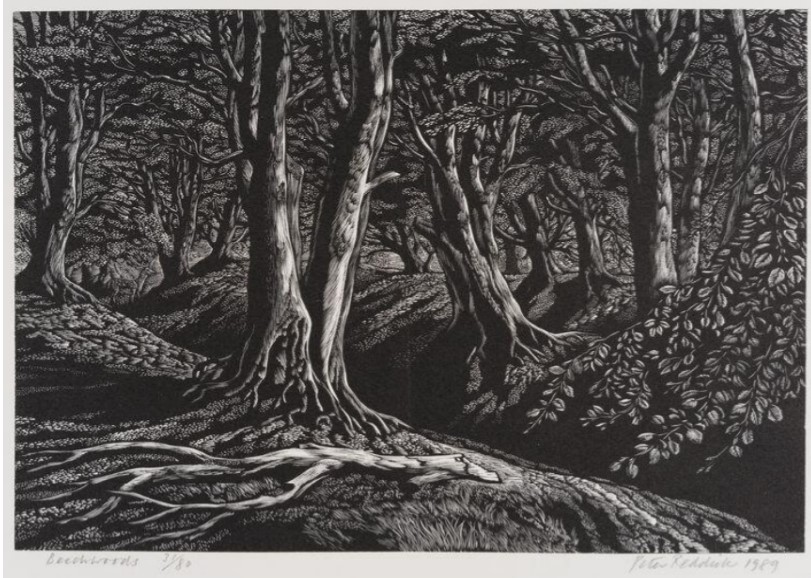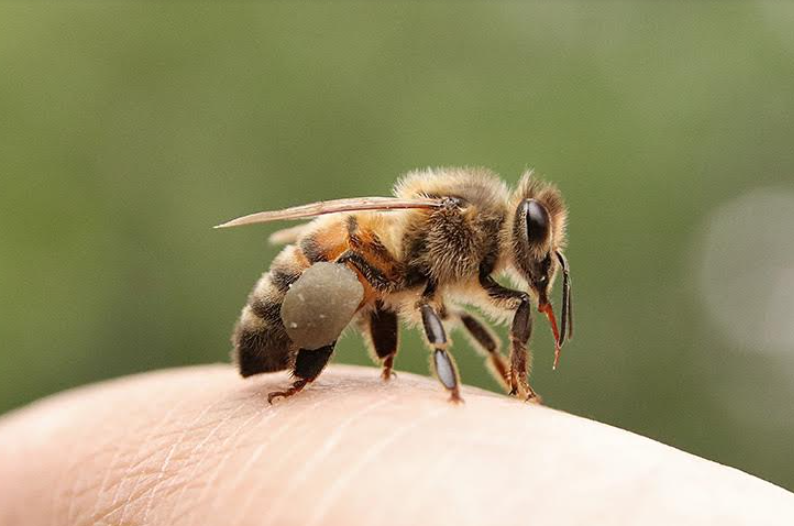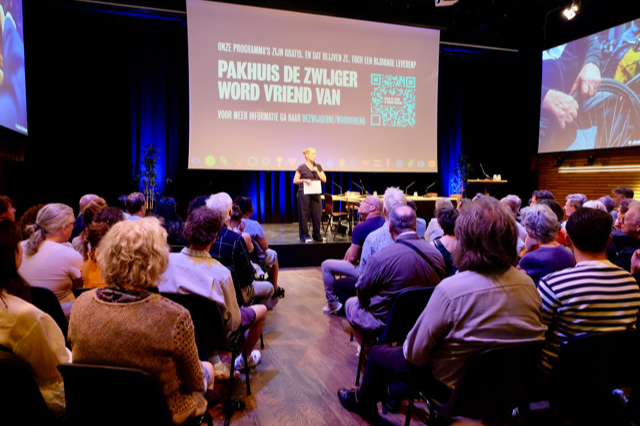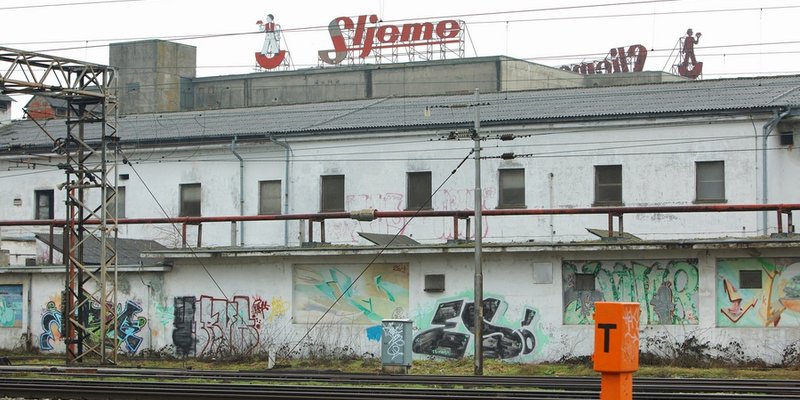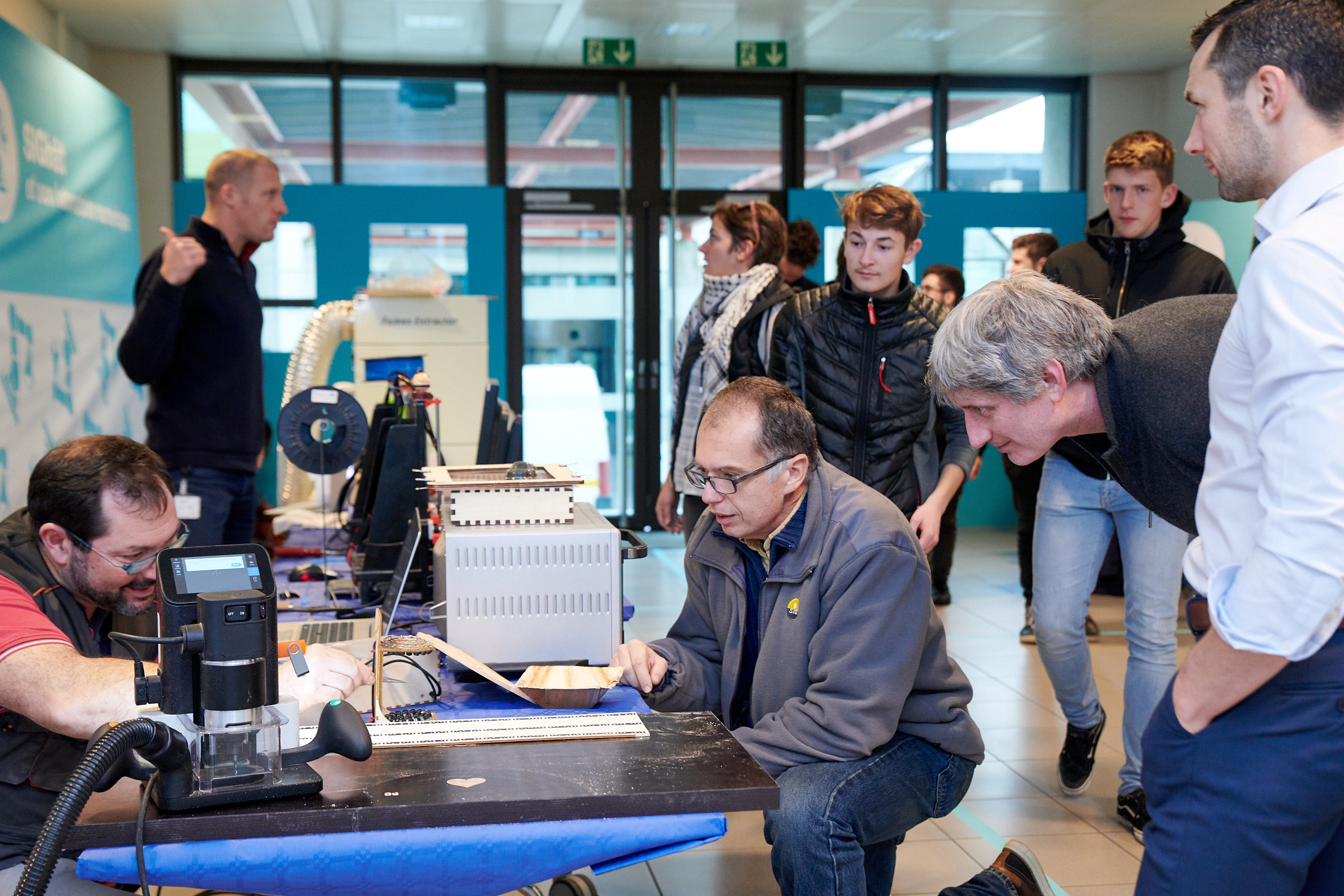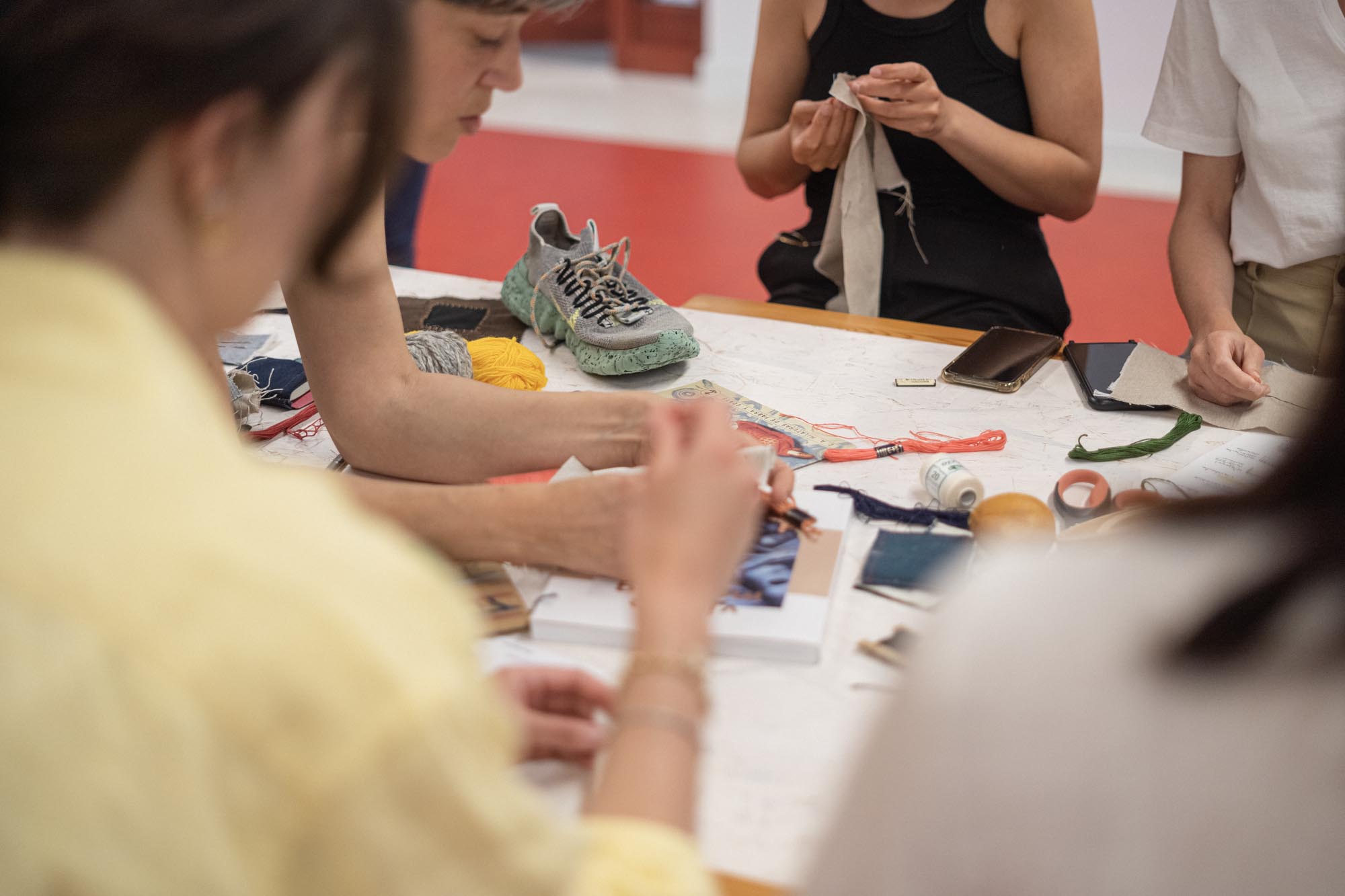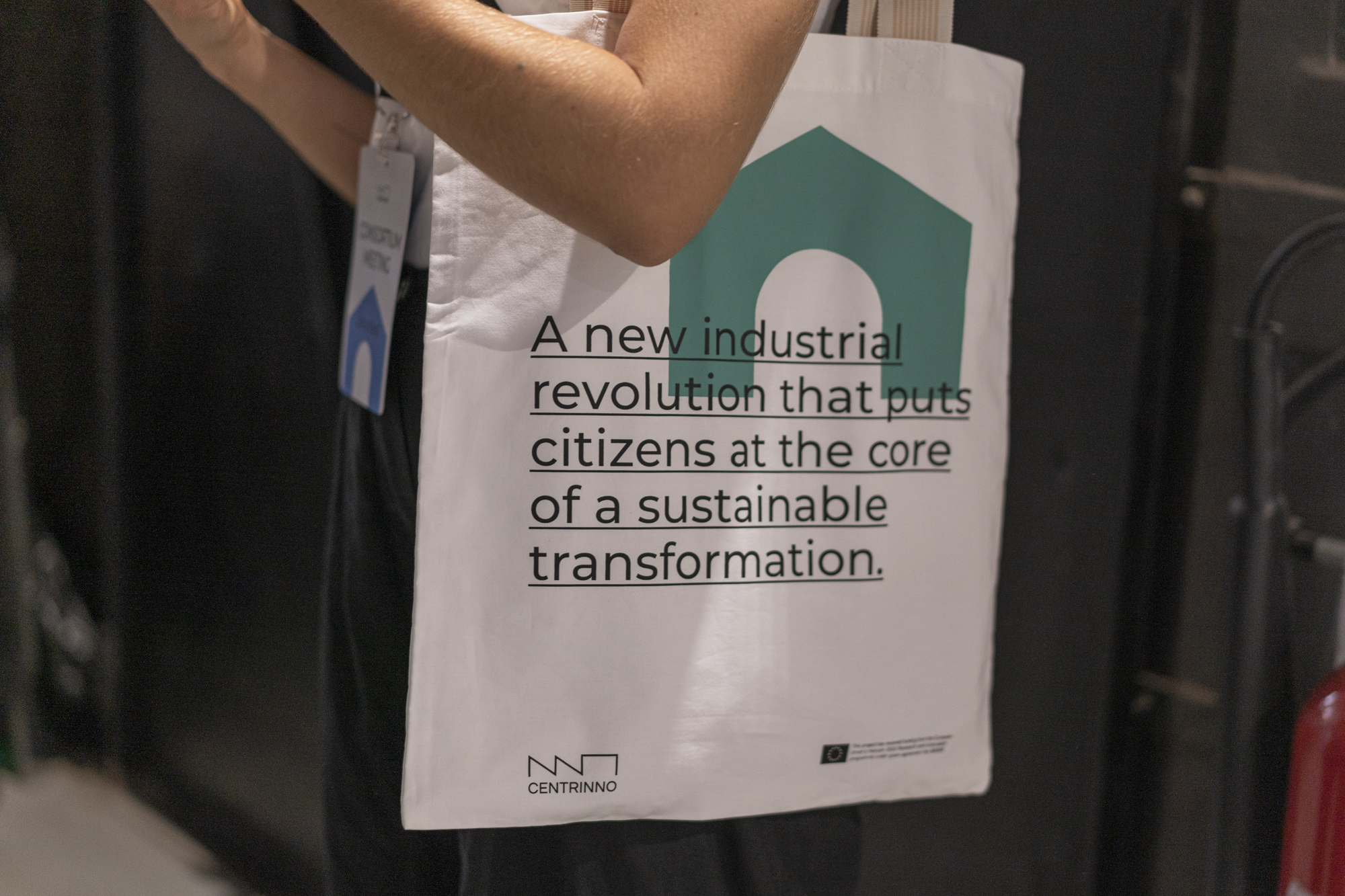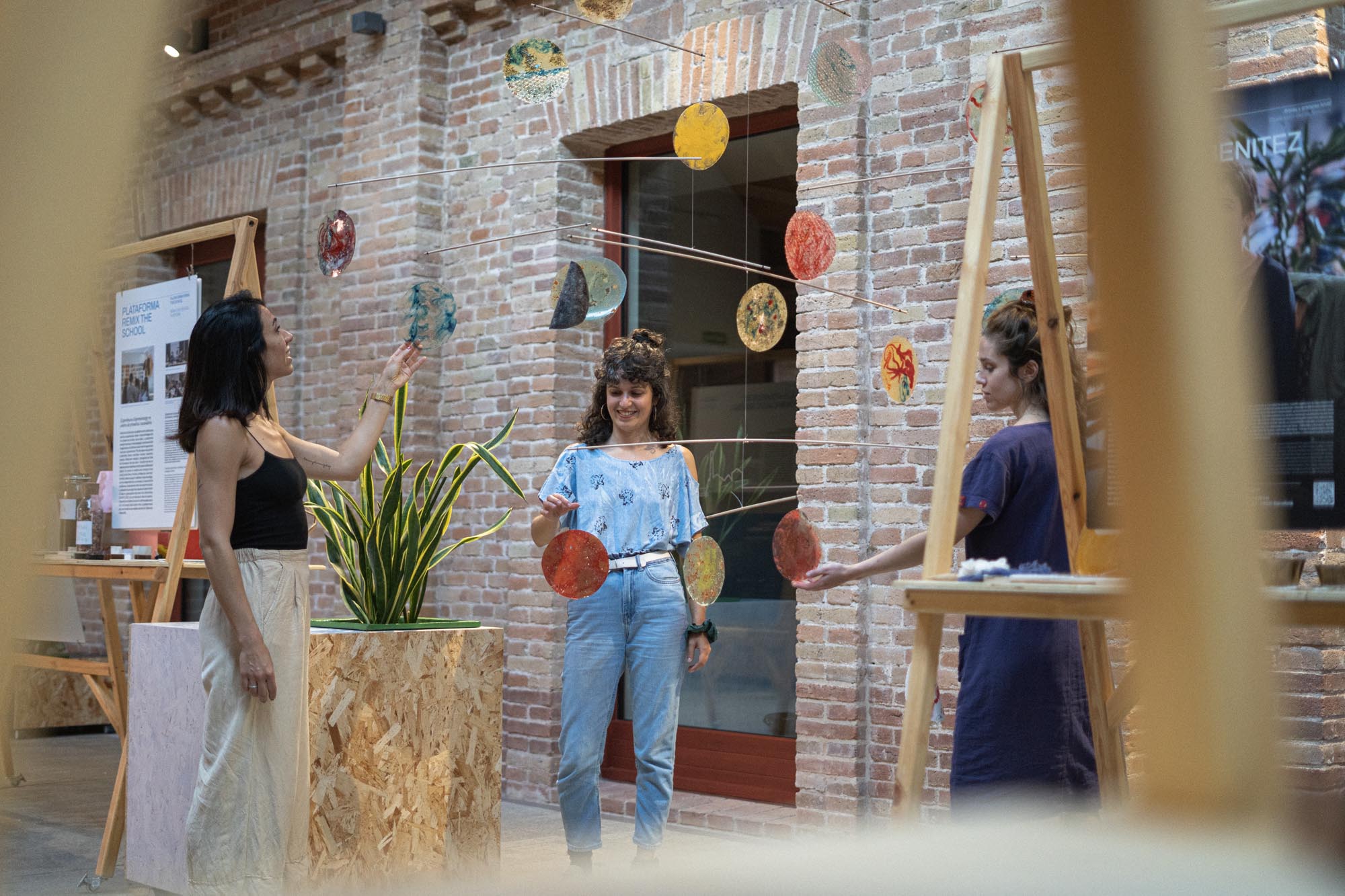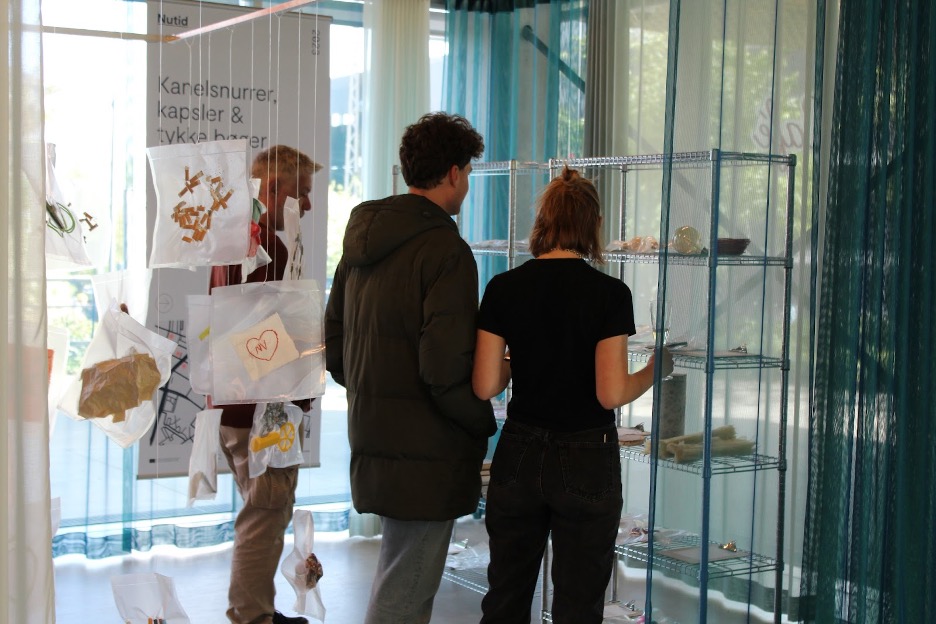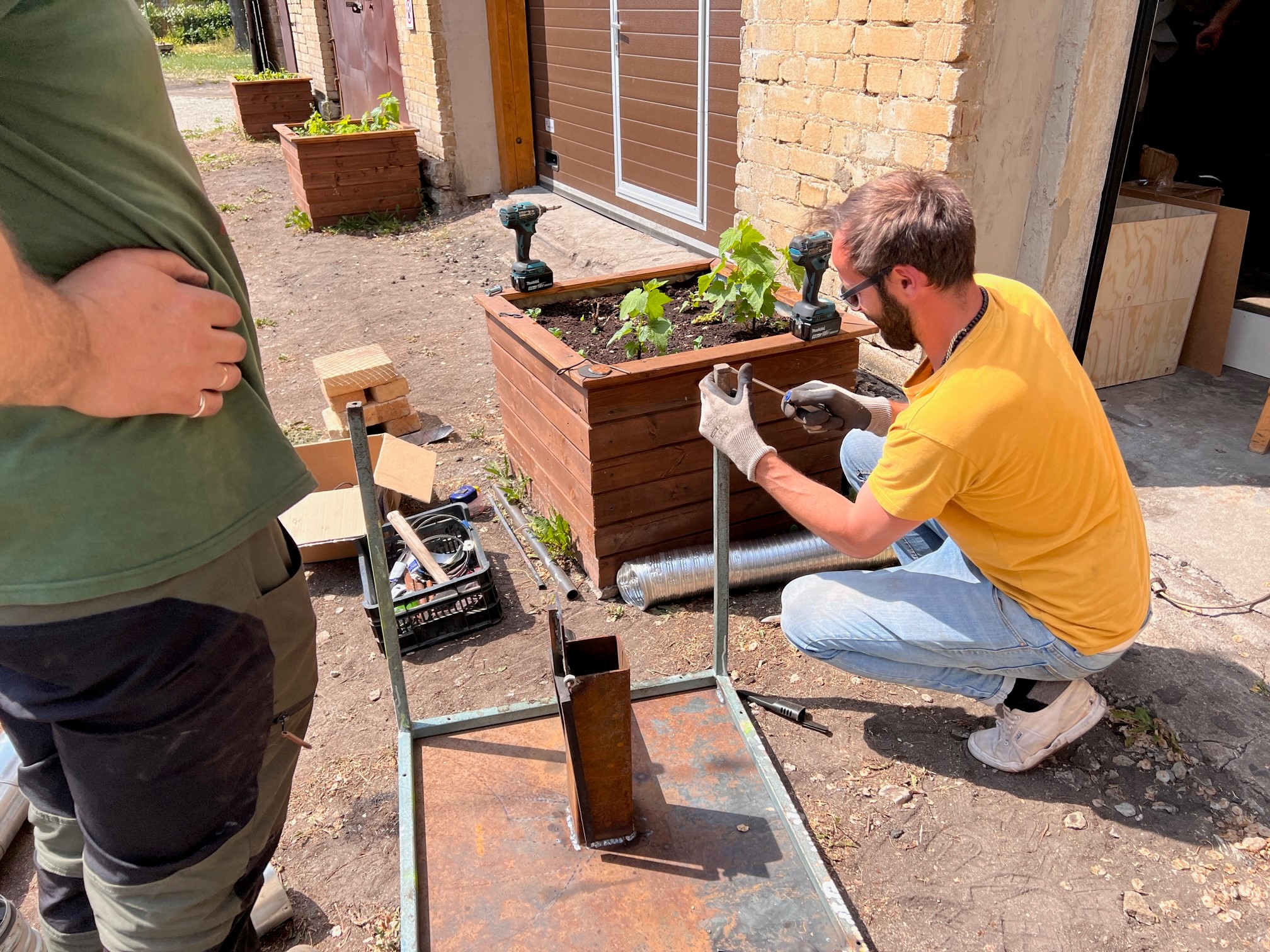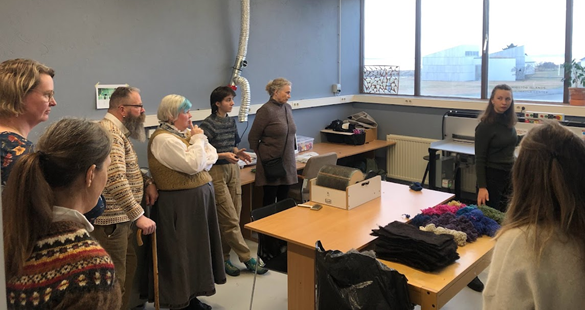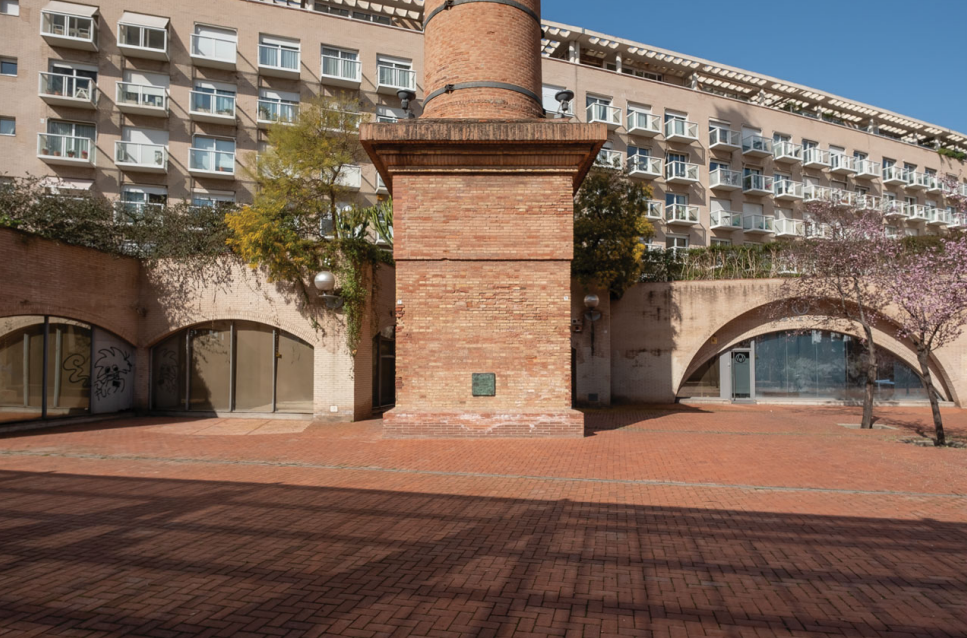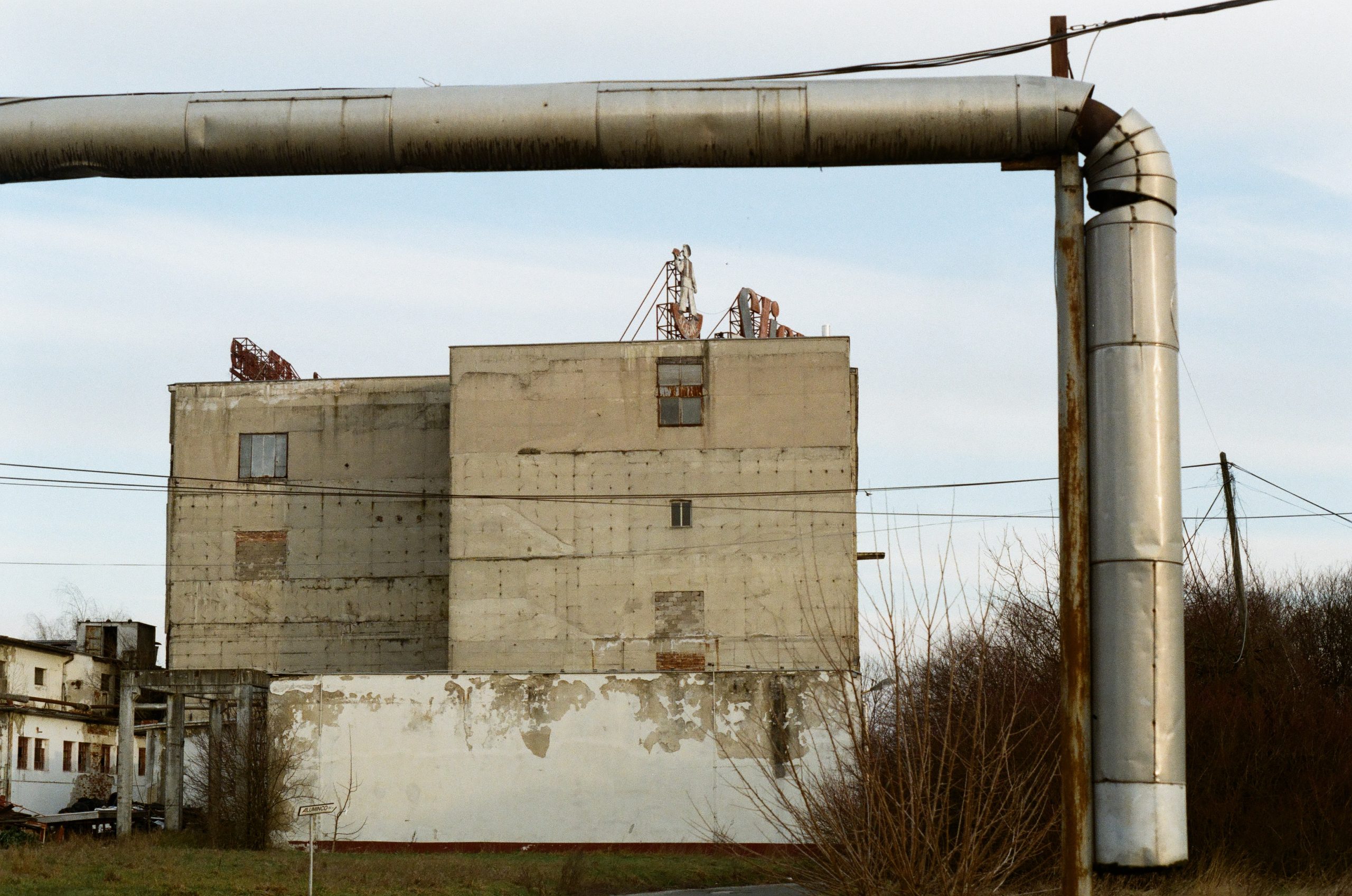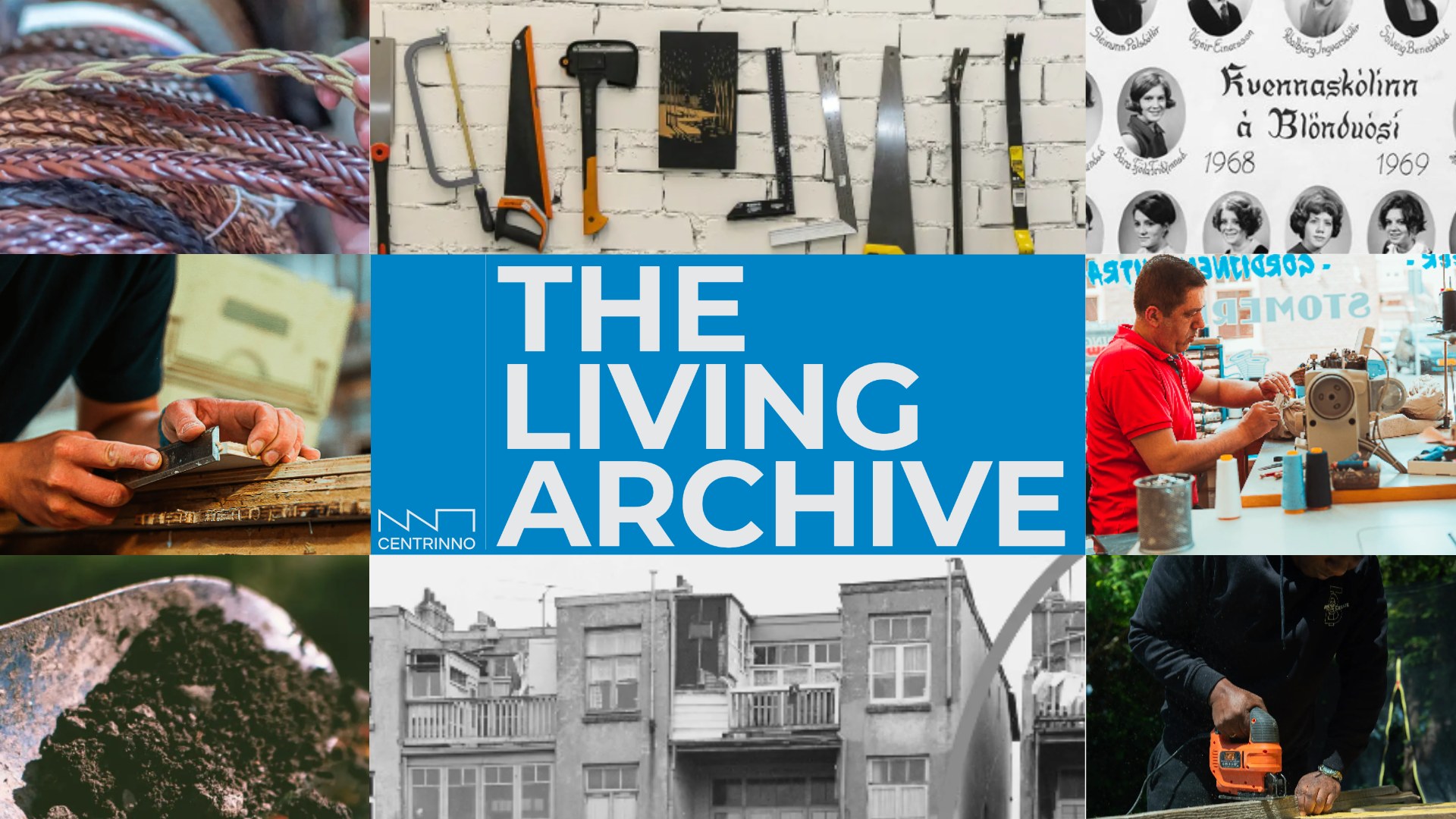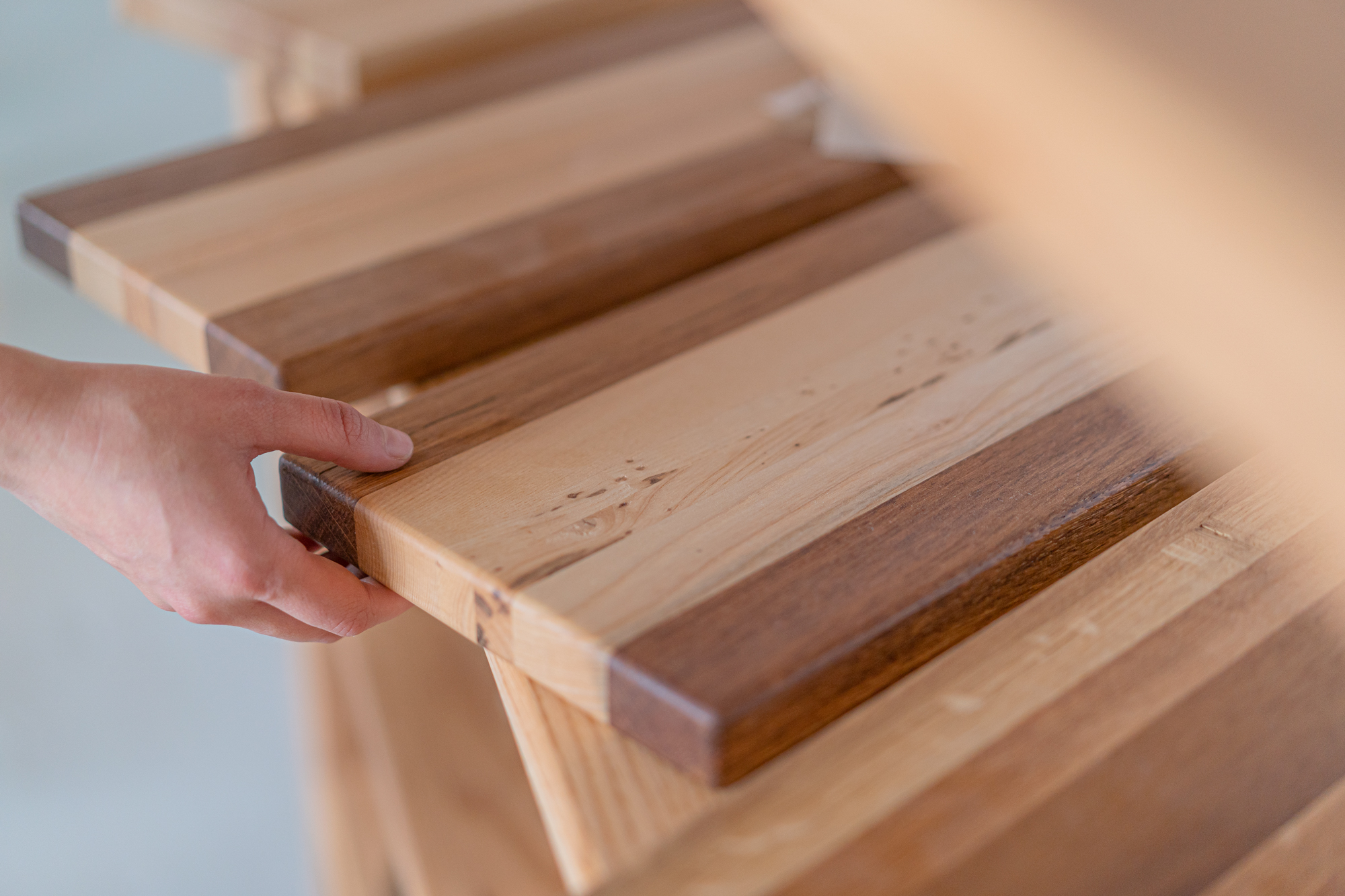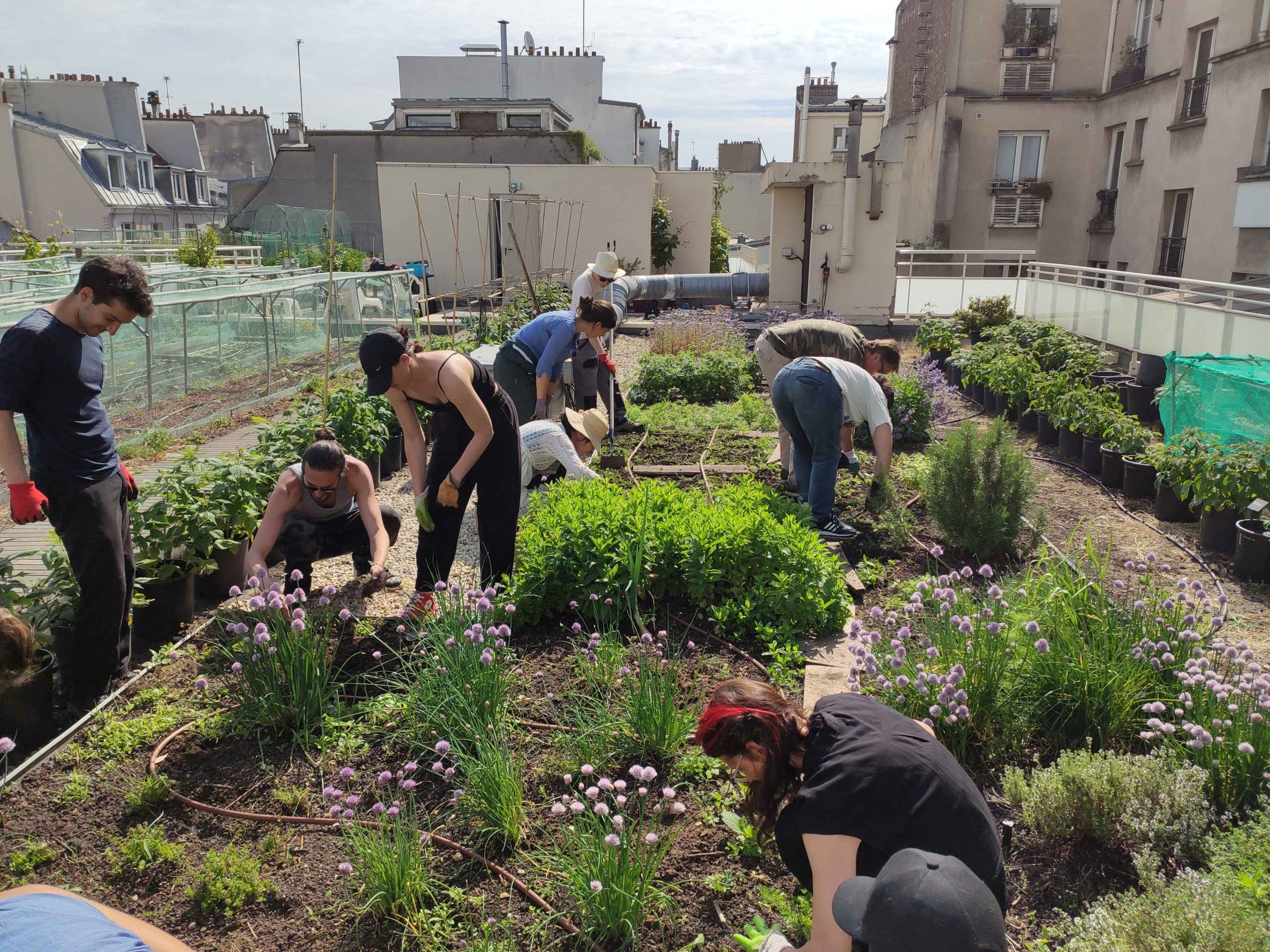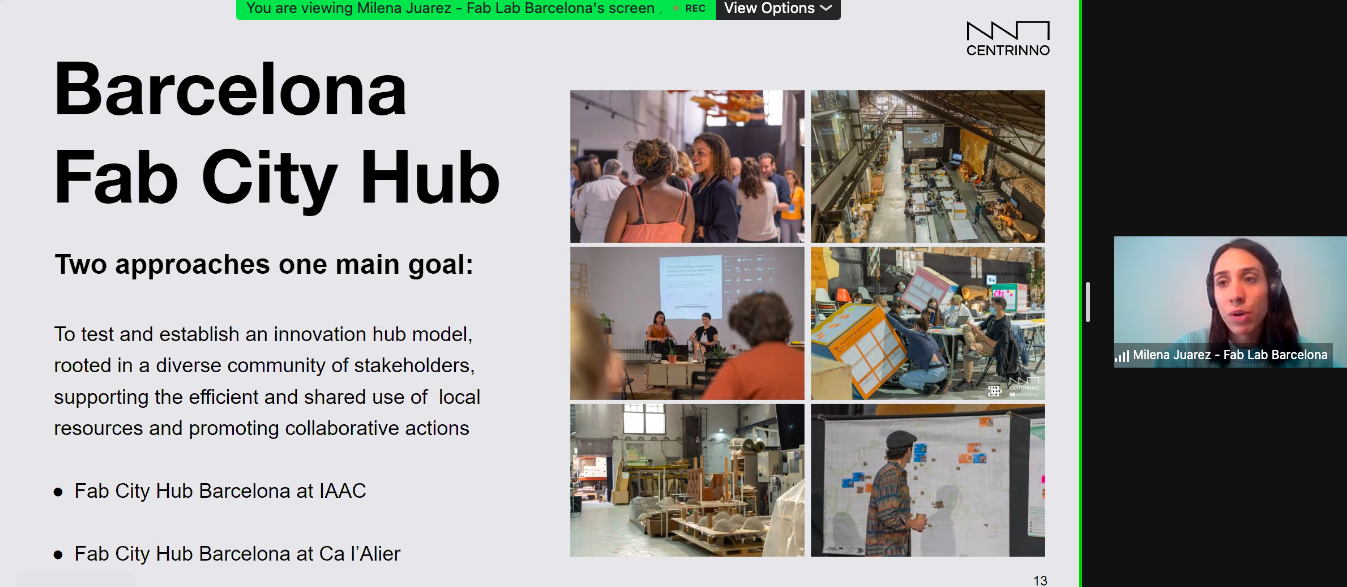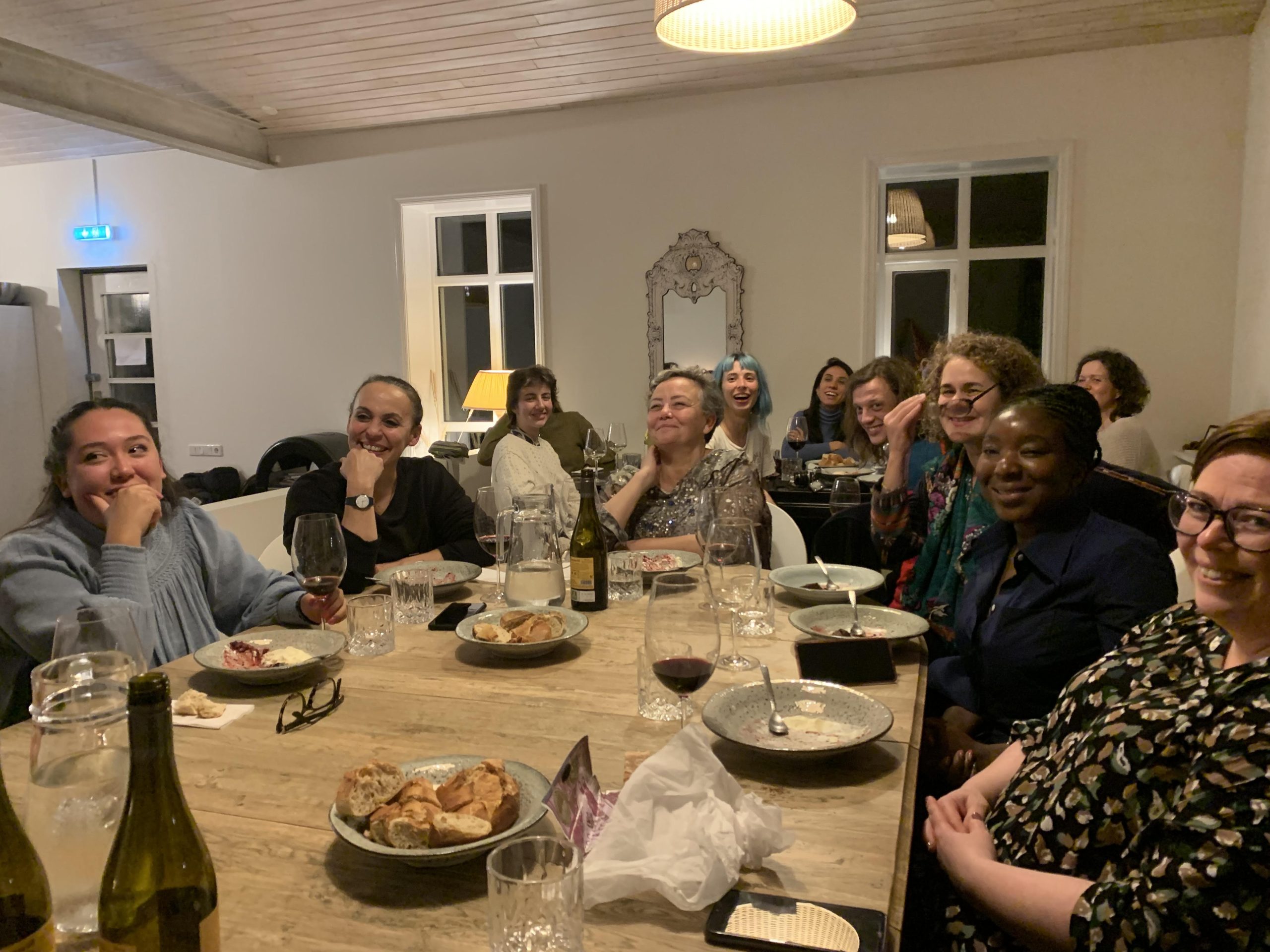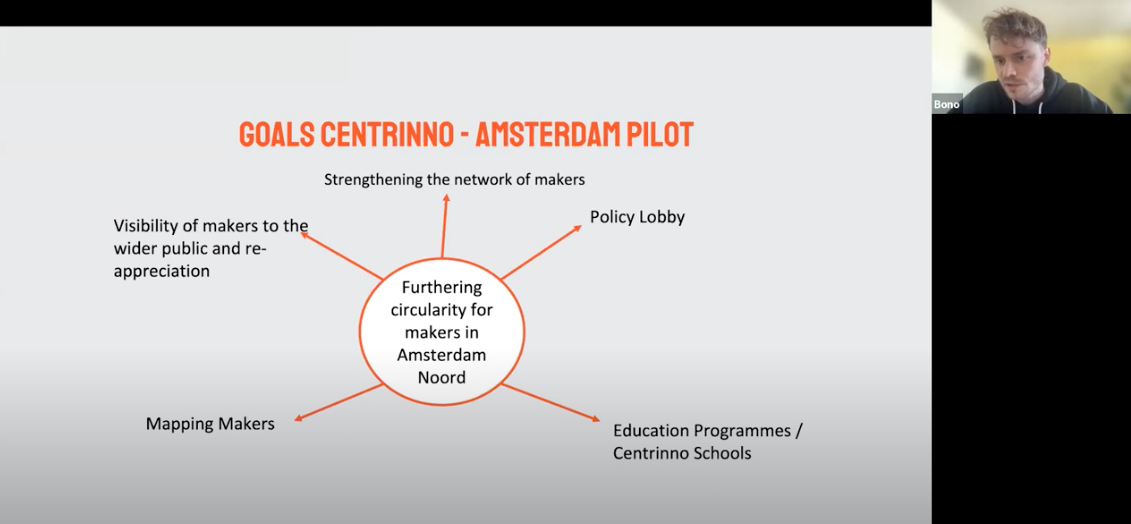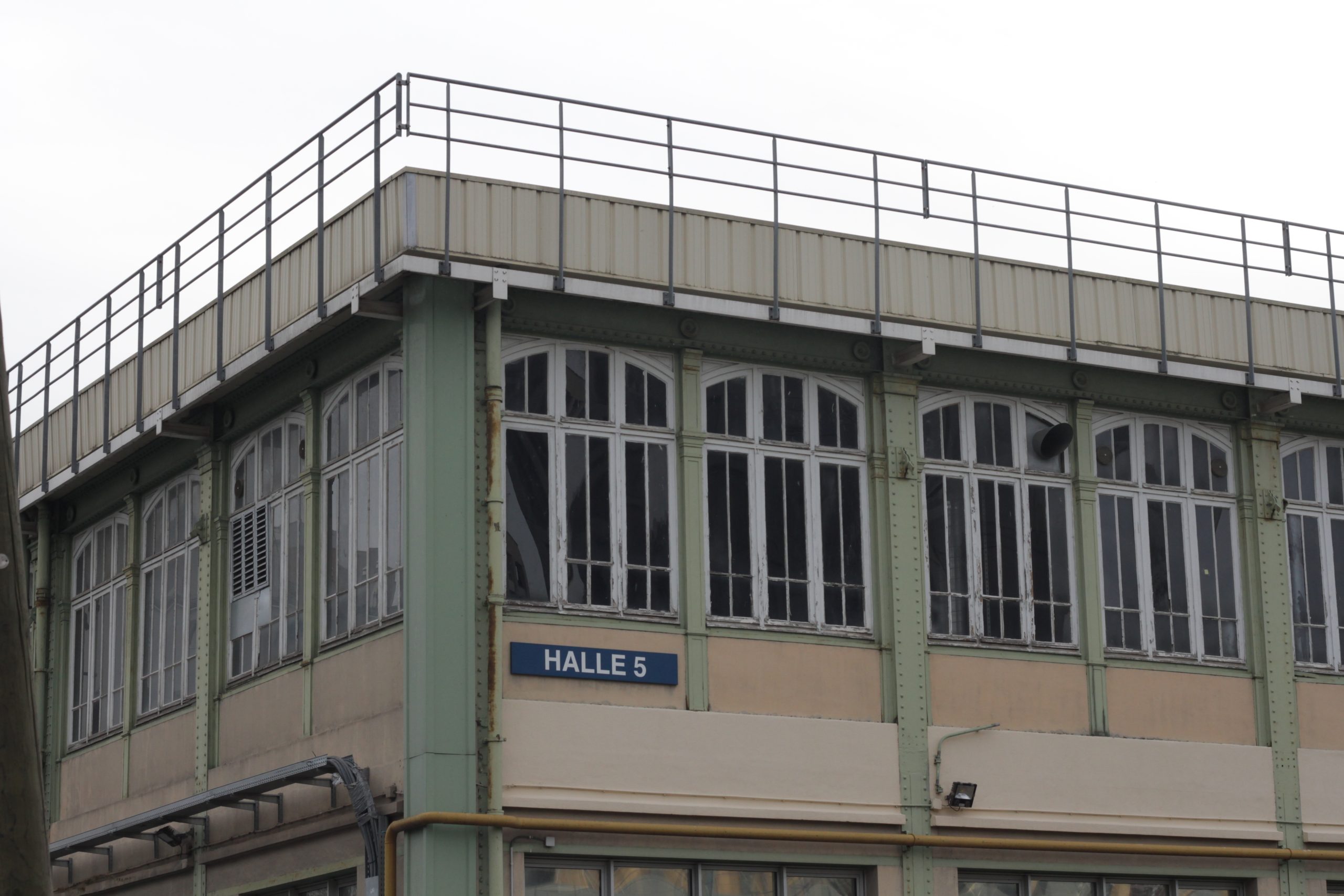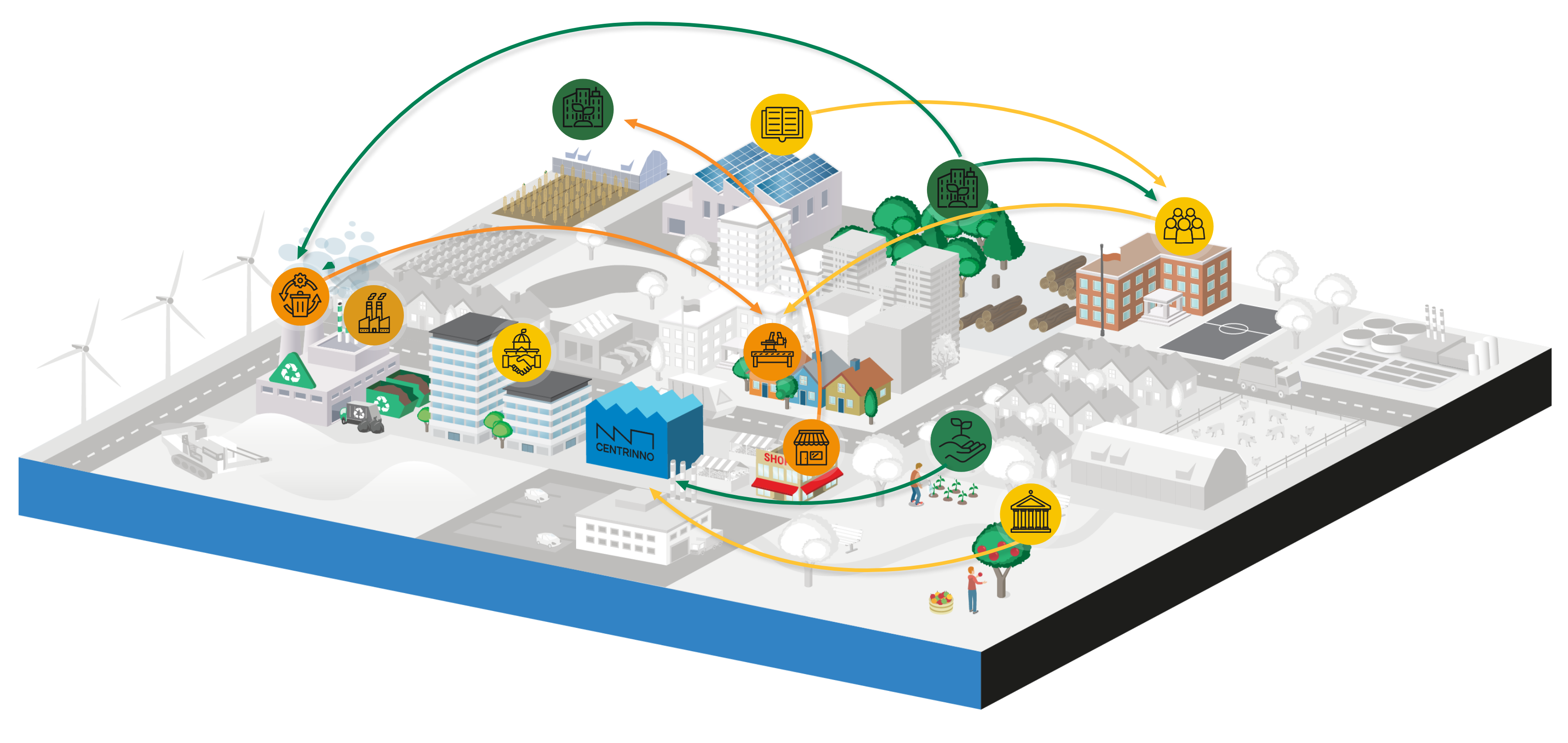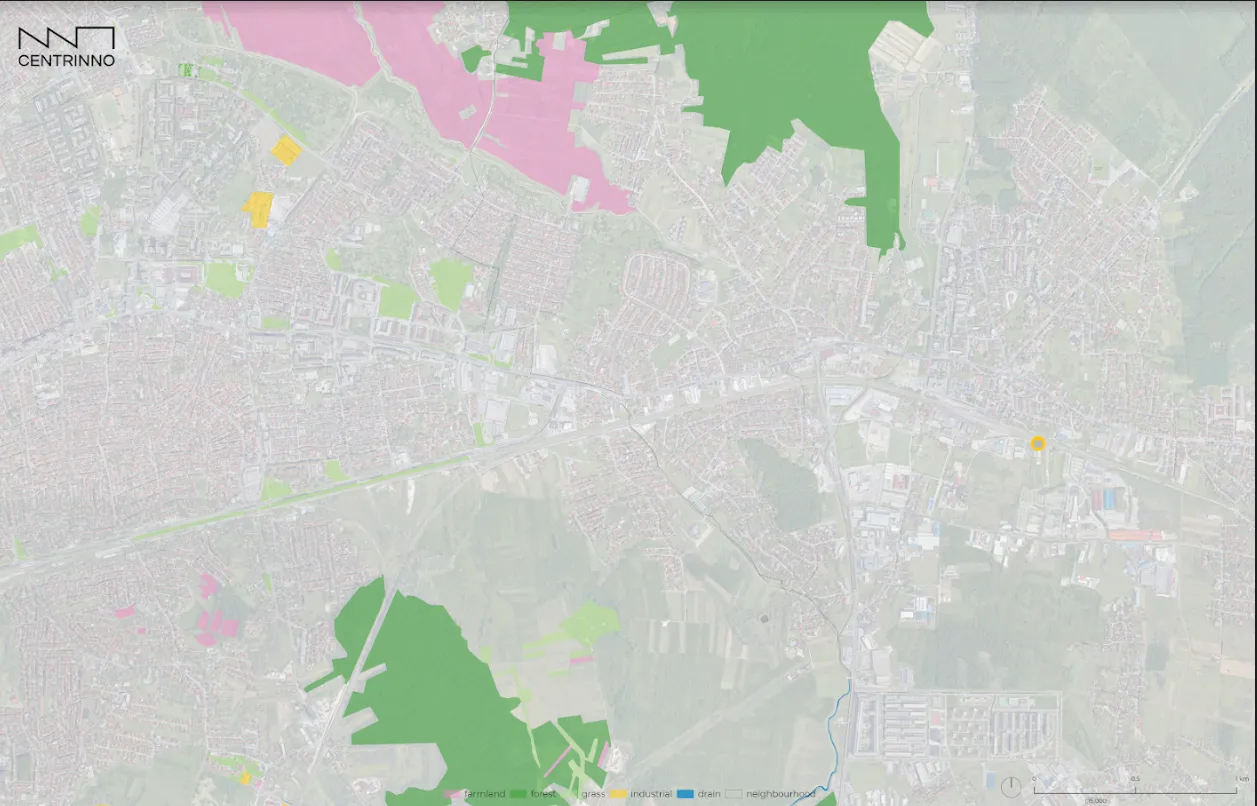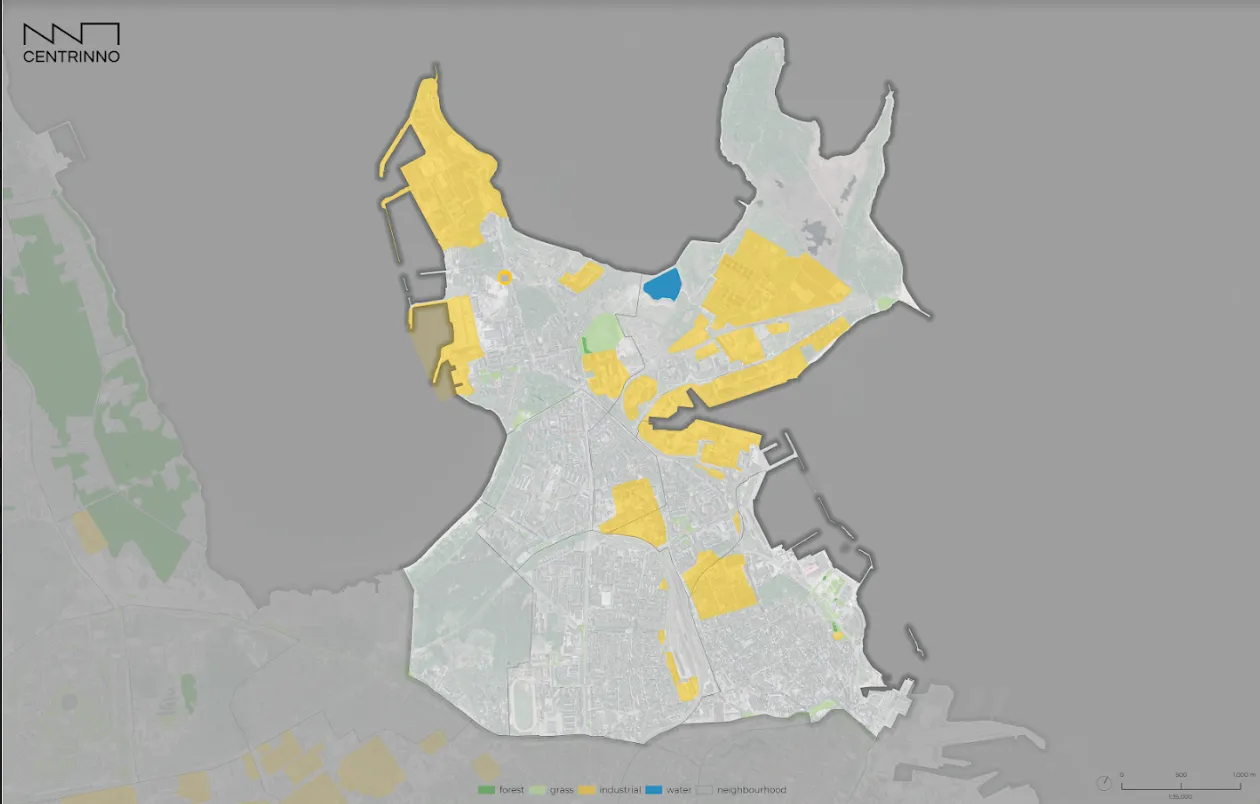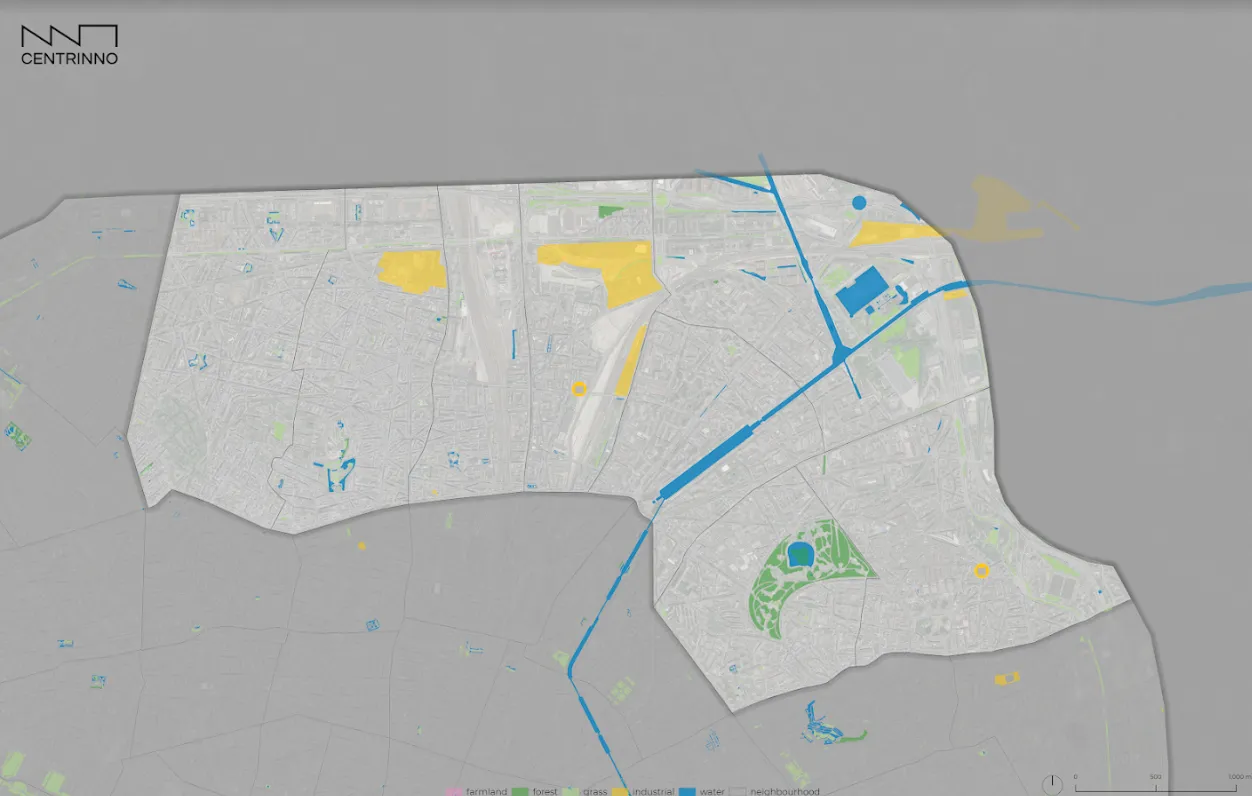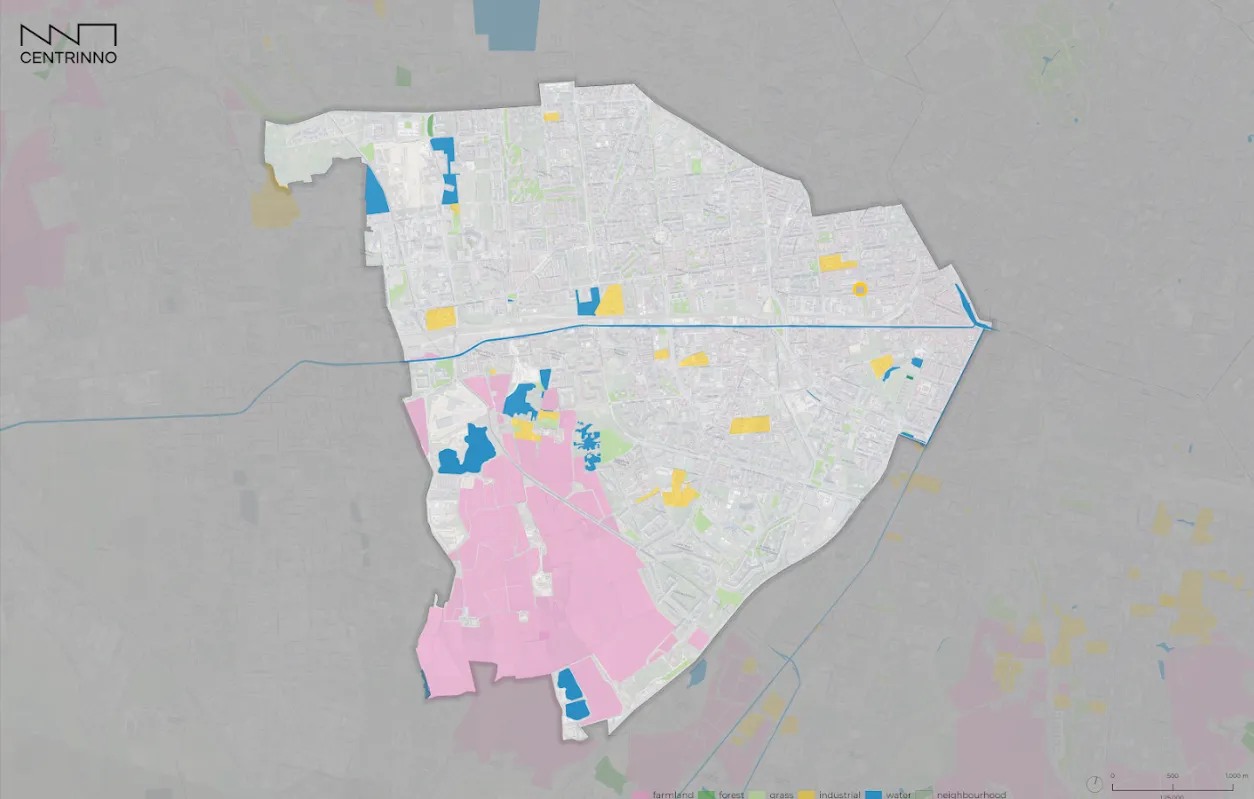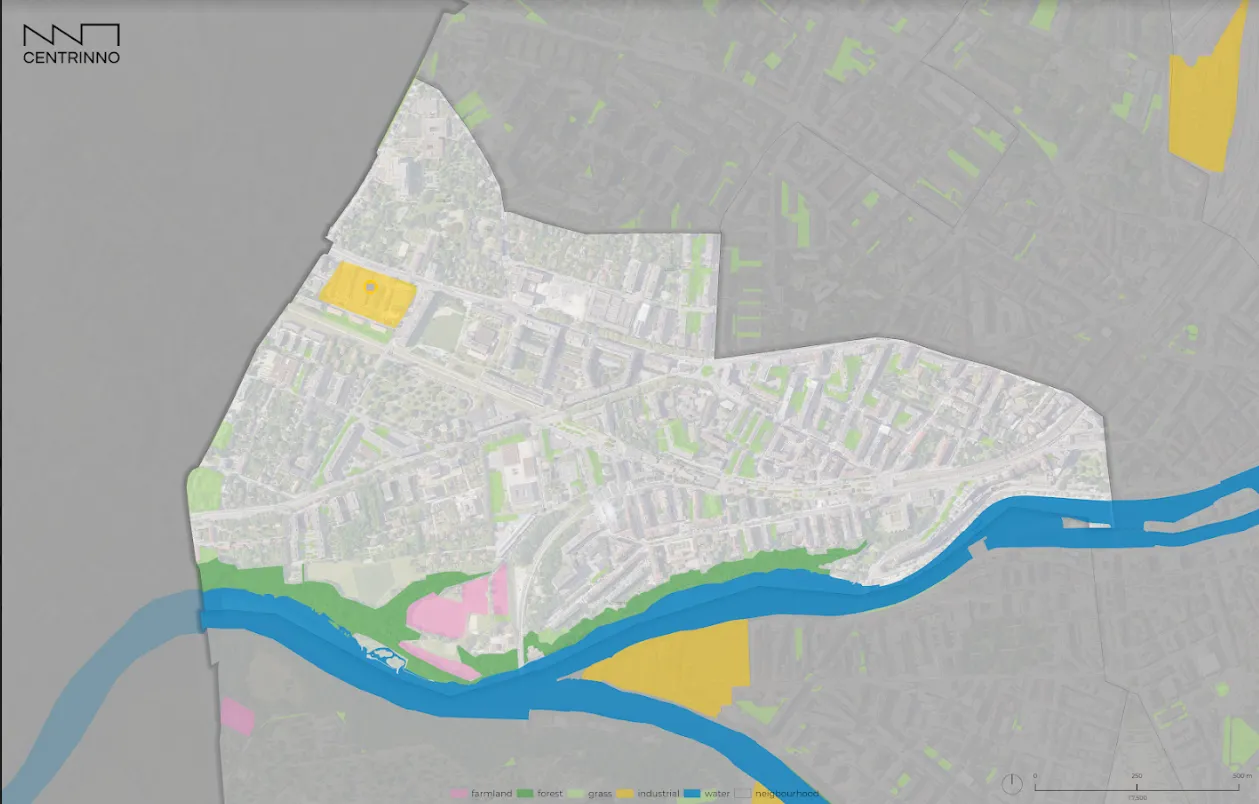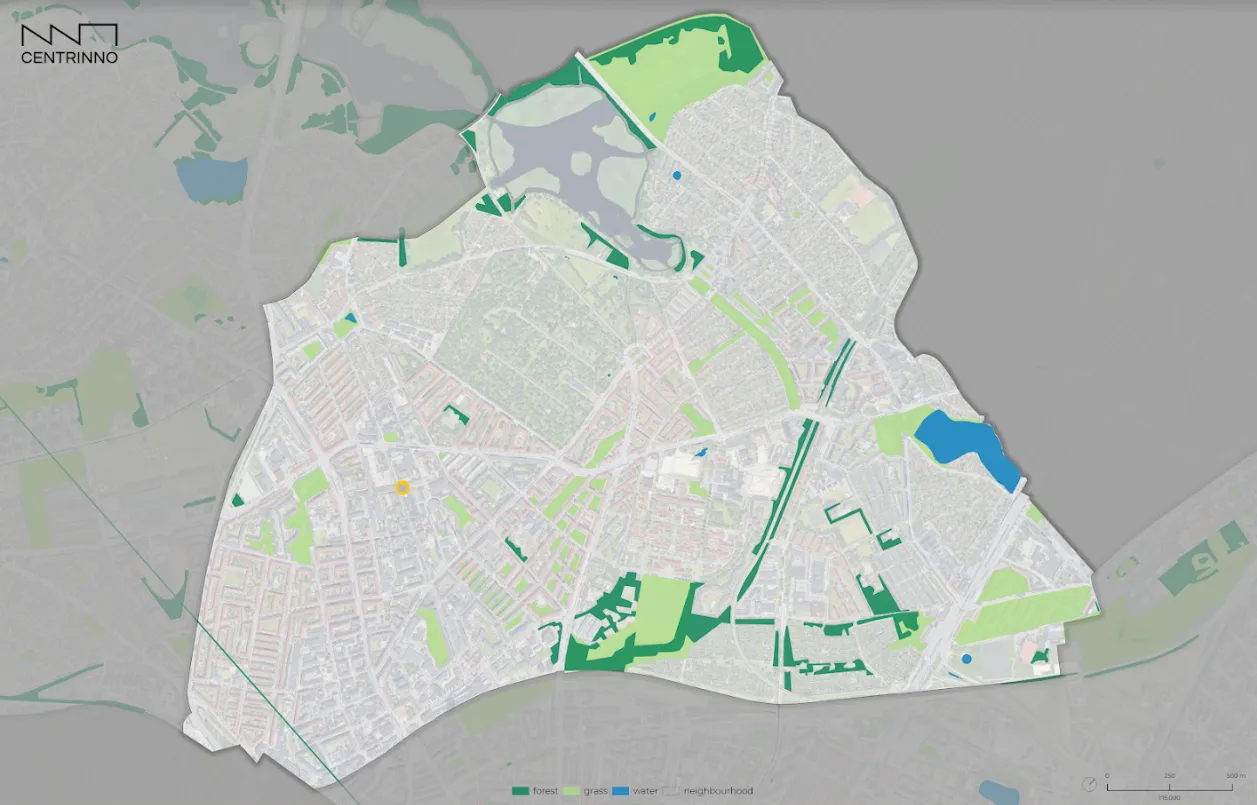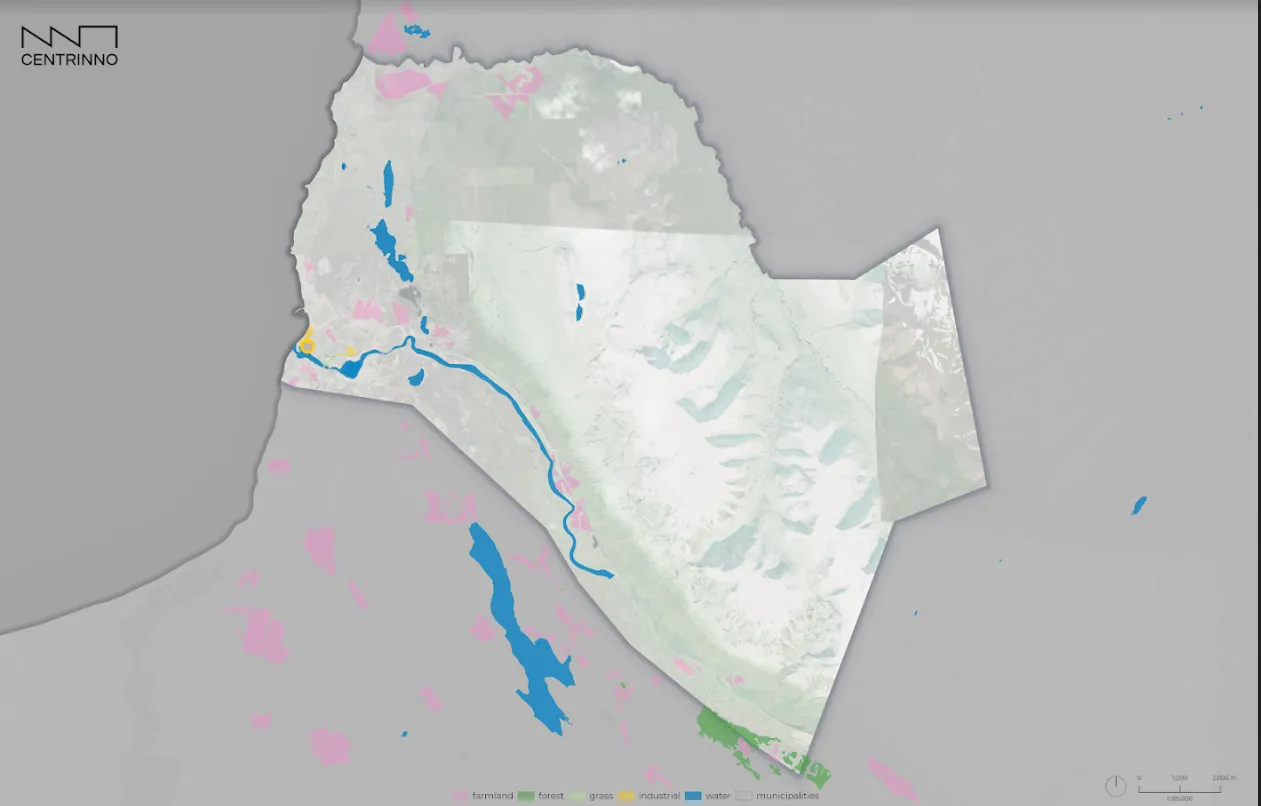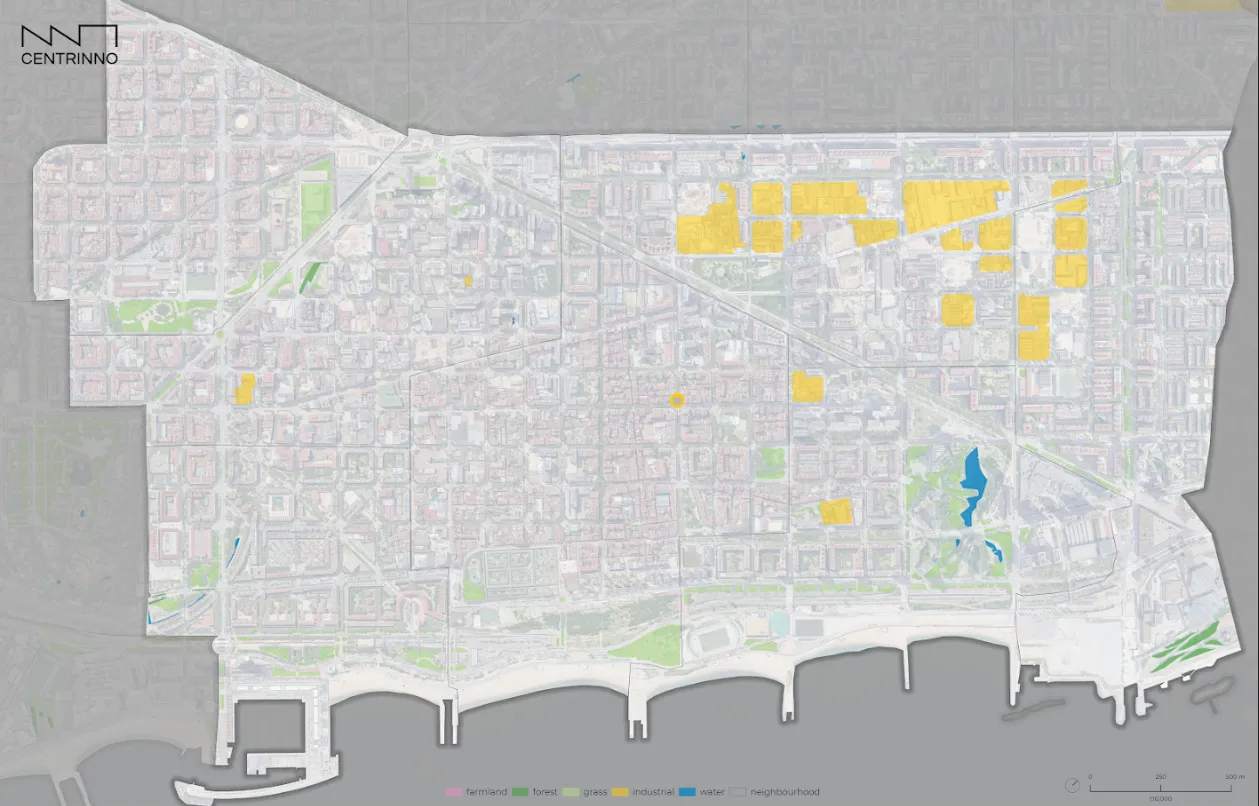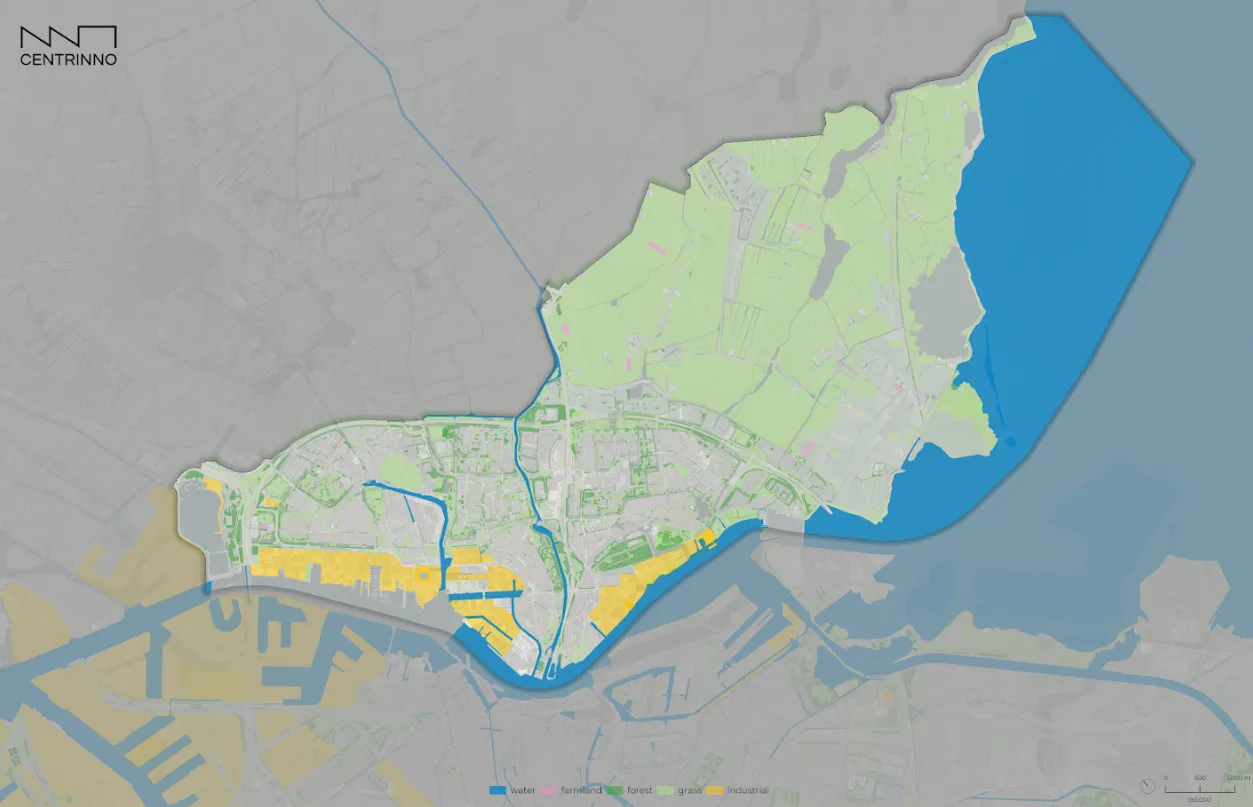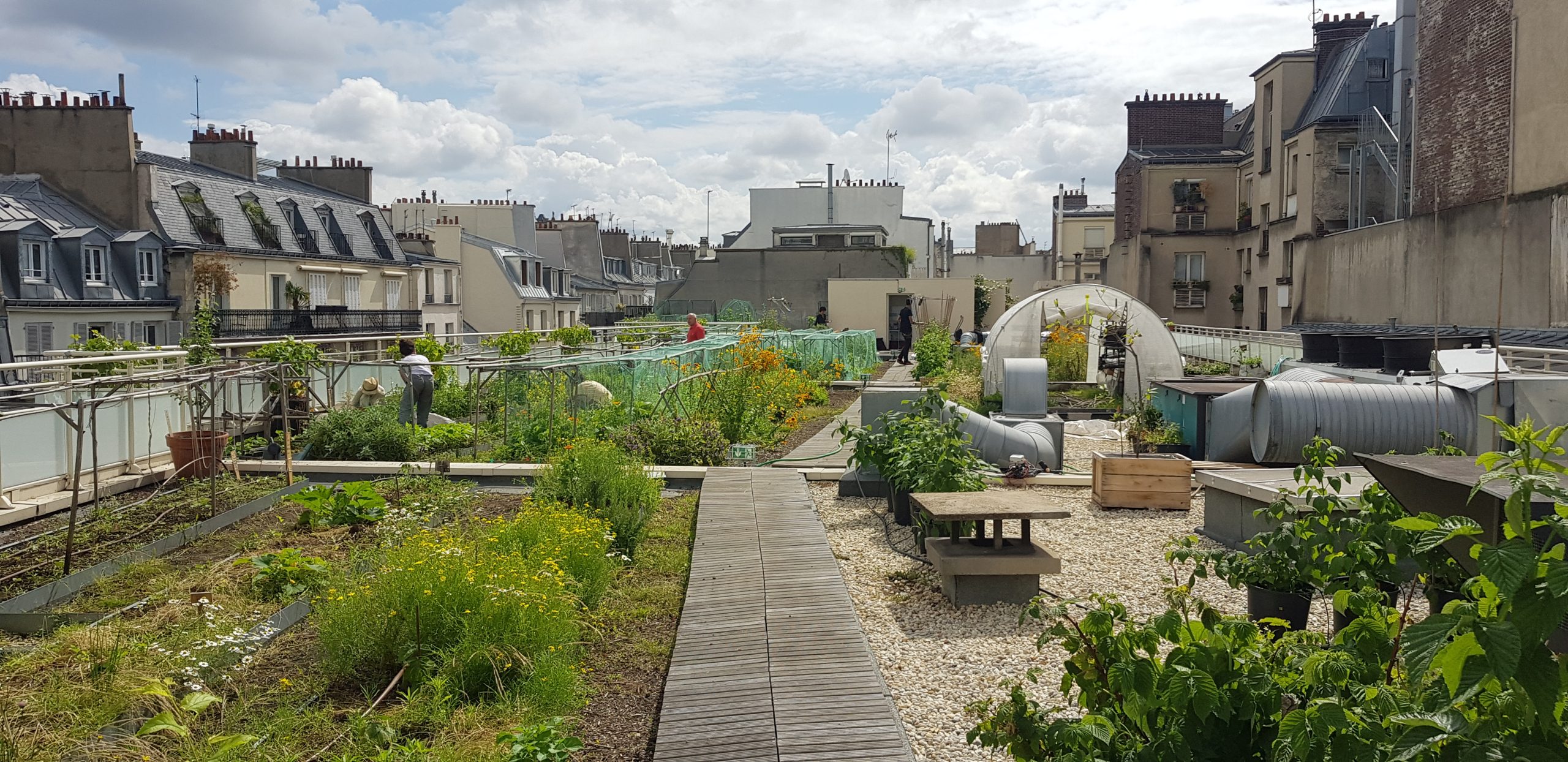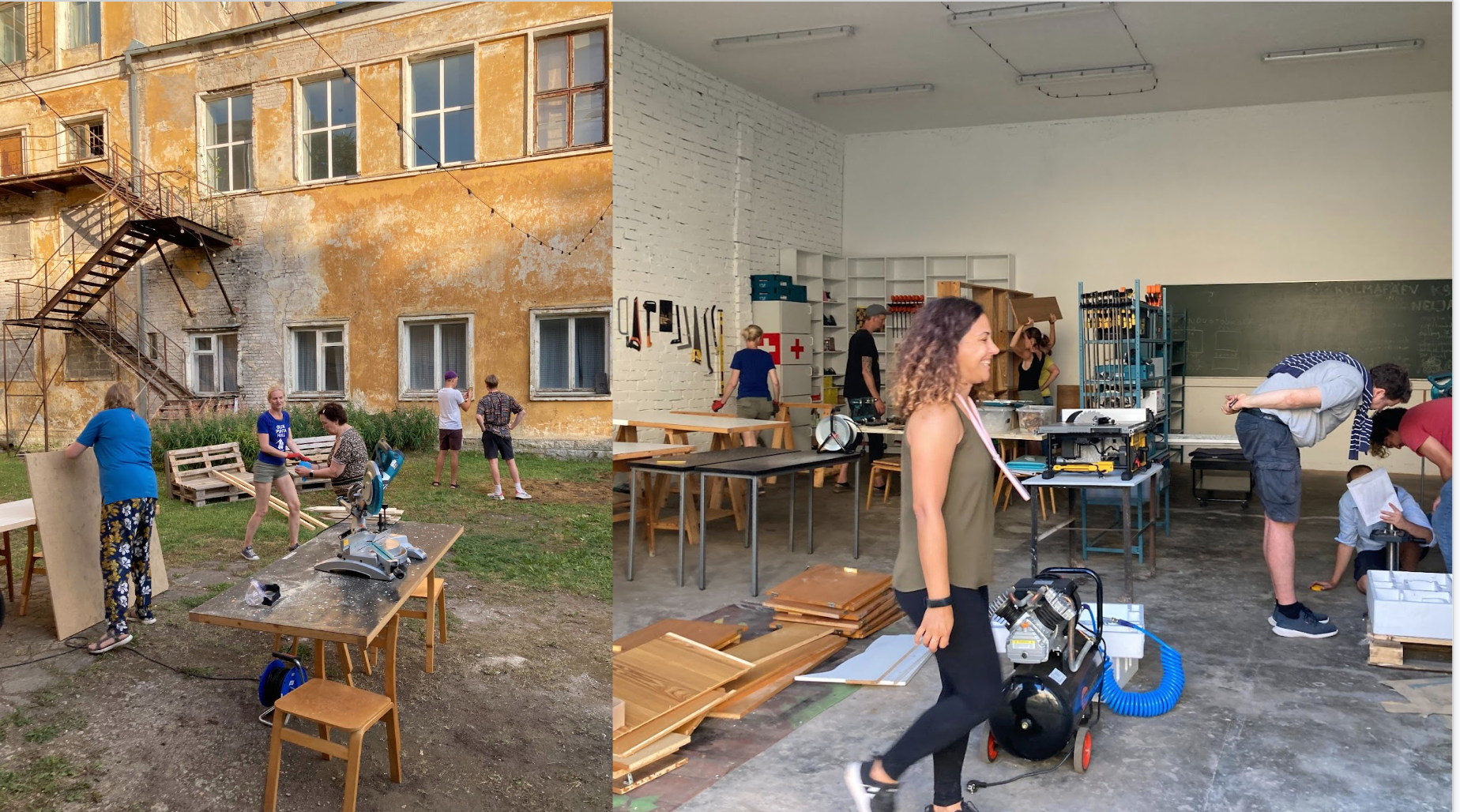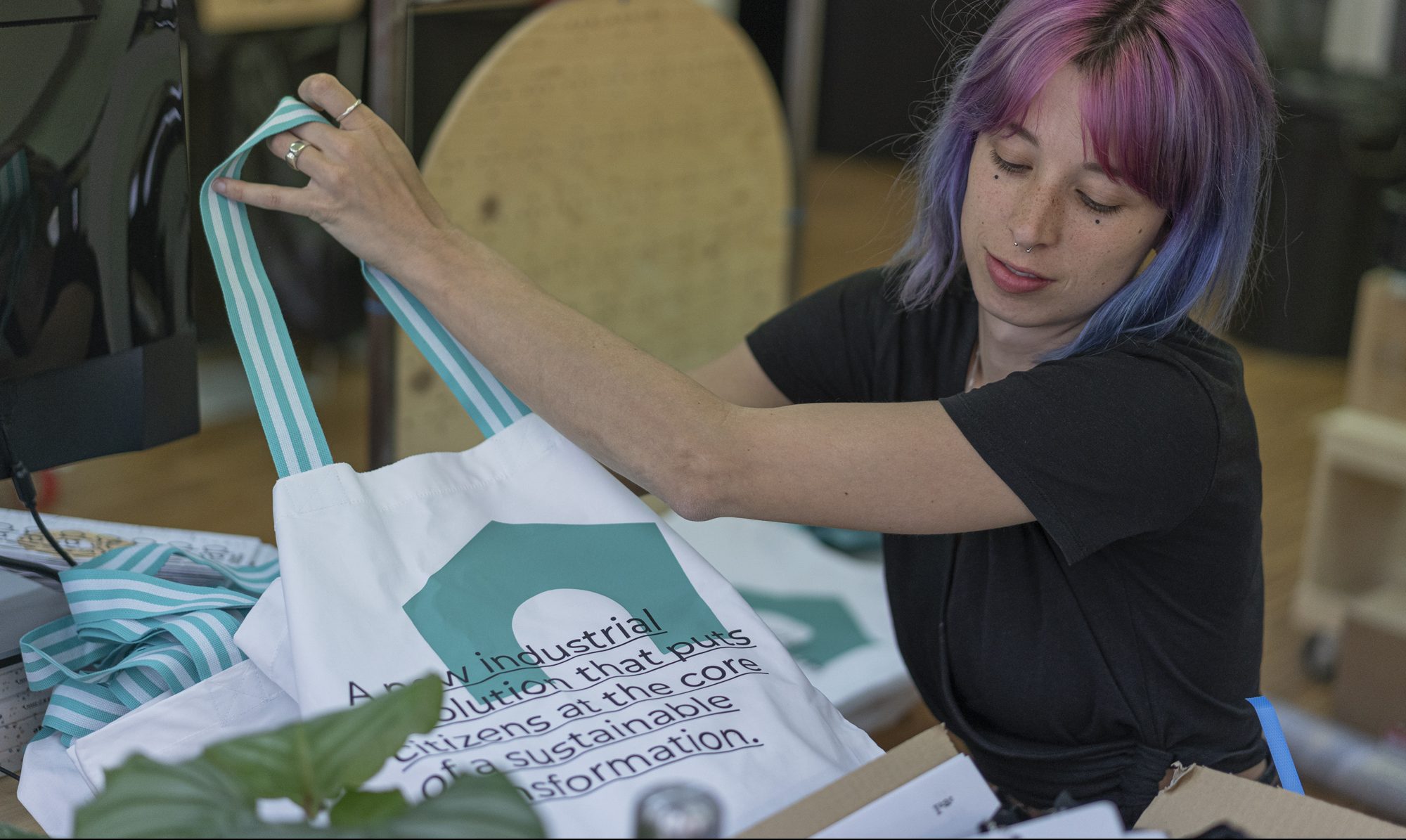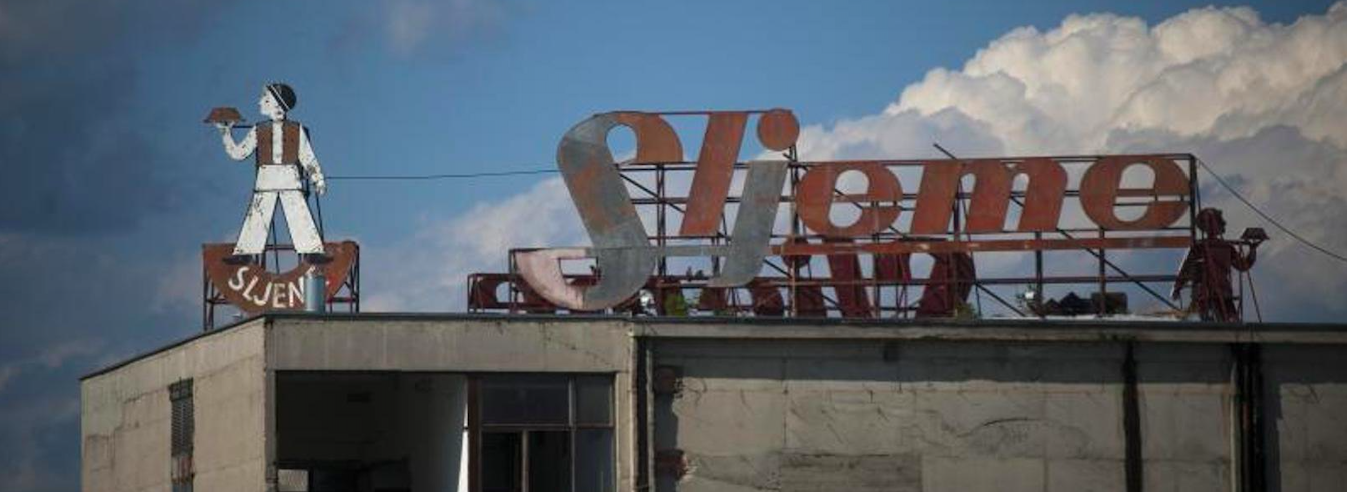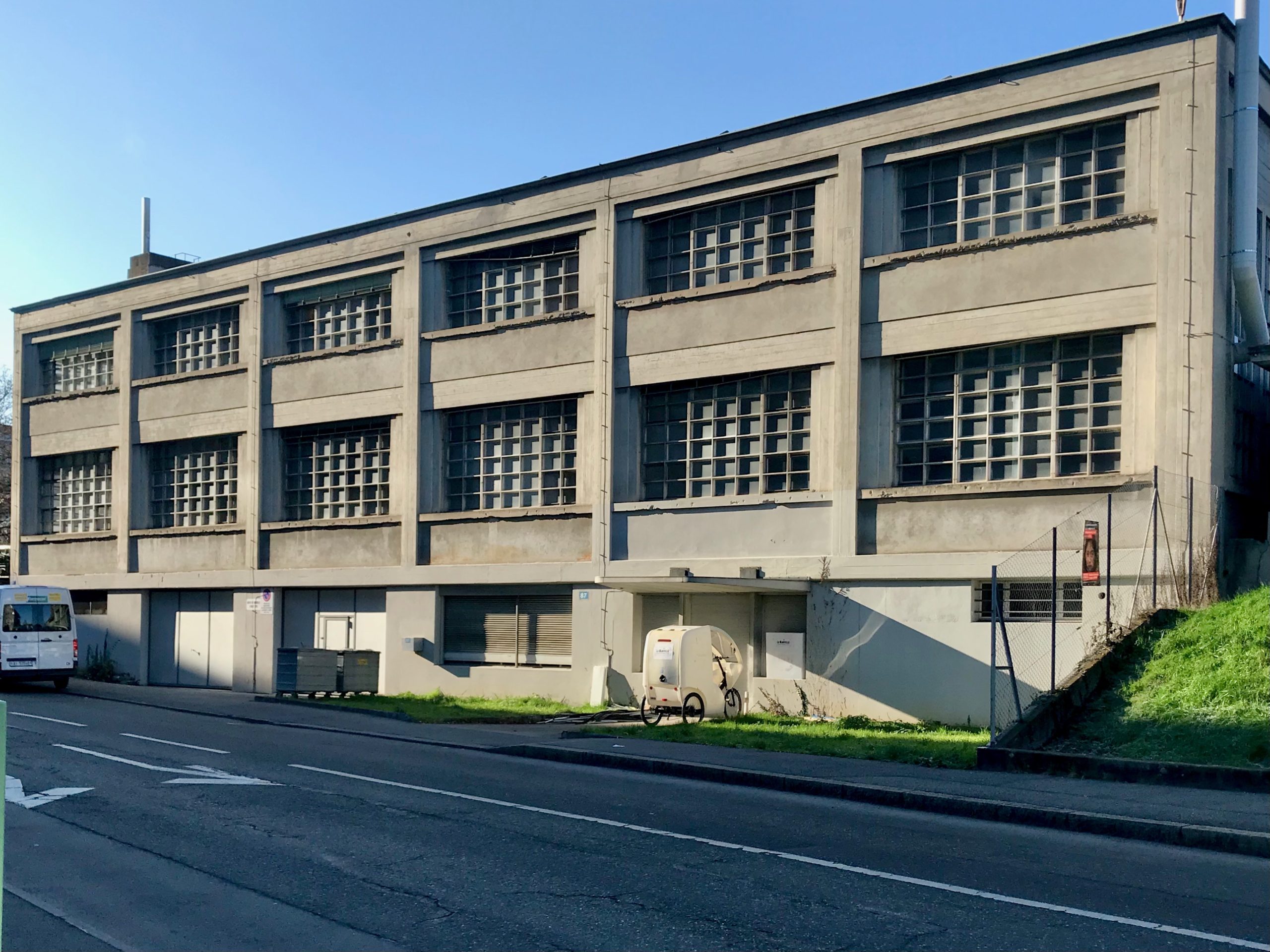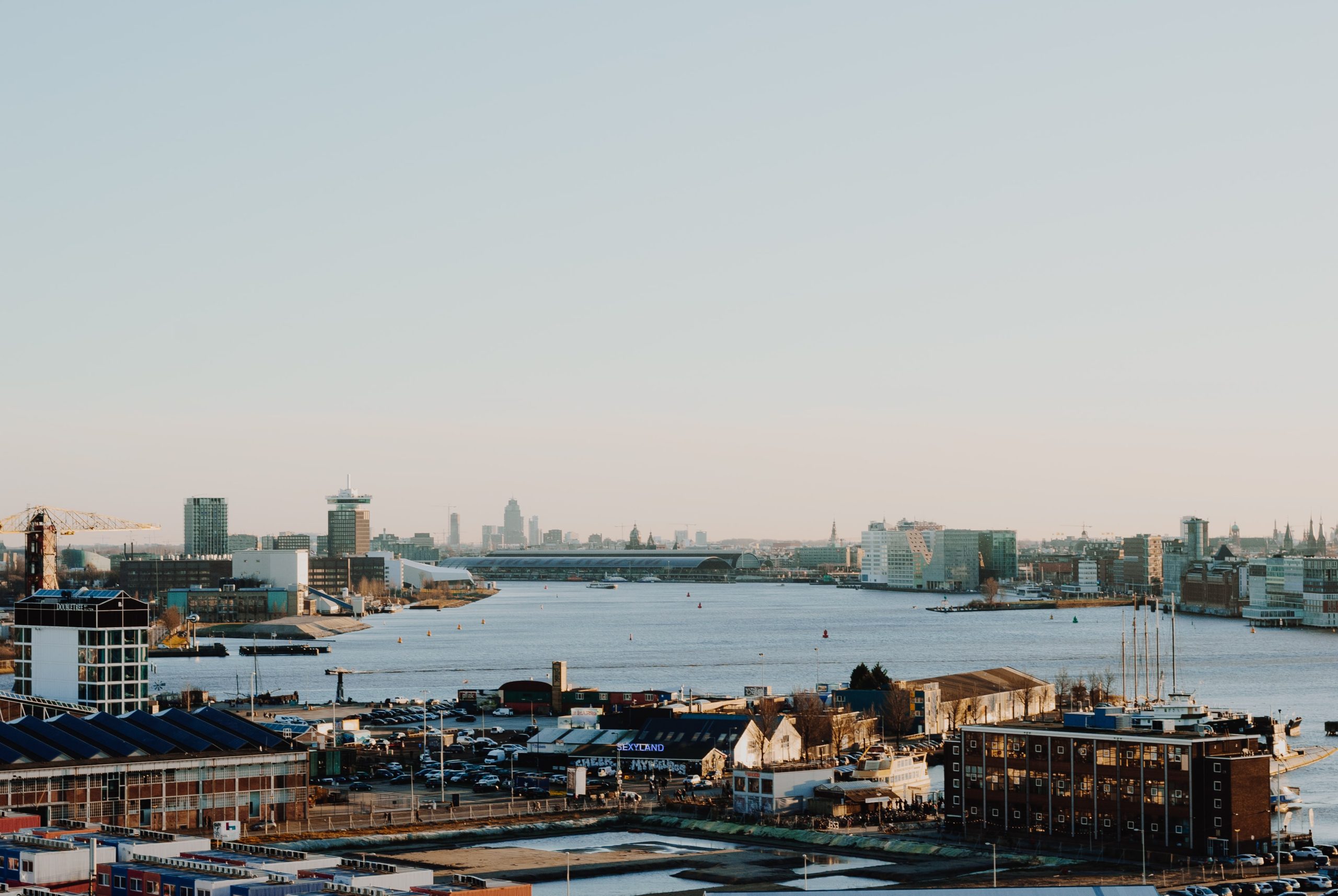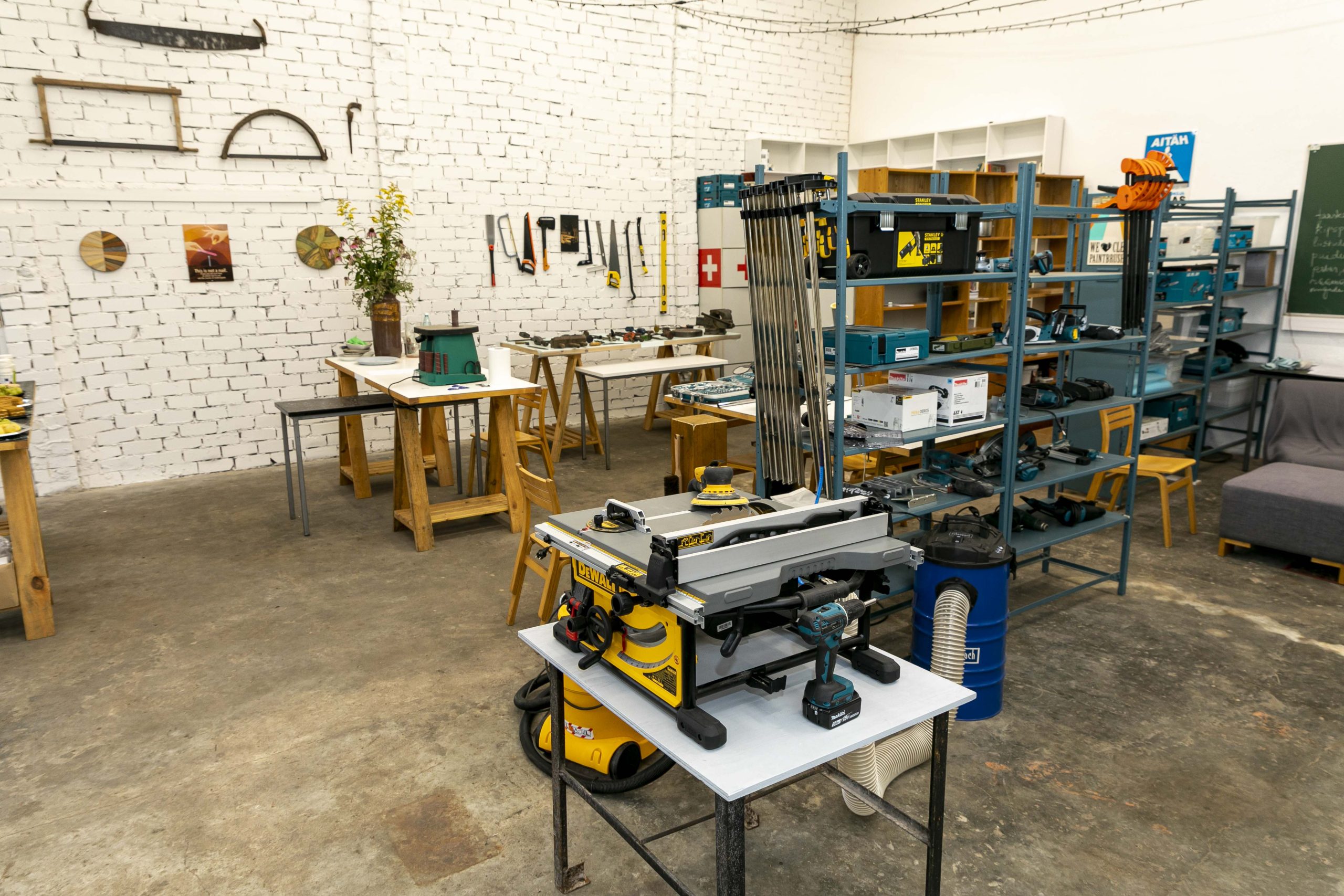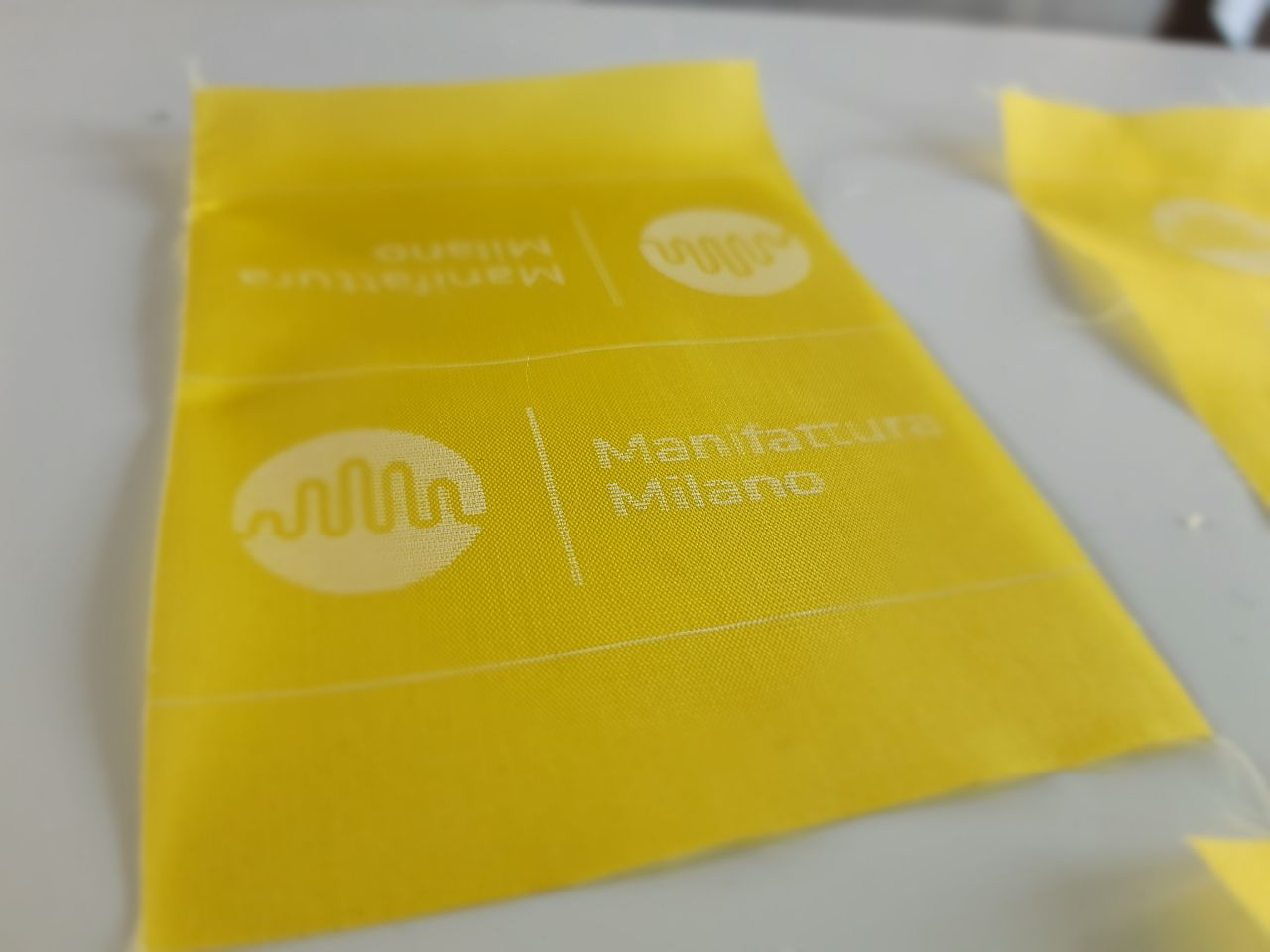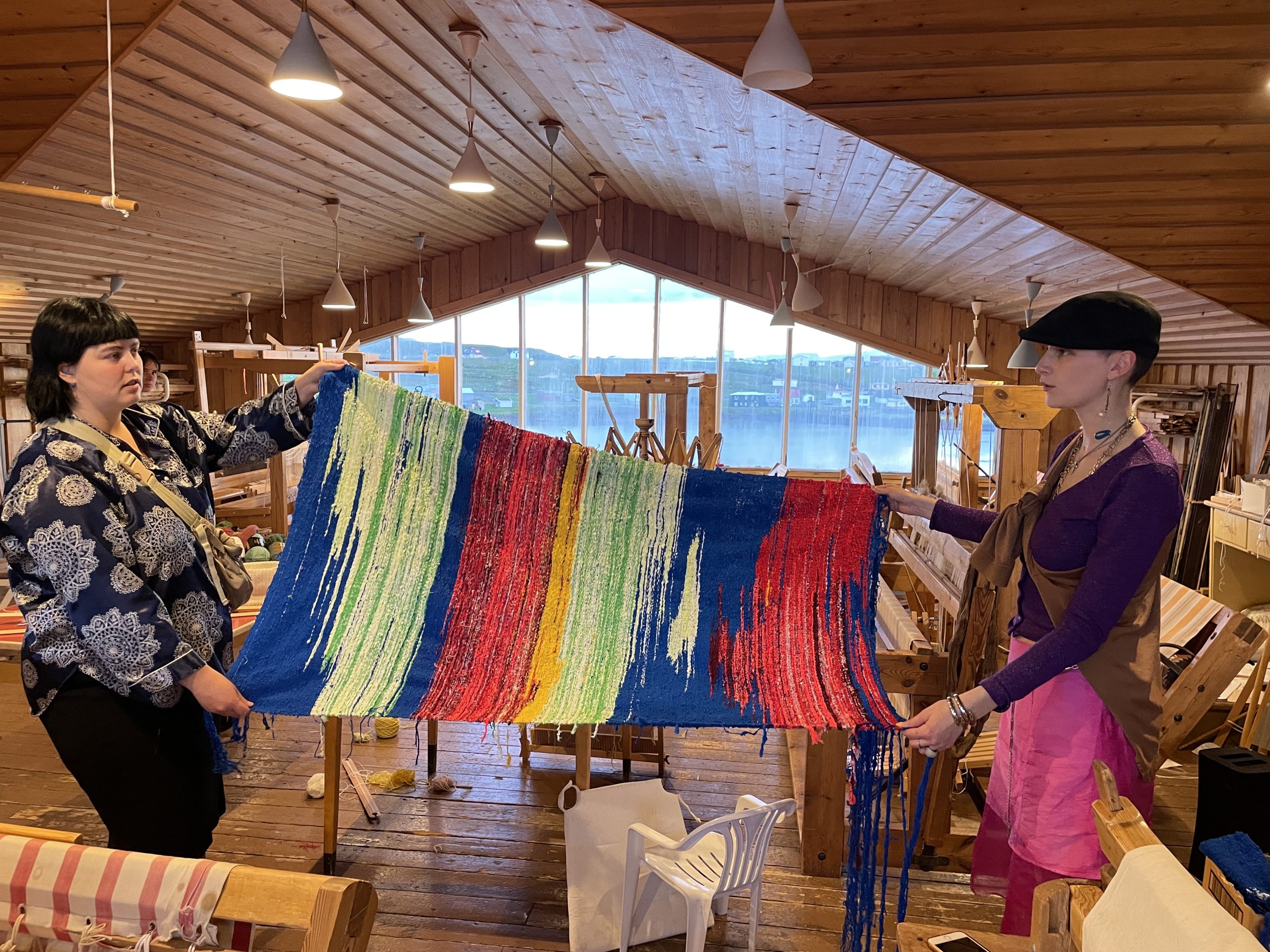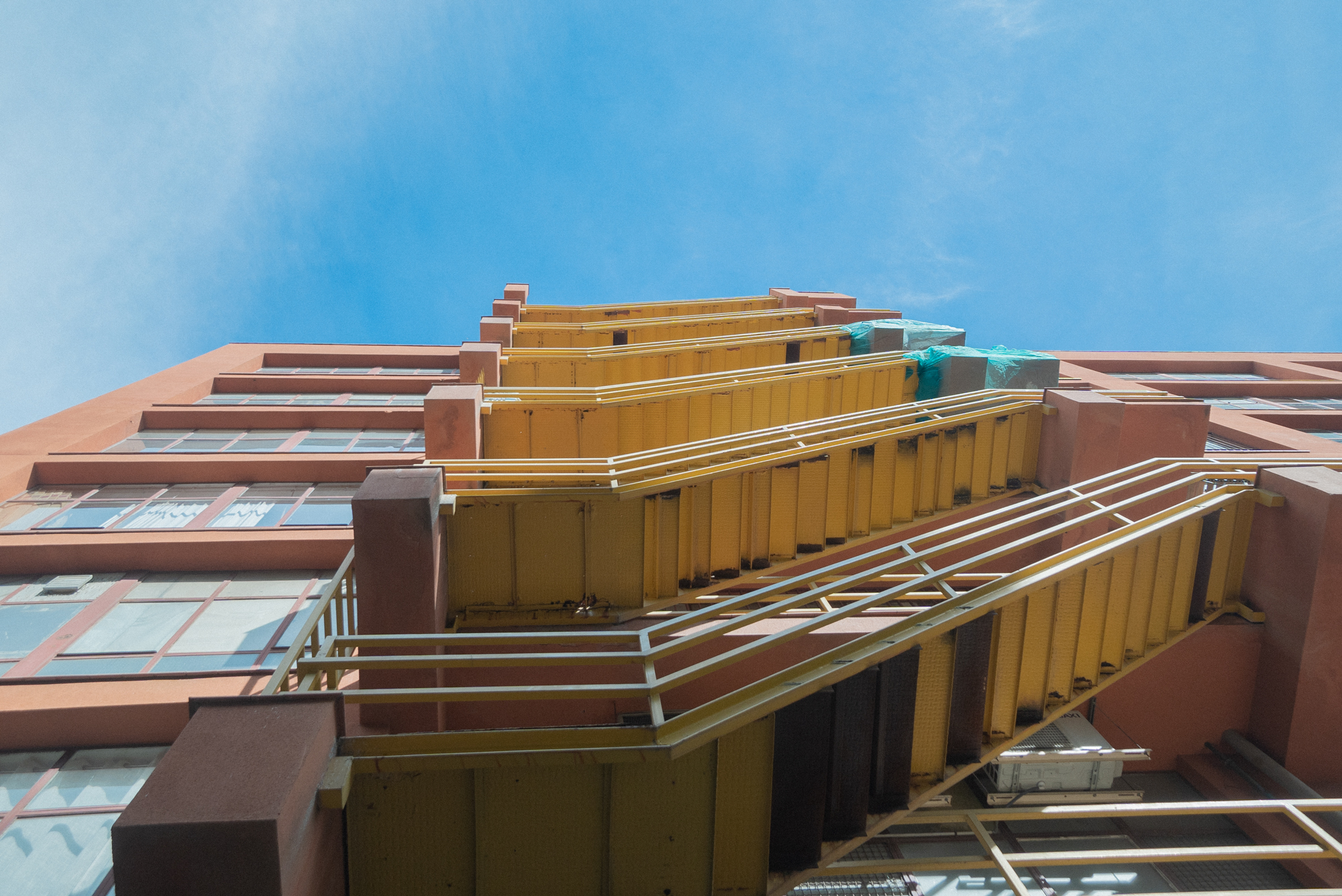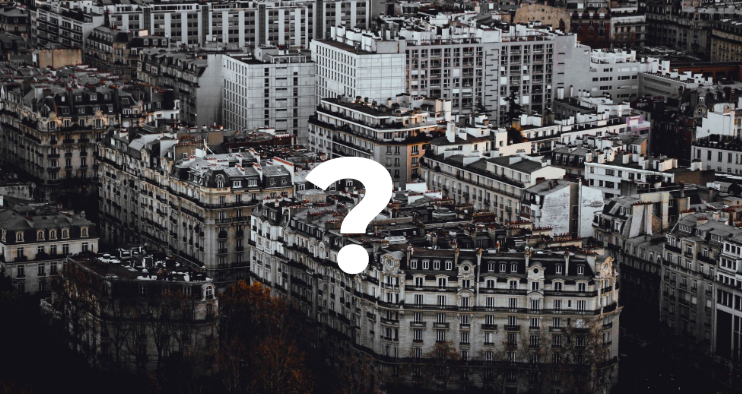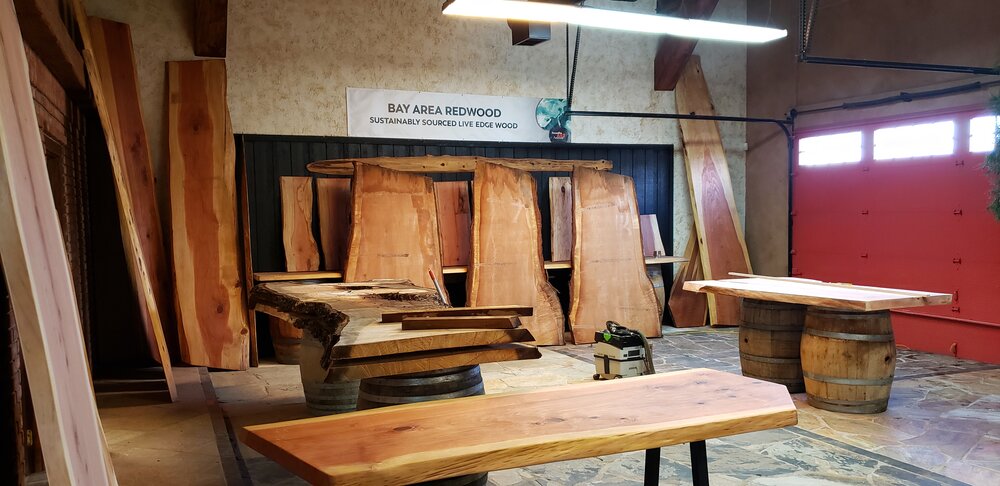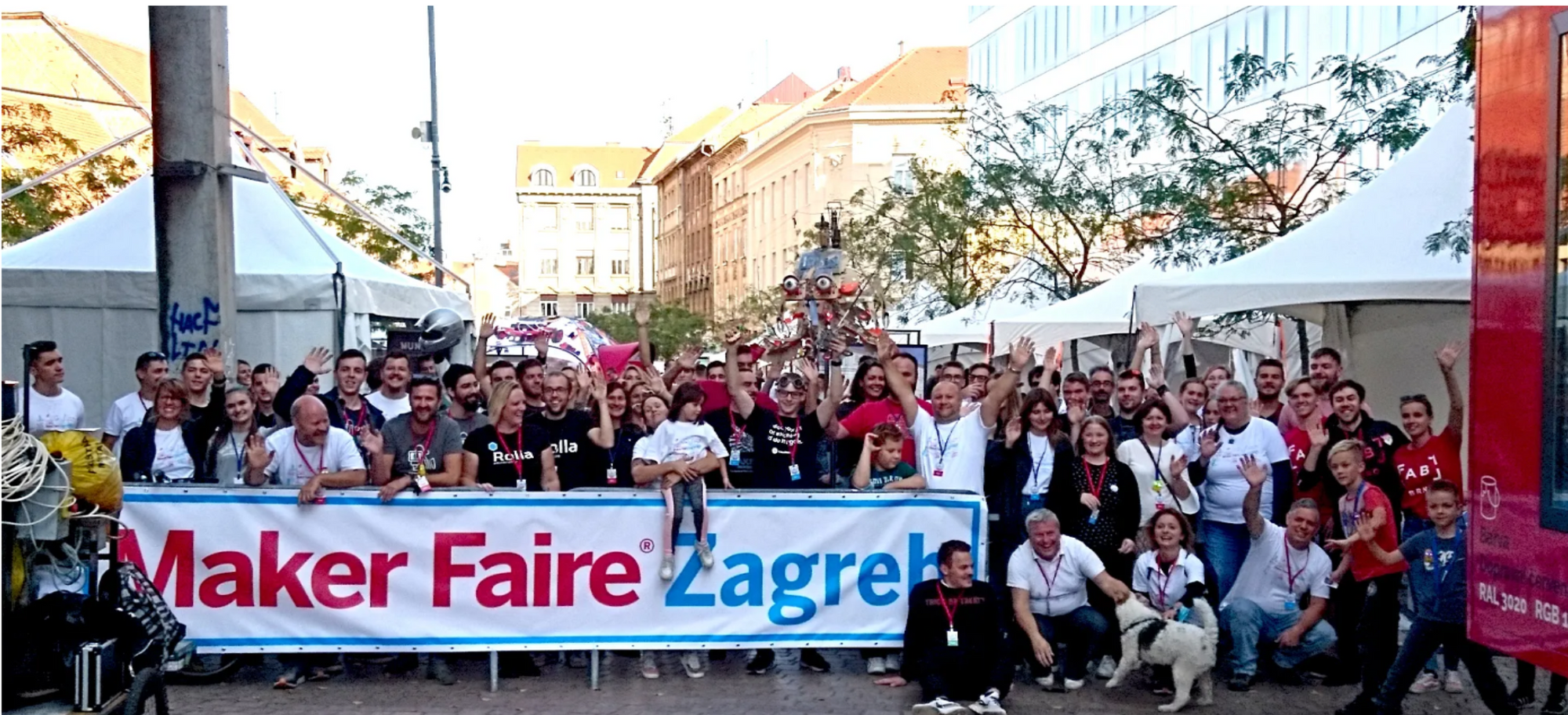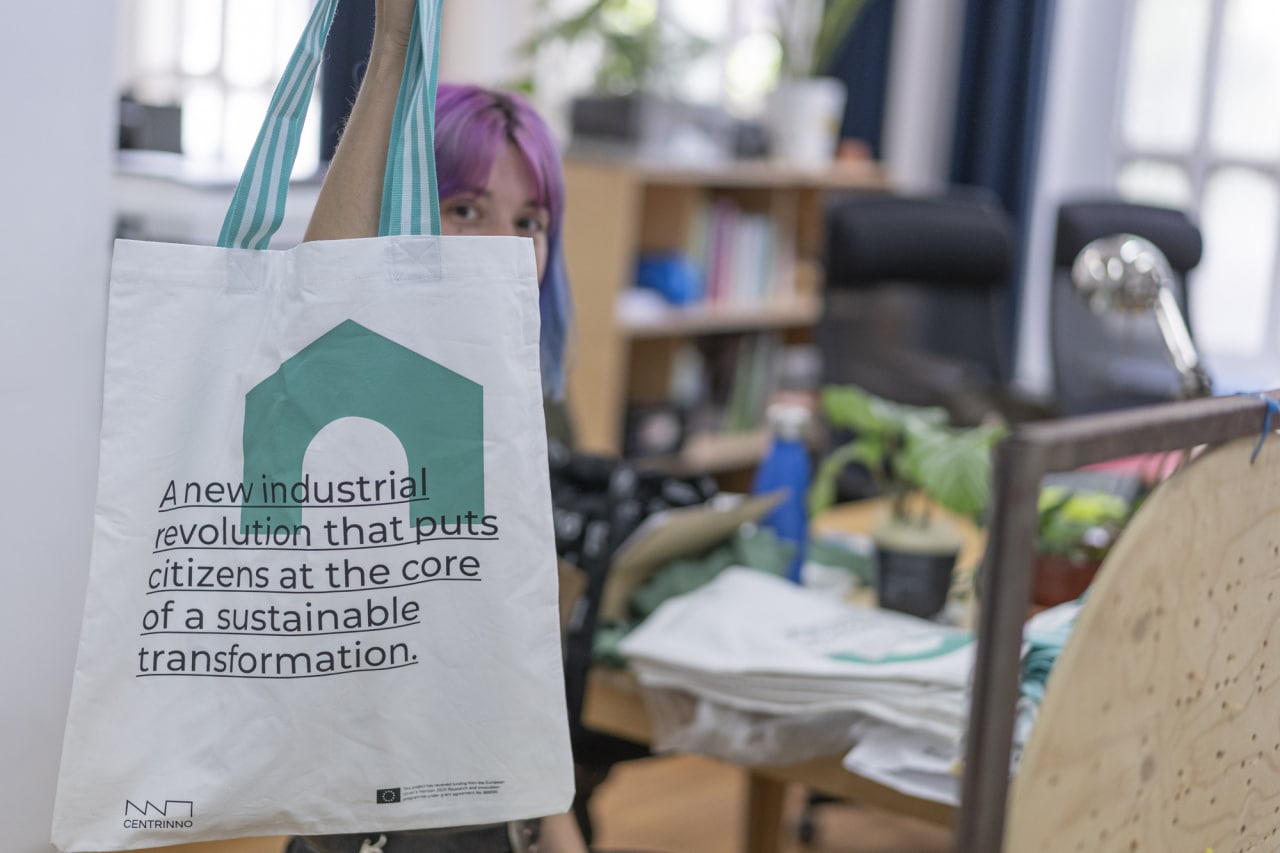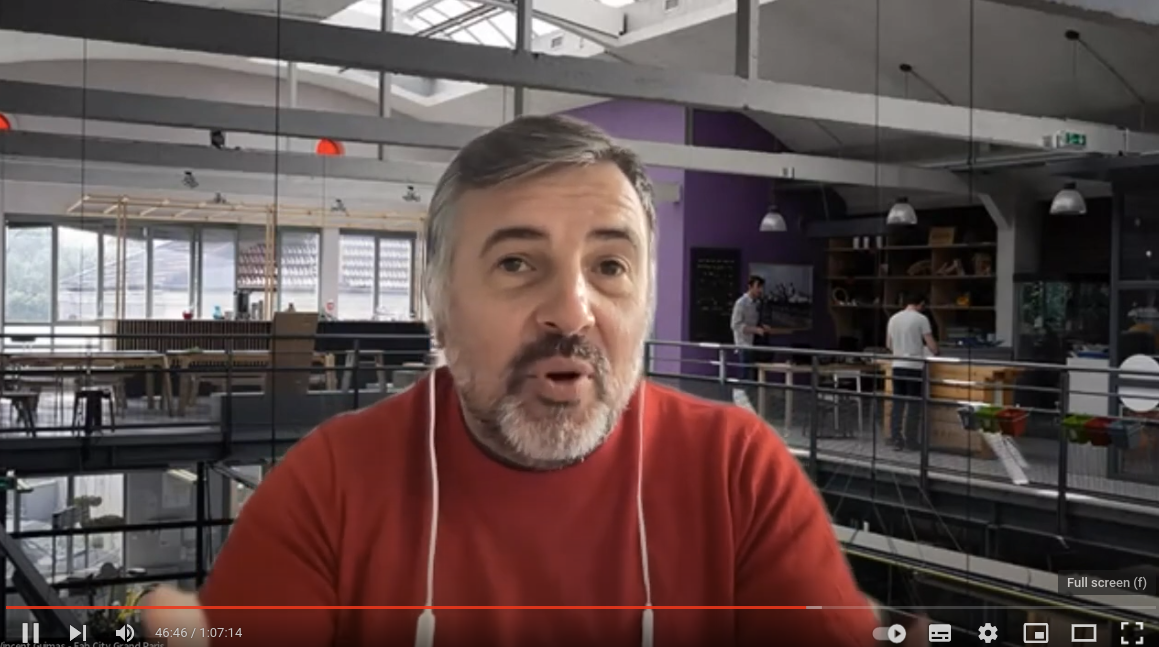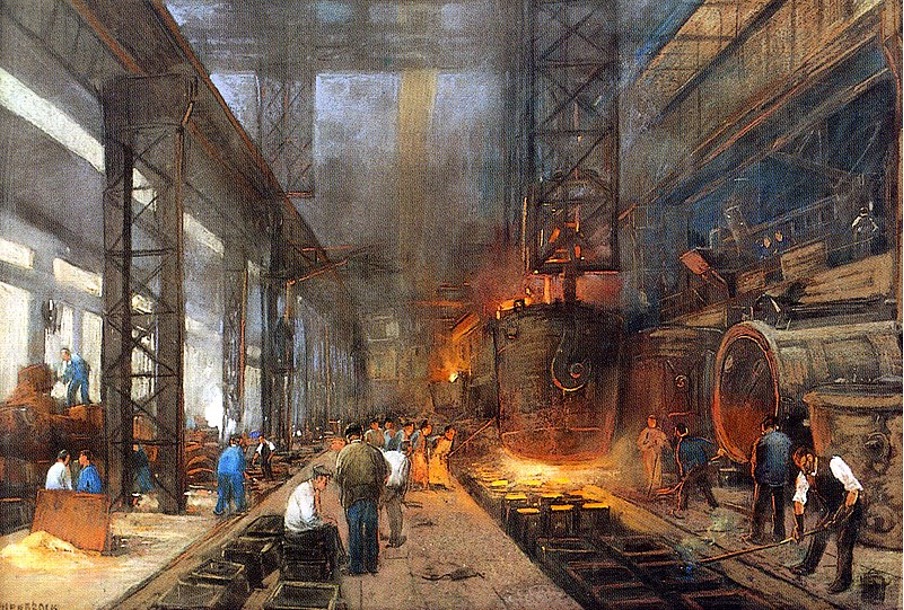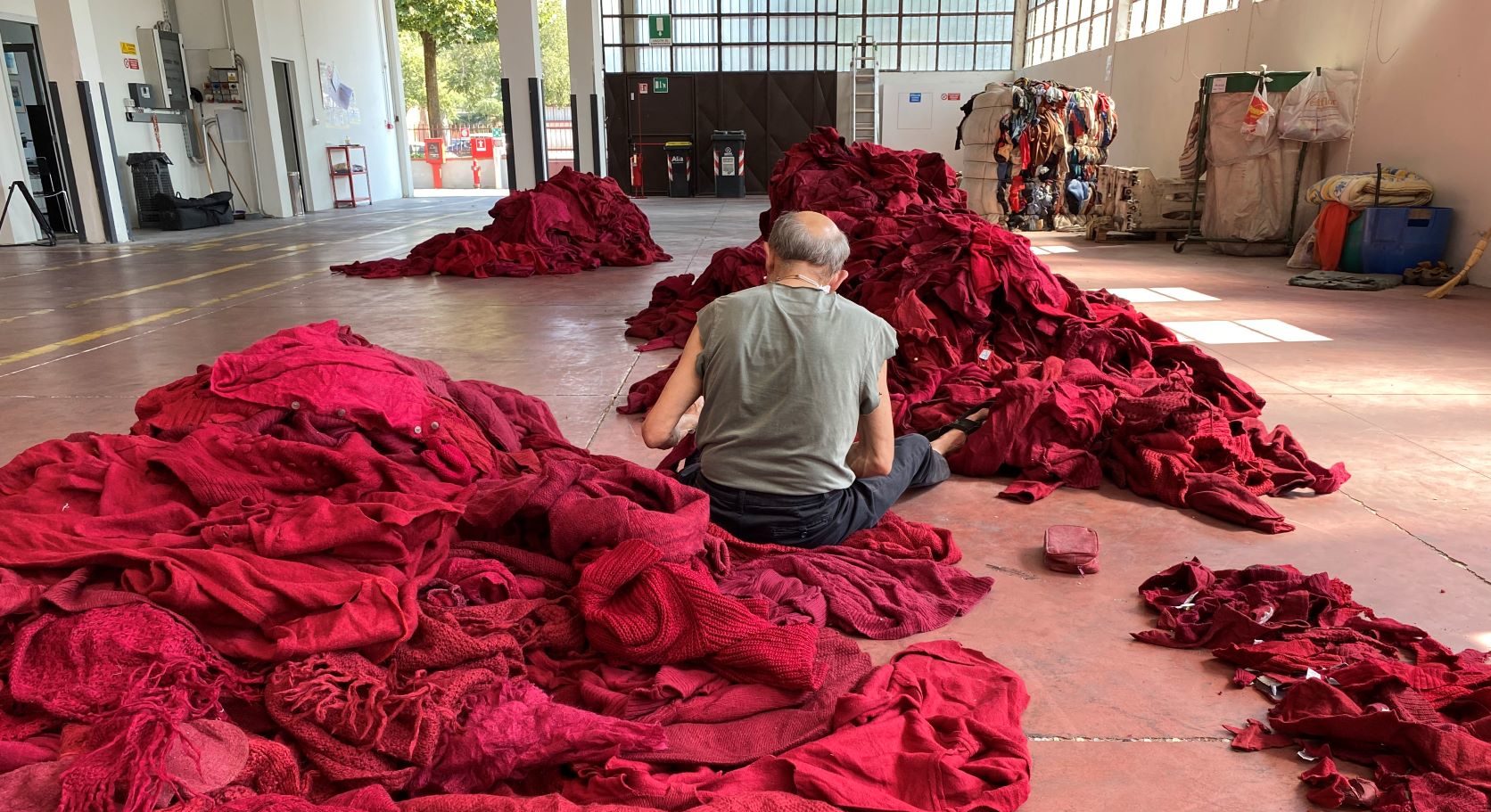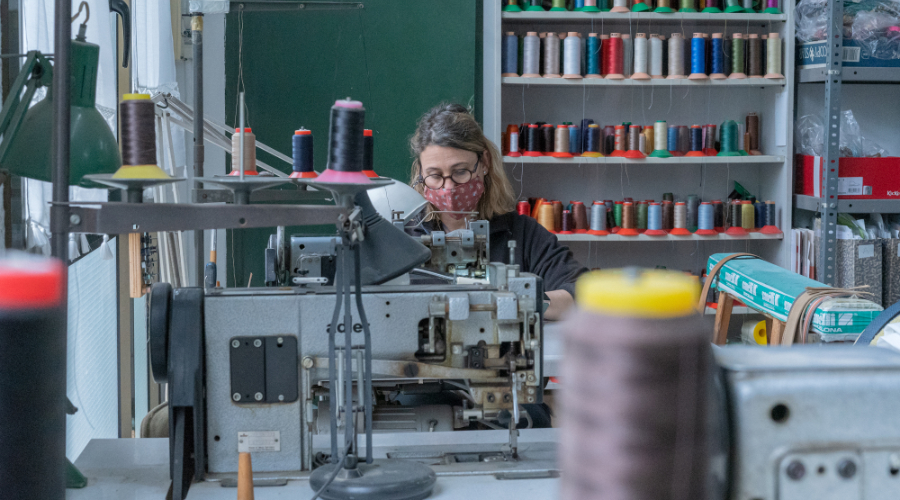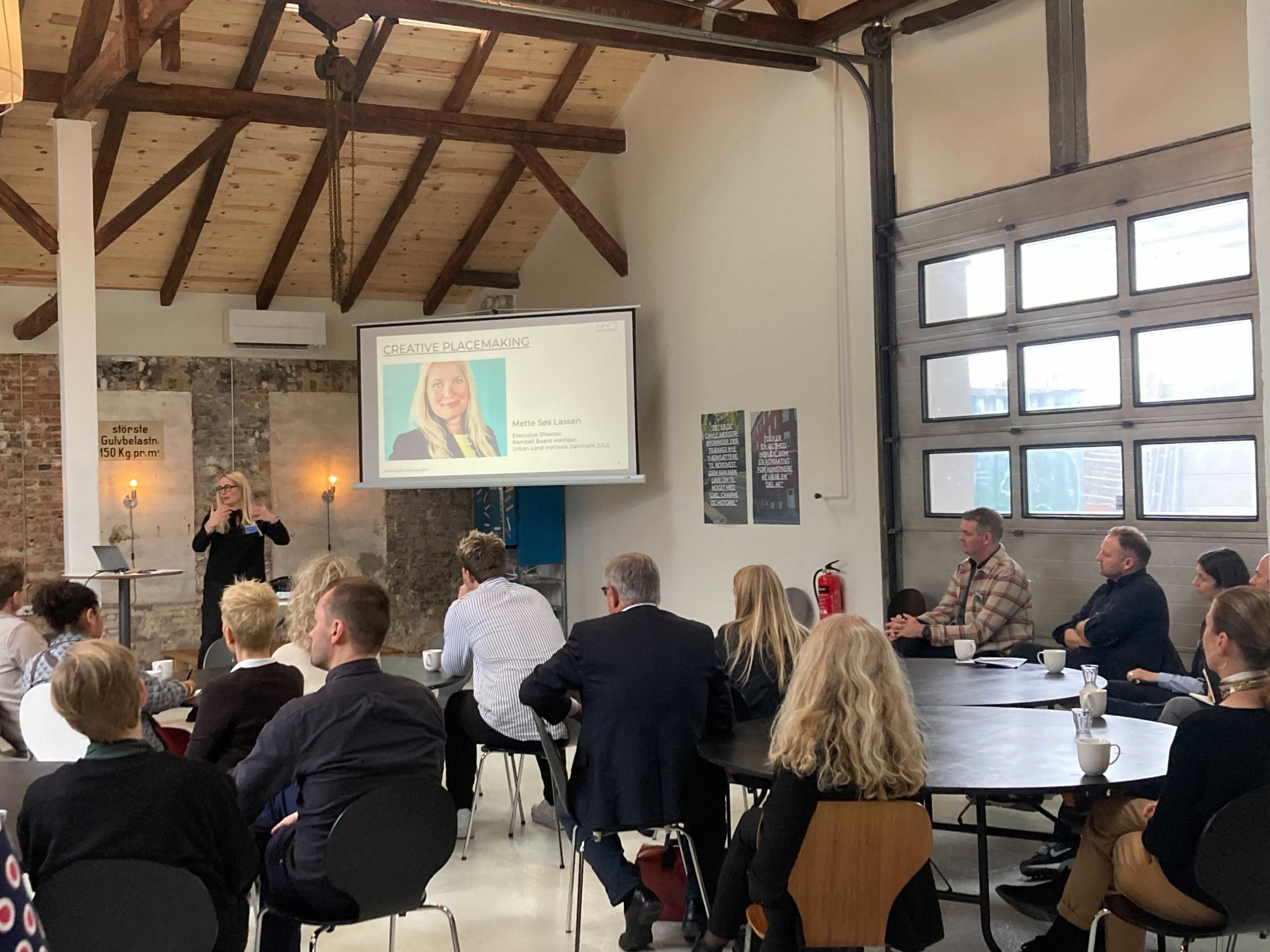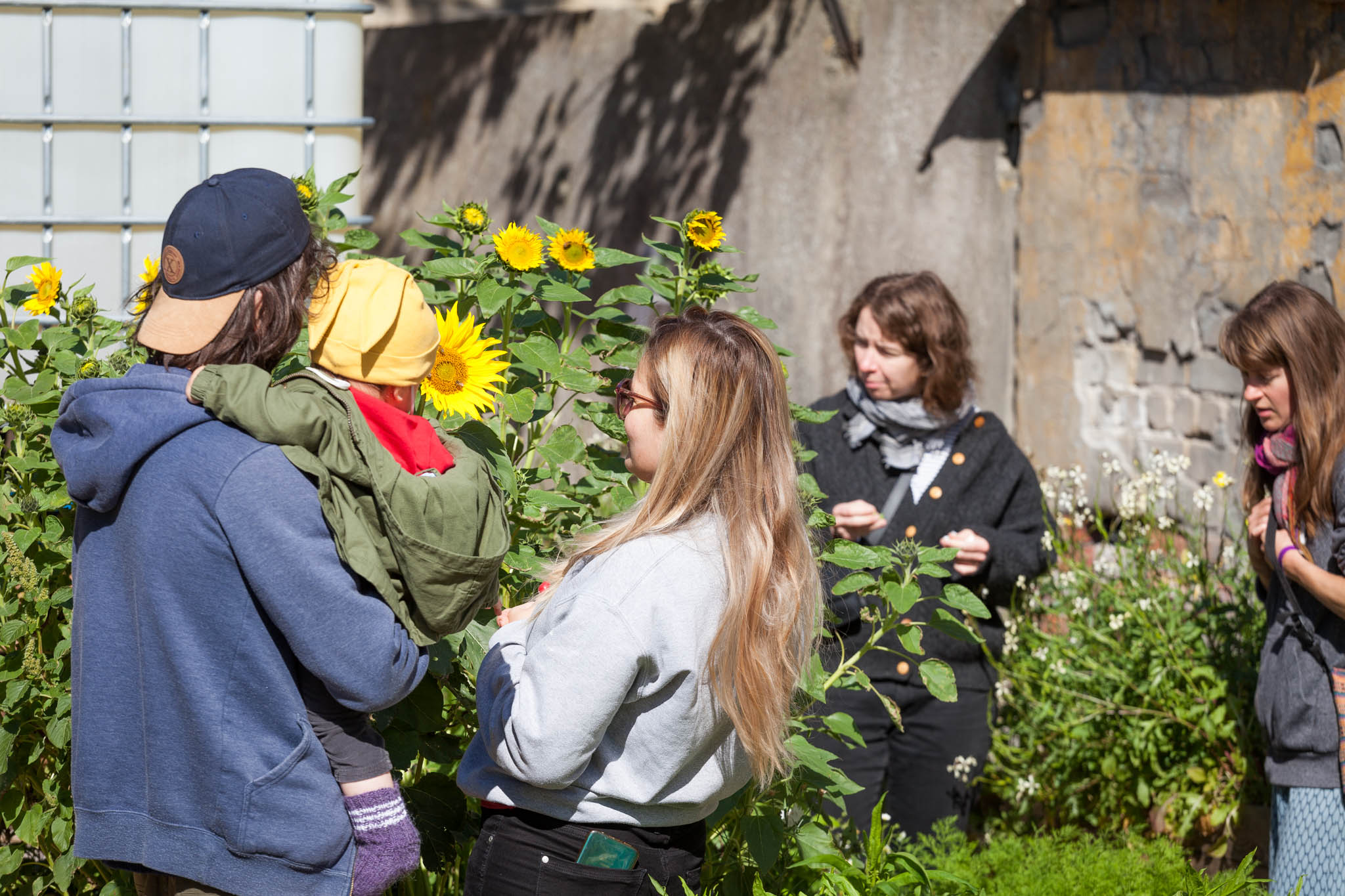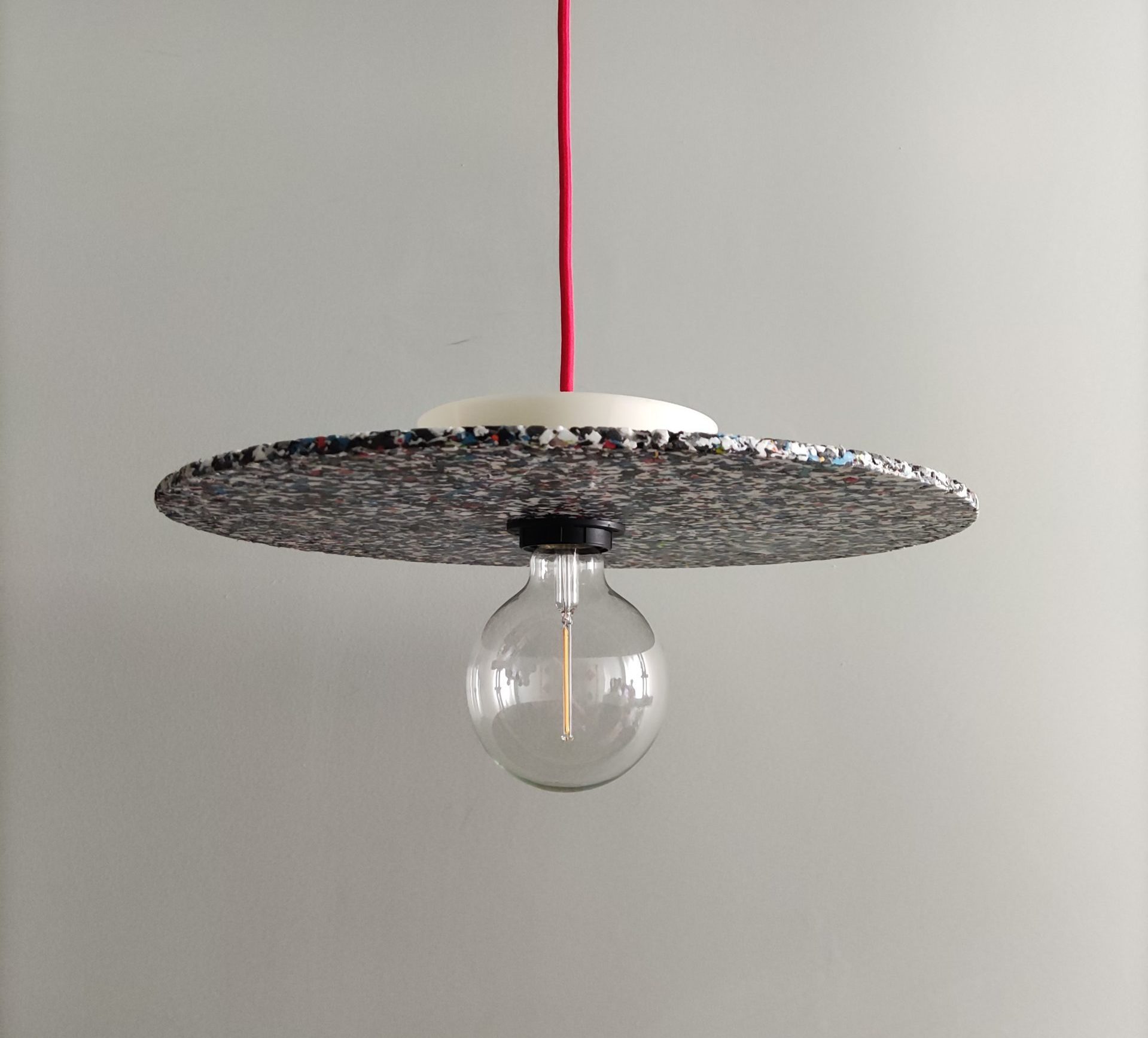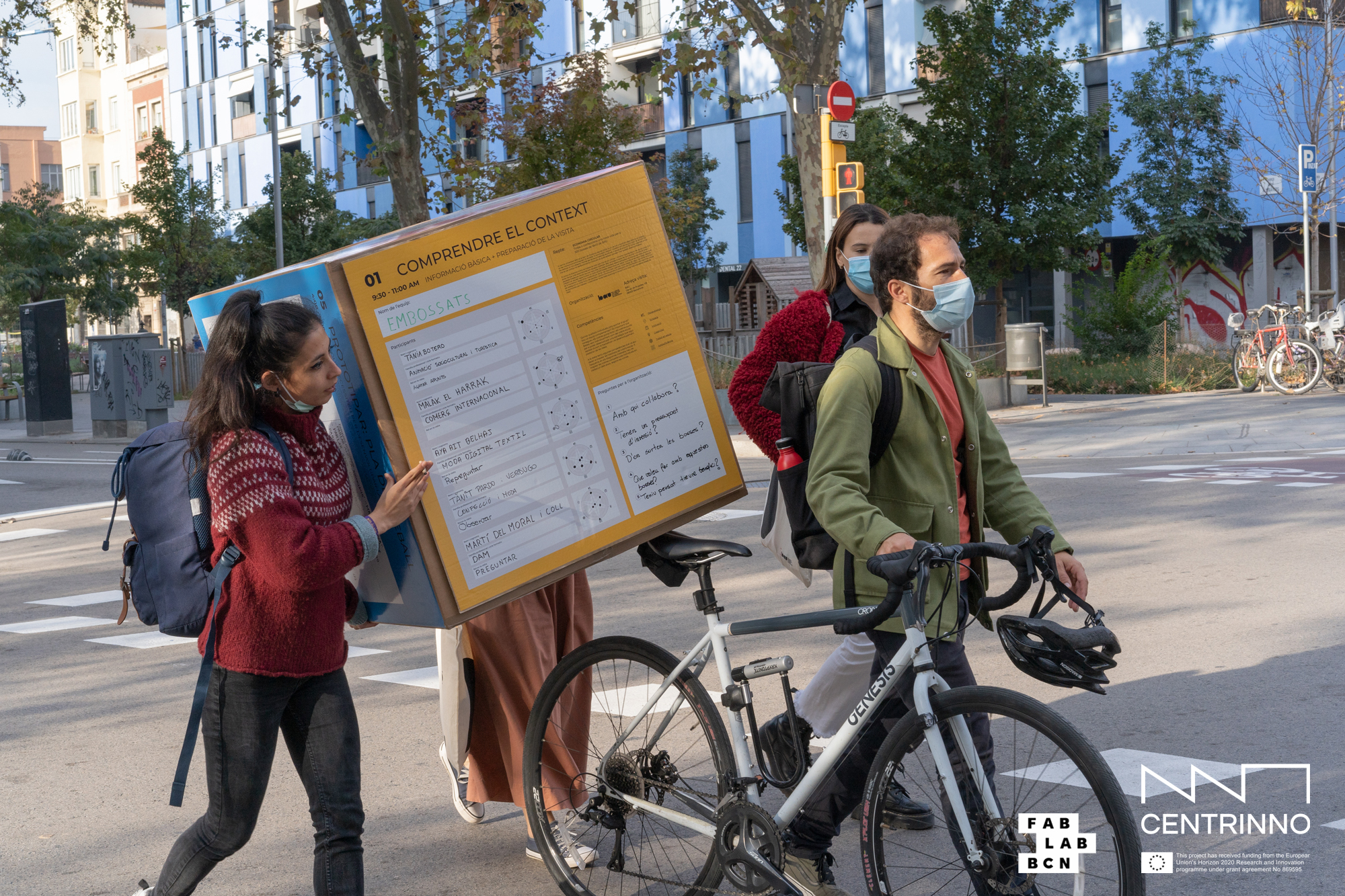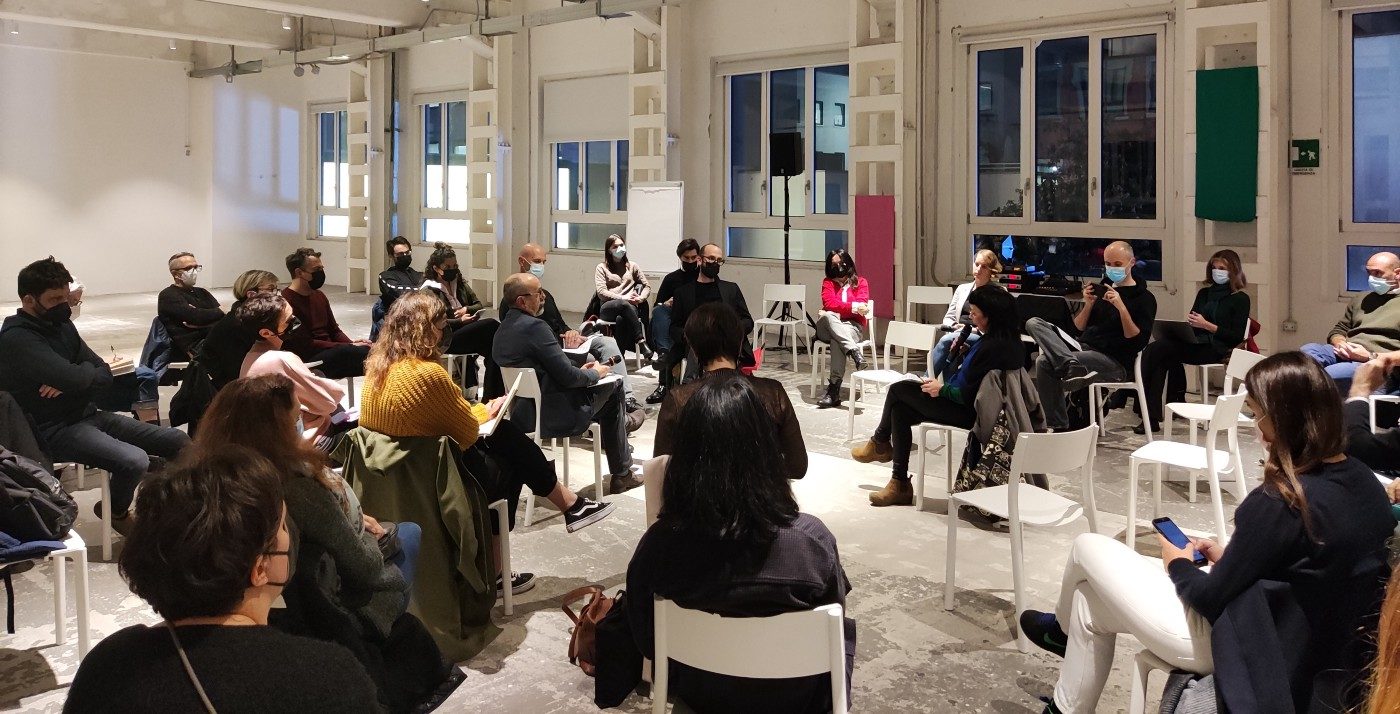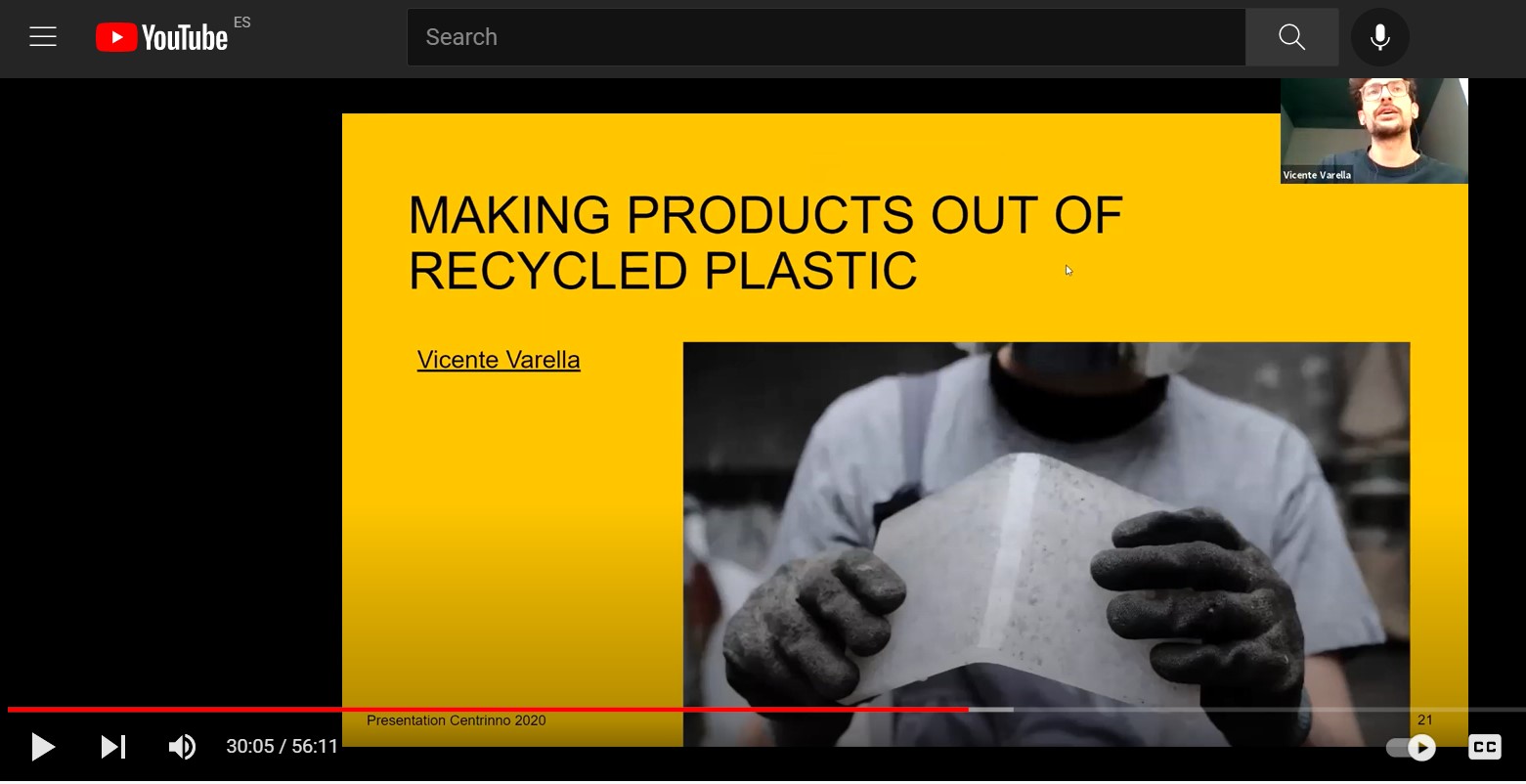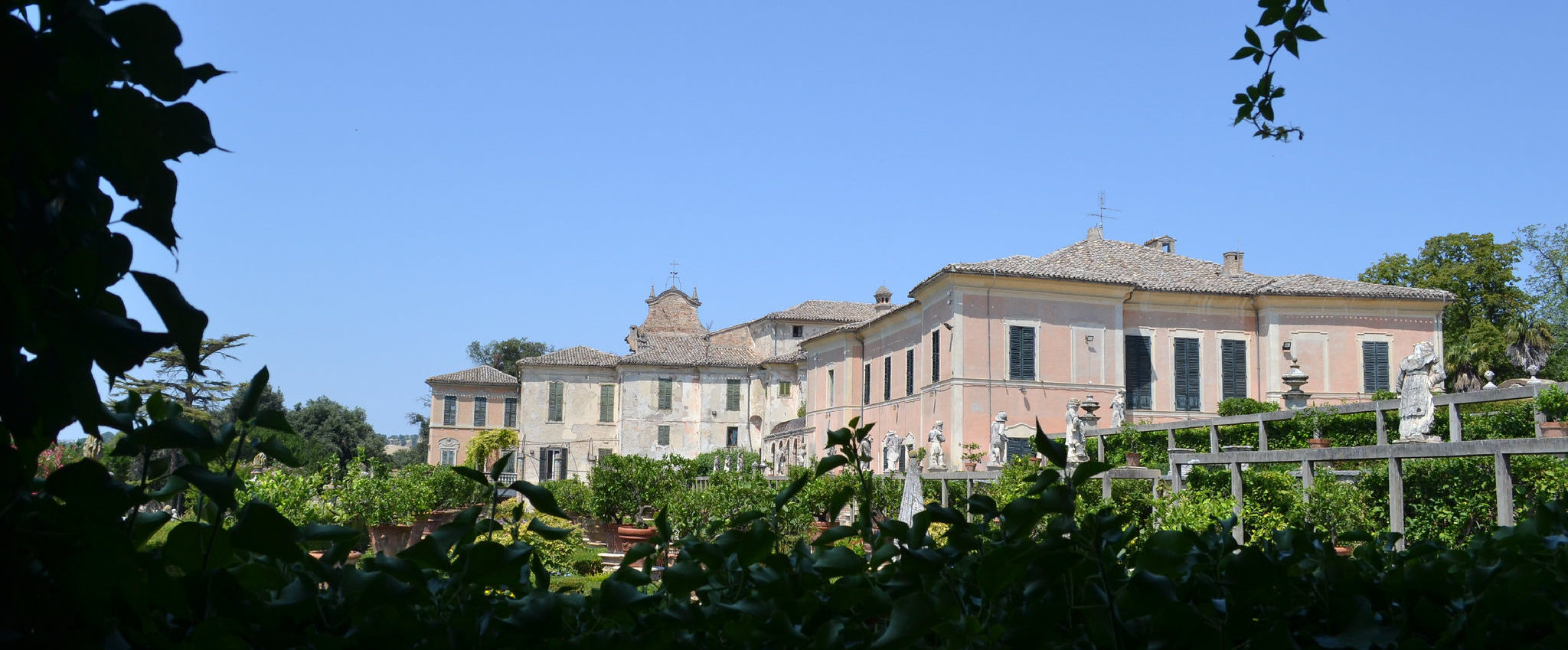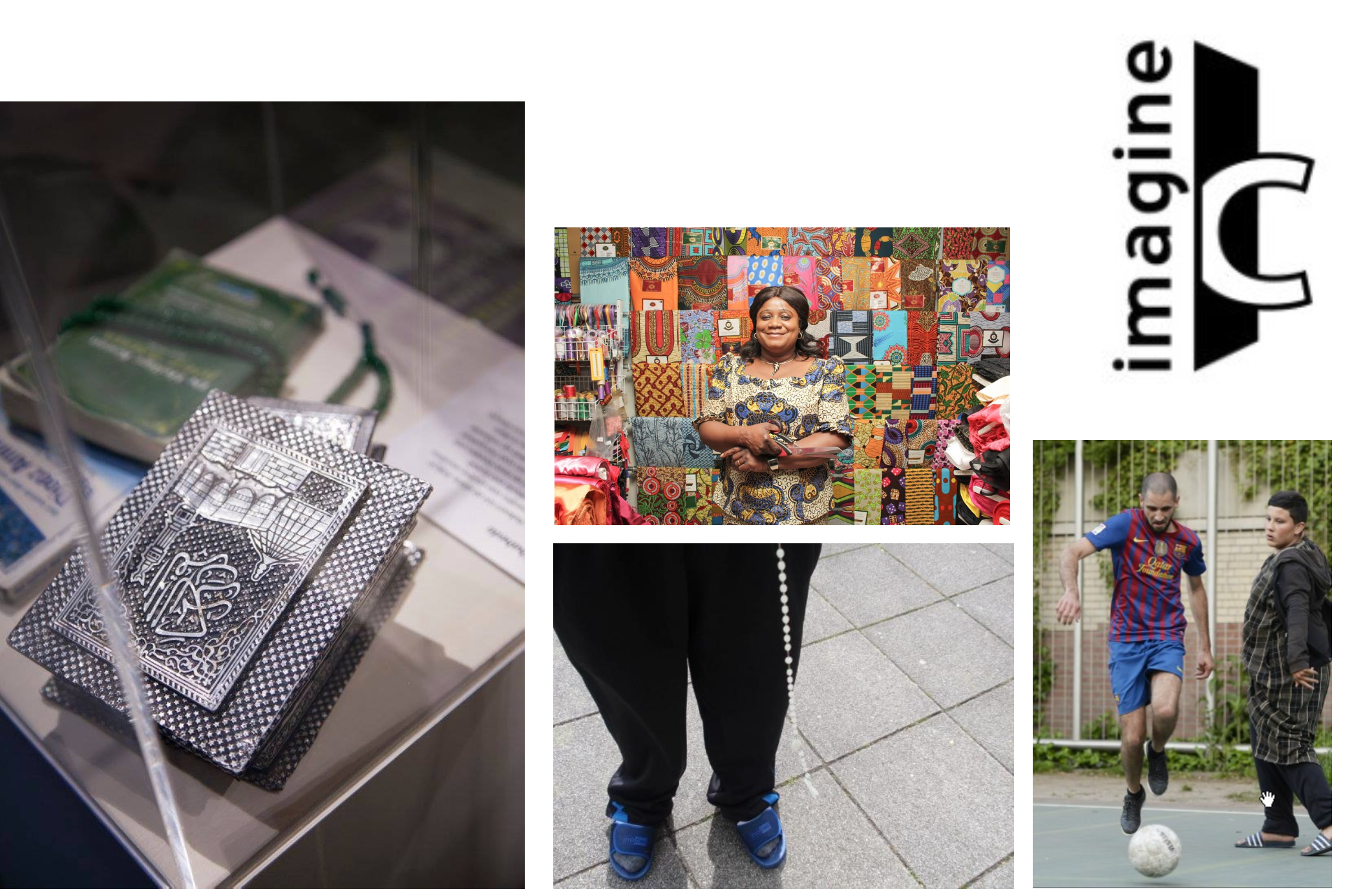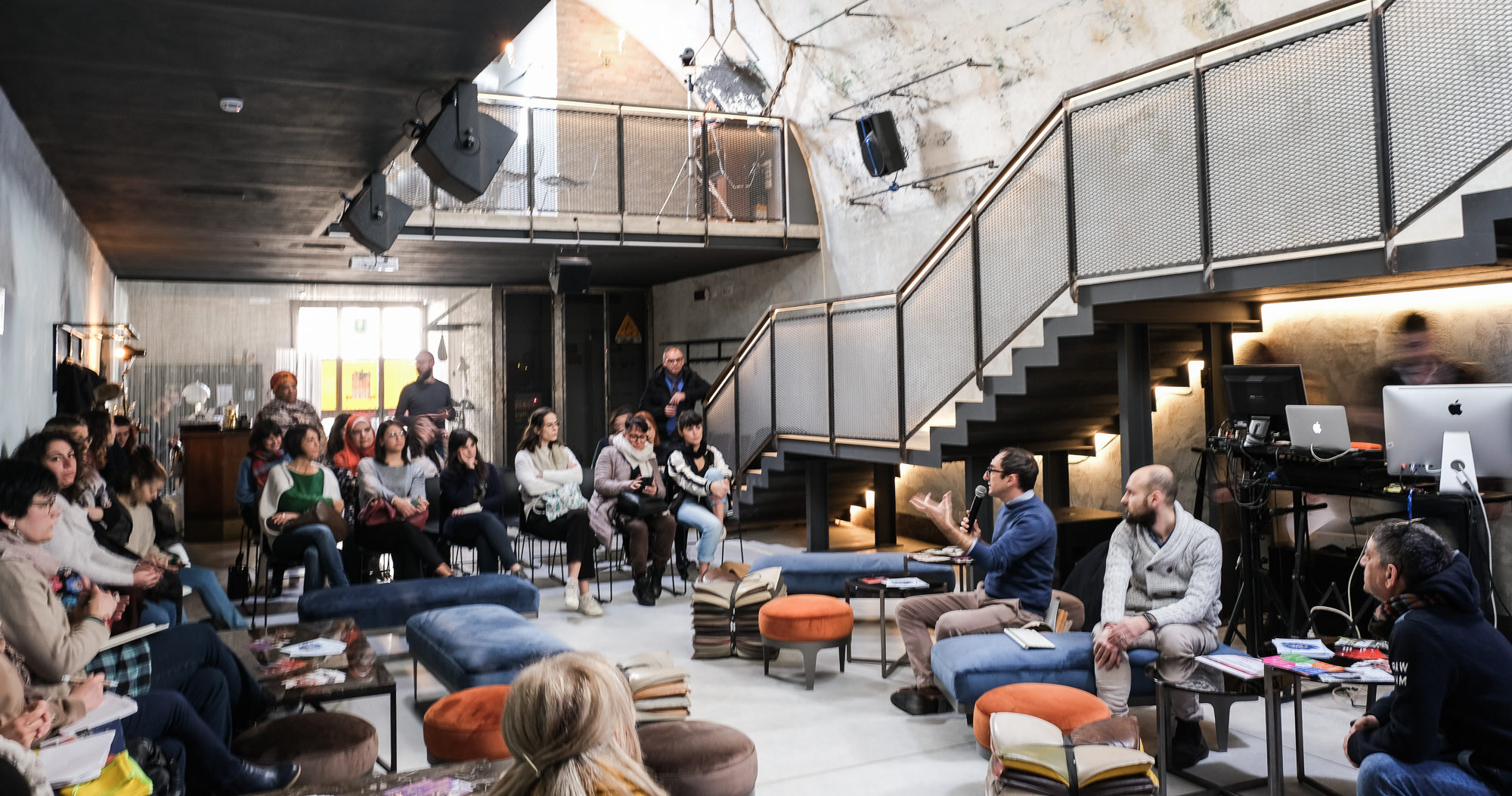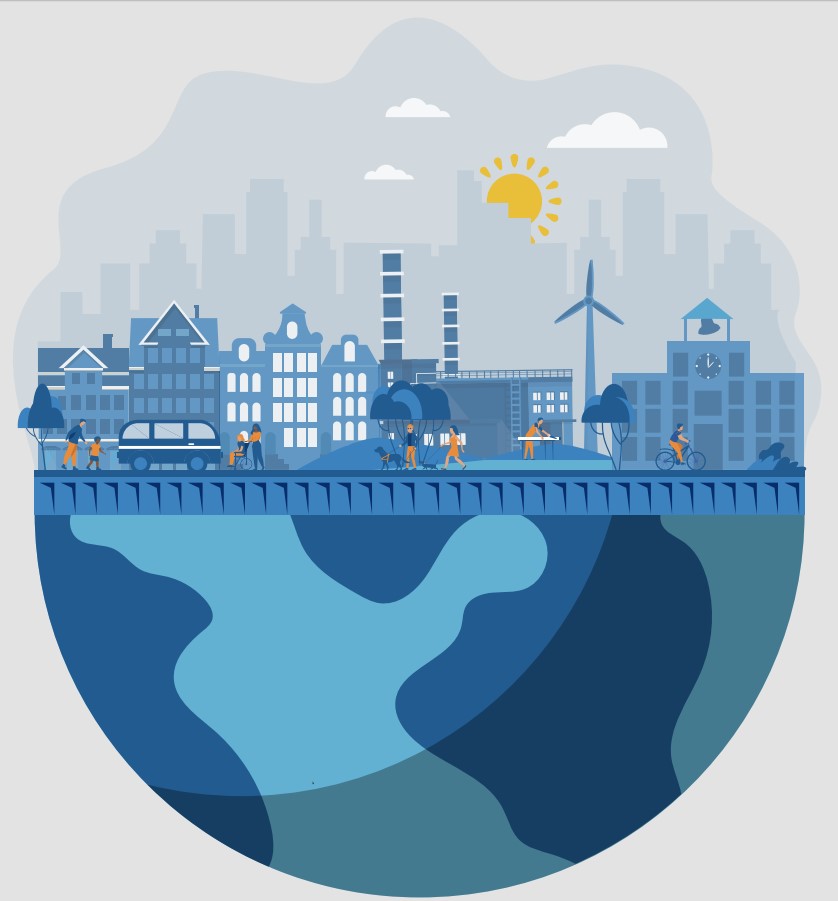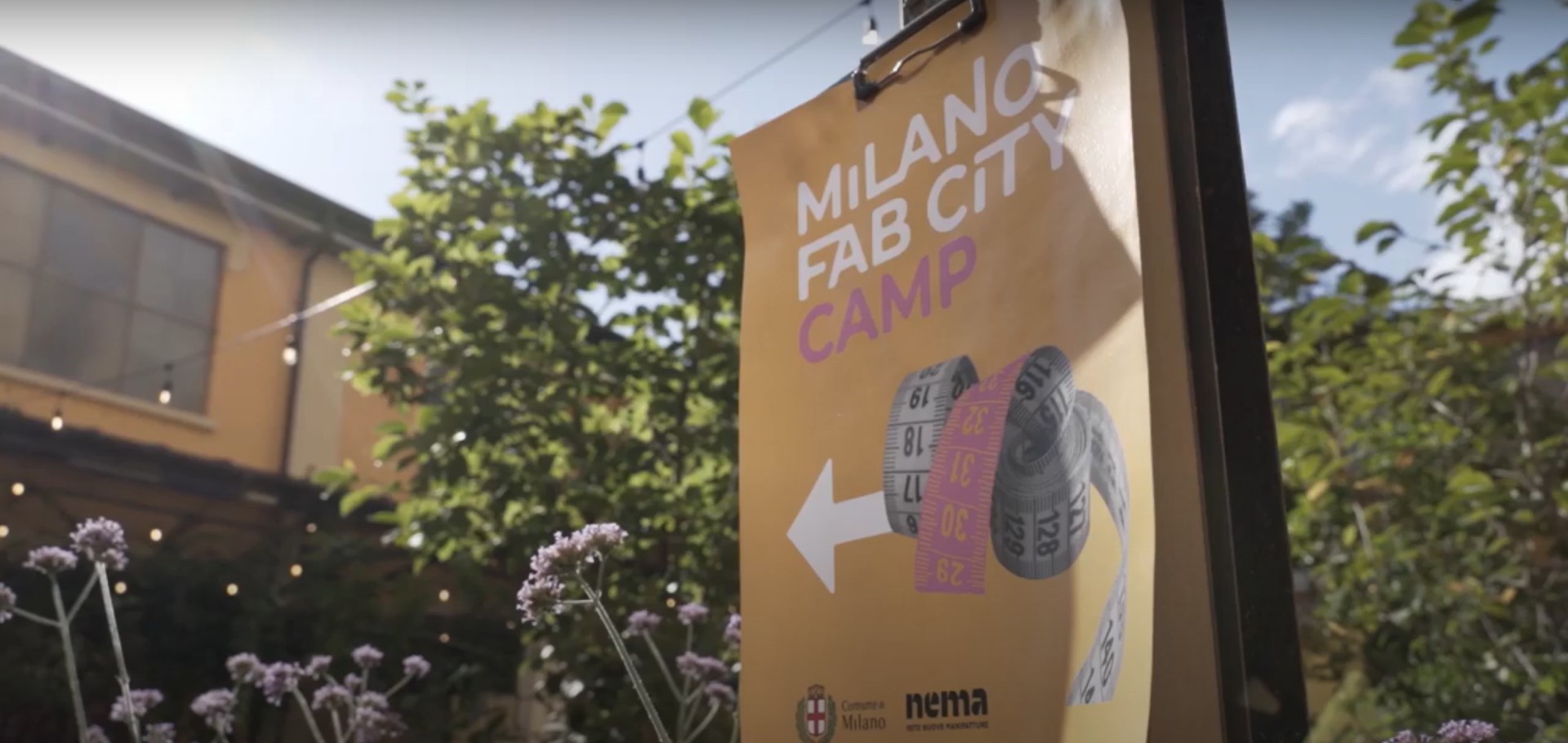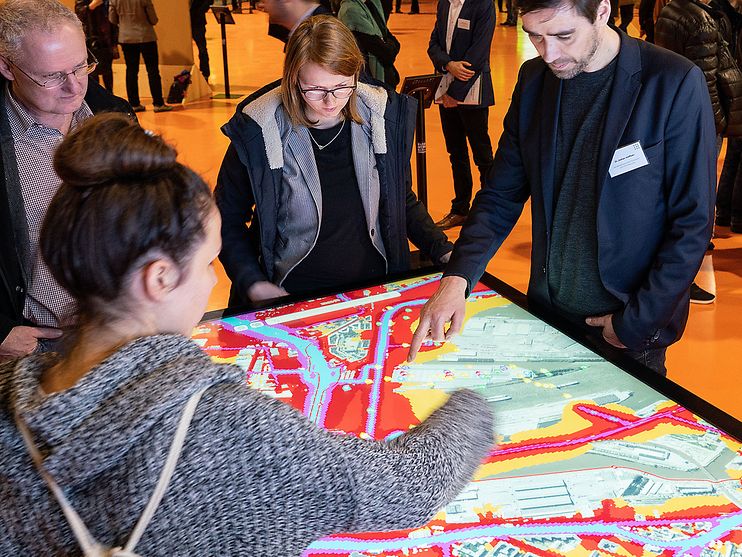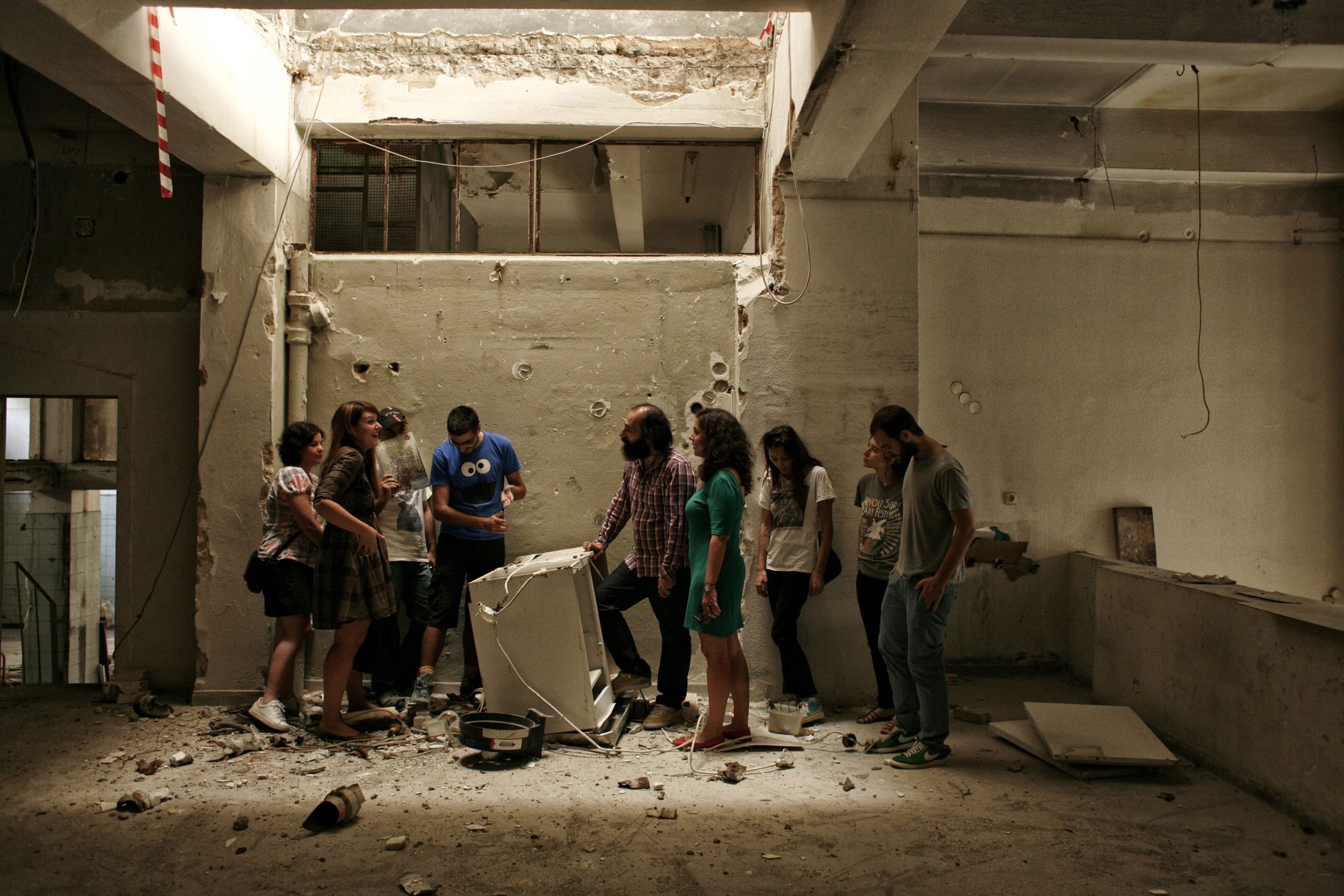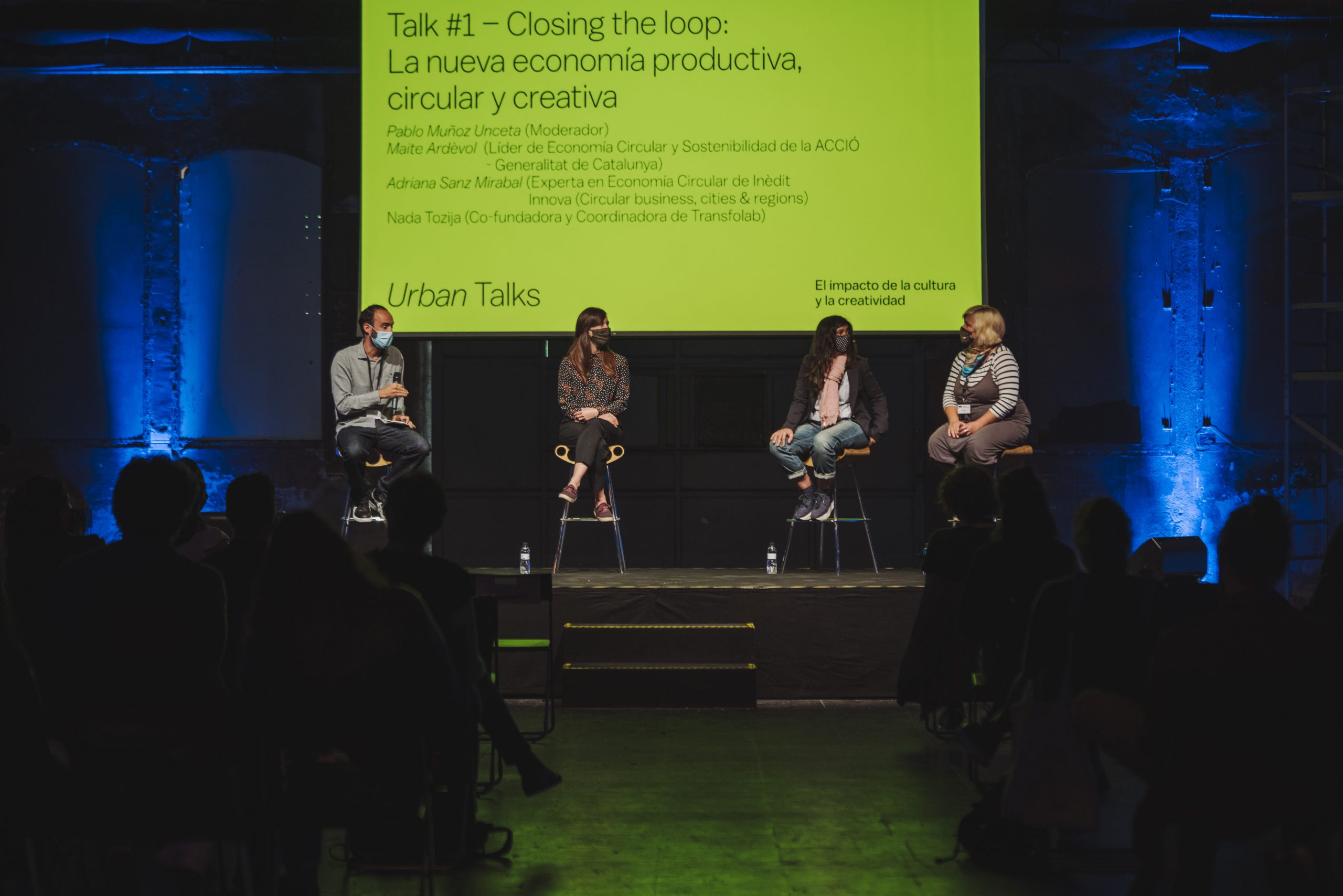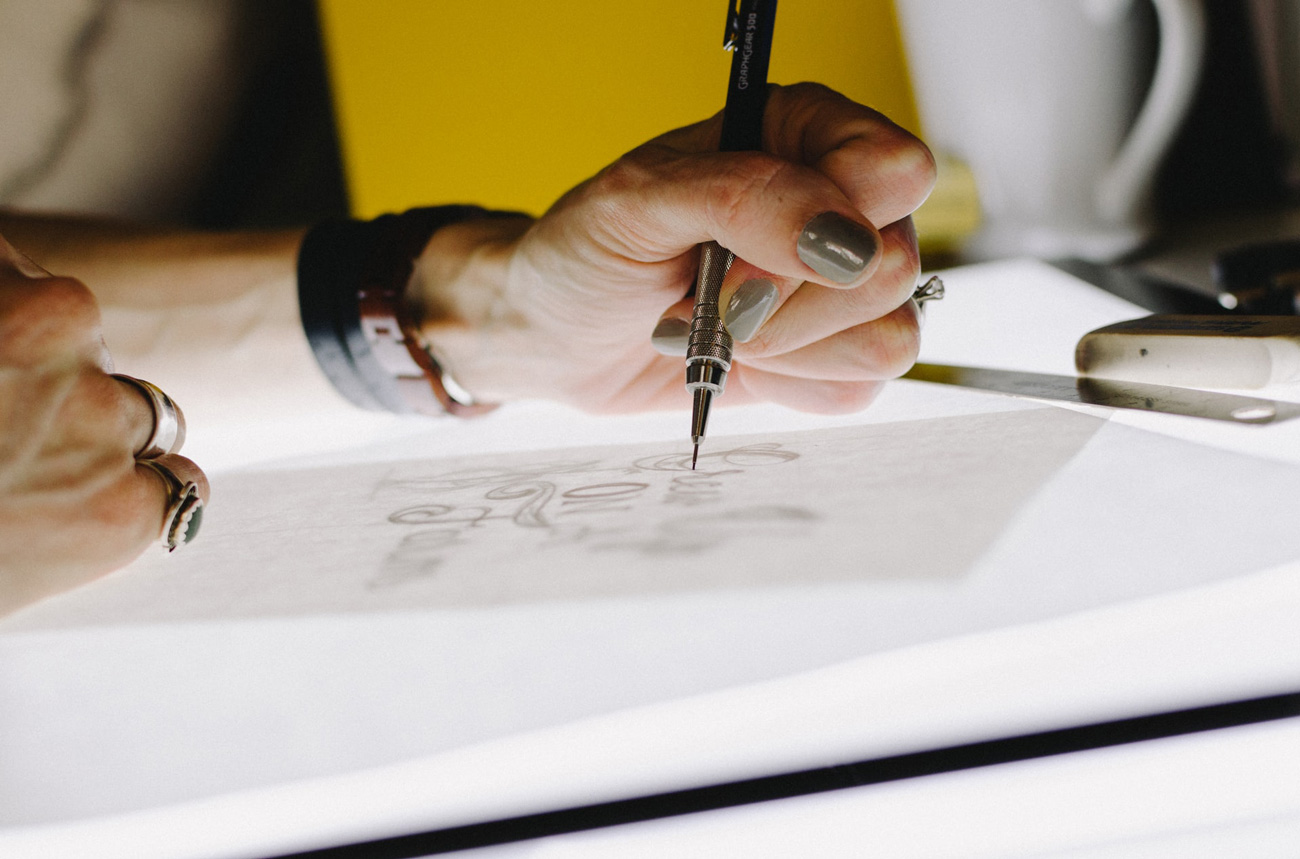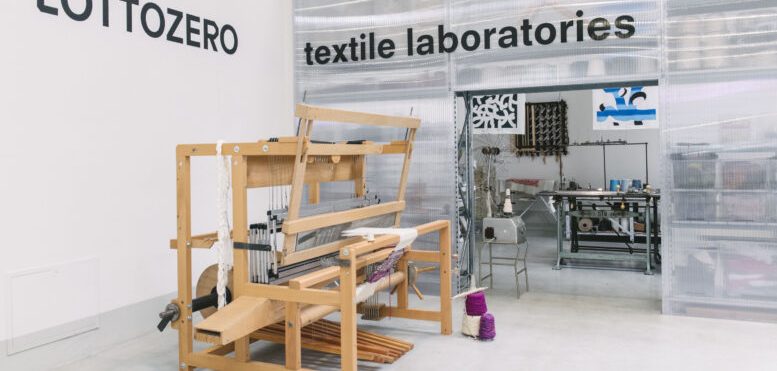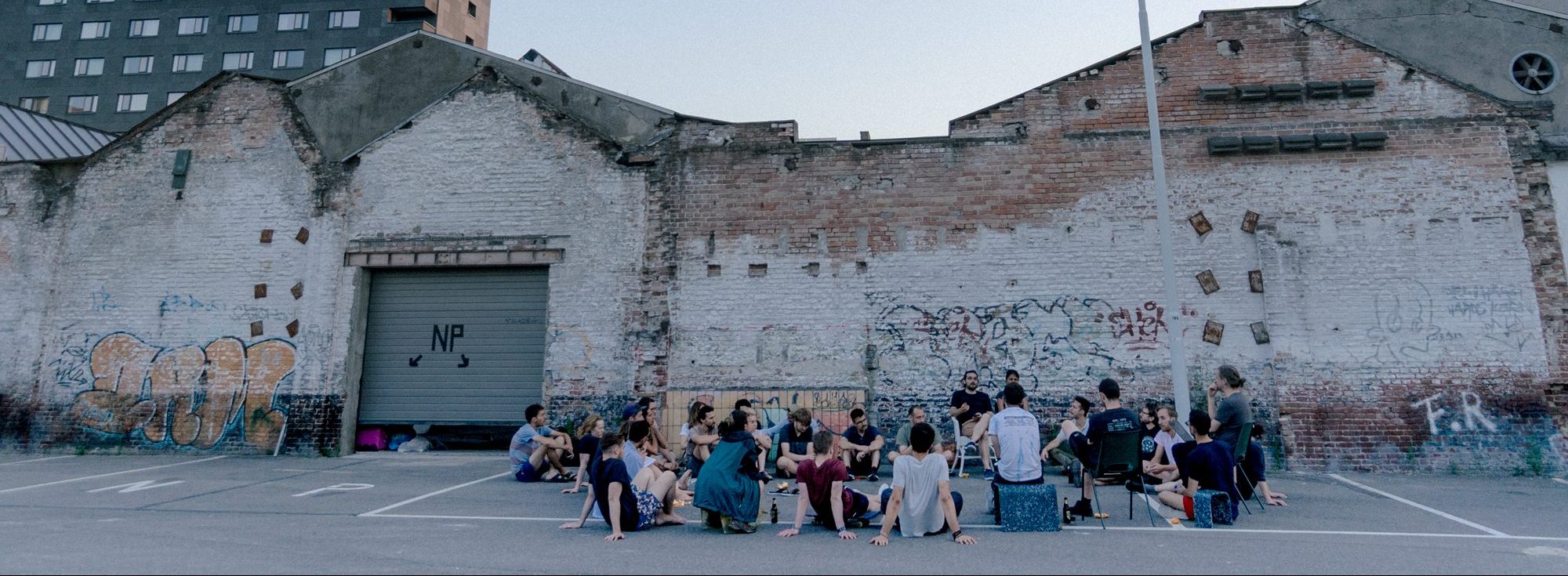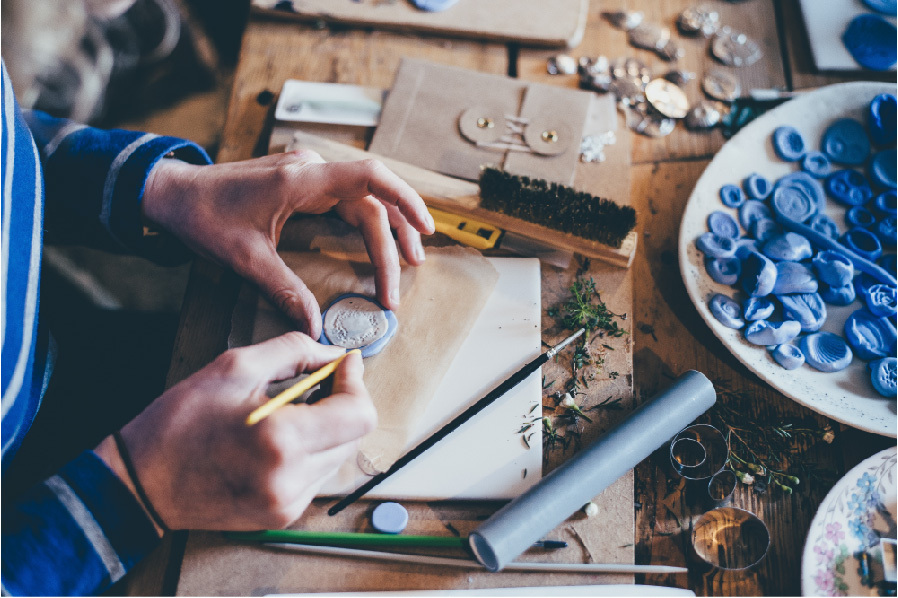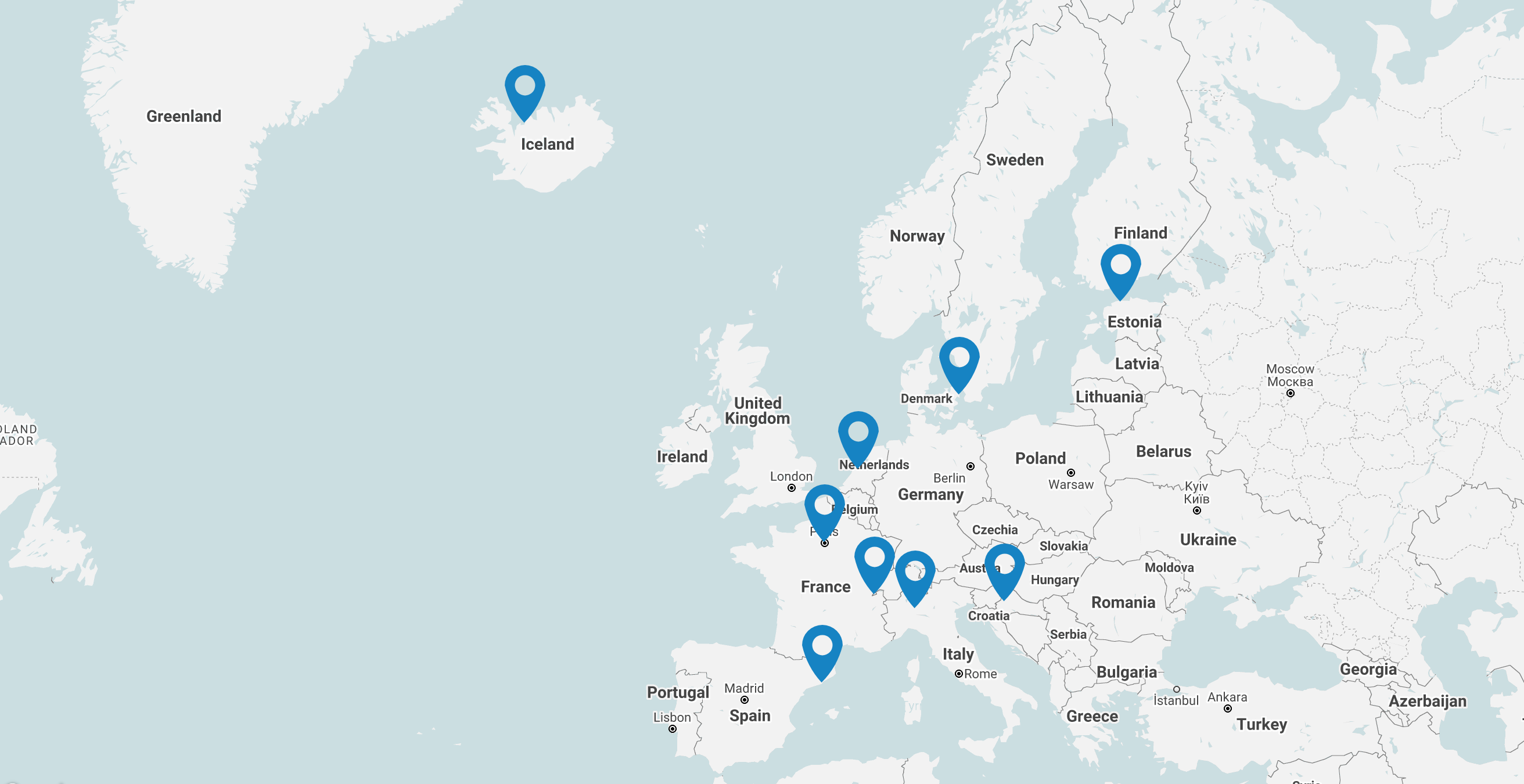BLOG
The Blönduós CENTRINNO Journey
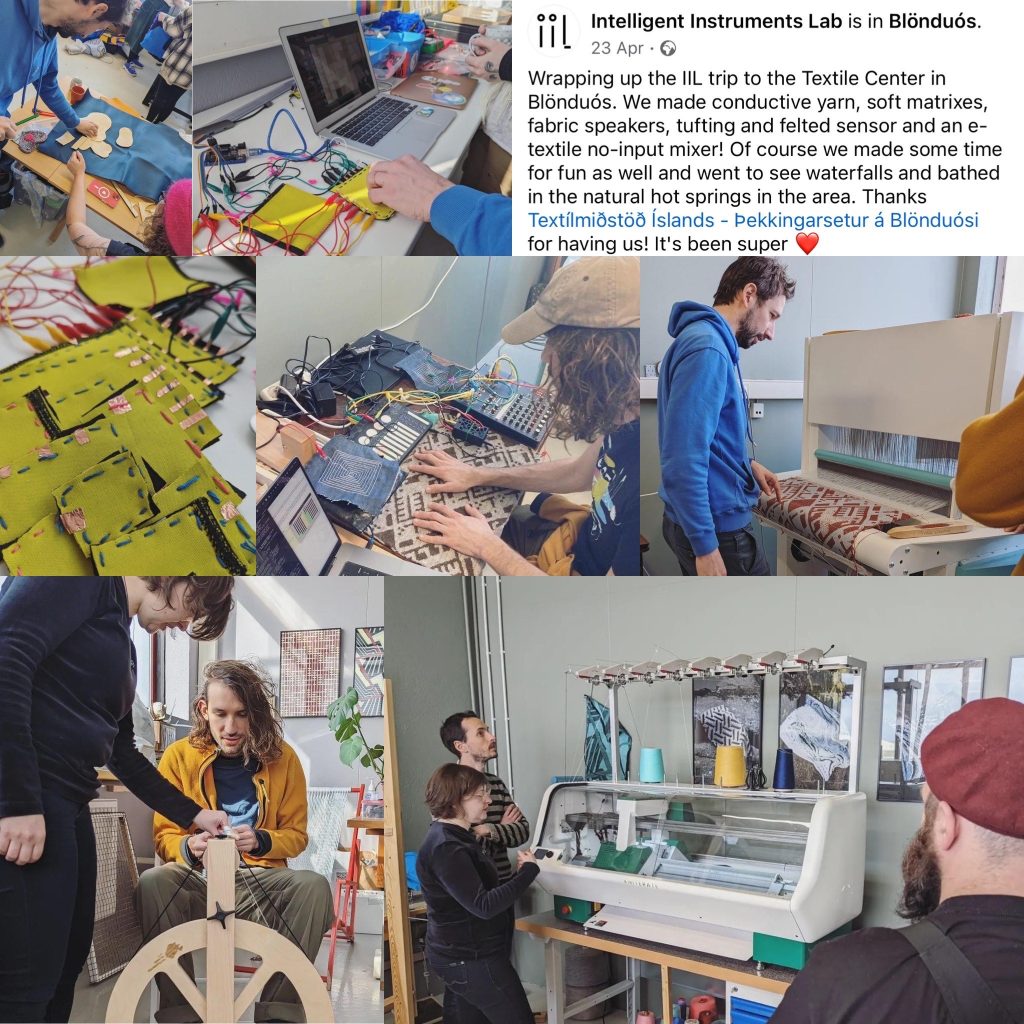
What a journey it’s been! When we first signed up for CENTRINNO, we did not really know what to expect. But we were very excited about participating in a big European project that puts citizens at the core of a sustainable transformation. And we knew what we wanted to achieve: One of our main aims was to develop the Textile Center in Blönduós, a small town in northern Iceland, into a dynamic textile hub and makerspace in line with the principles of a circular economy and facilitate research on the current situation and historical heritage of domestic crafts and textile work (quite literally ticking all the boxes of Centrinno’s key concepts: heritage, circular economy, vocational training, social inclusion and innovation spaces). Furthermore, we wanted all of Iceland to know about the opportunities that lie within textile innovation, education and local production.
Here’s where we are at!
Three years later, this is where we are at: The Textile Center now runs the TextileLab, a makerspace in walking distance from the heritage house we are located in, equipped with digital looms, digital knitting and sewing machines, a felt loom, tufting guns and other equipment needed for innovative textile work. We have hosted a variety of workshops and open houses since the lab first opened in 2021 and welcomed a growing number of members from the local community, student groups, policy makers, educators, artists and craftspeople at the Textile Center. We hosted a “Wool Idea Marathon”, the transdisciplinary program Fabricademy, and developed a hybrid course for entrepreneurs within textiles.
Makers in the Lab
Opening the TextileLab, working with the local community and makers from all over Iceland, developing the bacteria dye project “Fjólublár” with local partners and presenting the exhibition “New Directions” at Reykjavík Design March were some of our pilot highlights. To see the TextileLab brimming with activity and makers coming to Blönduós to learn about traditional handcrafts and experiment with new equipment, materials and ideas is the greatest reward.
Changing Perceptions
Another great aspect of our CENTRINNO experience was the fact that we were able to contribute to a change in perceptions of handcrafts and textiles in Iceland. The research team from the University of Iceland collected valuable information and stories on the historical heritage and gendered dimensions of domestic crafts, textile production and waste in Iceland. Their findings, shared during various conferences and seminars, gained a lot of interest within the academic community.
Challenges? Sure!
There were also challenges, of course. In the beginning, we struggled with finding a suitable space for the TextileLab. There has never been a TextileLab in Iceland before, so a lot of research had to be done. As a small team, we had to work hard to manage both pilot activities and stay on top of CENTRINNO training sessions, homework and reporting. Furthermore, communicating the relevance of our project and getting stakeholders on board was not always easy. There is no shortage when it comes to stereotypes regarding textiles. A textile-focused institution in the Icelandic countryside is not necessarily what people have in mind when they think of hubs of entrepreneurship and innovation.
Partnership is key
This is where being a part of a long-term, large-scale research project funded by the European Union really helped us. CENTRINNO gave us connections, credibility and access to tools, knowledge and much-appreciated advice from our international colleagues. It enabled us to apply for funding within Iceland to further develop the TextileLab, gain more support from the local municipalities and build a growing network of collaborators in Iceland and abroad. Sharing the news (via newsletter, conferences, presentations and events), hosting the open houses and involving local stakeholders, elected representatives and schools in activities was a great way to get the local community on board and reduce stereotypes.
Partnership is key! For anyone embarking on a similar journey, we definitely recommend doing the research, reaching out to potential partners as soon as possible and establishing strong connections with stakeholders, target communities and other participants within the project. Within CENTRINNO, despite the differences regarding the size, focus and location of our pilots, there was so much we had in common and could learn from each other.
Summing up
As CENTRINNO is coming to an end, we already know that we will miss the meetings with the pilot teams and work package leaders, who have become friends and collaborators. Whether it be the bi-weekly calls online or the Consortium Meetings on site, where we learned about all the interesting place-making, space-making, innovative work going on in different cities.
We now have a strong foundation and relationships we can build on. Moving forward, we will continue to seek collaboration opportunities in our areas of interest: Textile innovation and education, makerspaces and hubs of entrepreneurship in rural and urban environments and raising awareness on the opportunities that lie within the use of local resources, traditional crafts knowledge and a circular economy.

